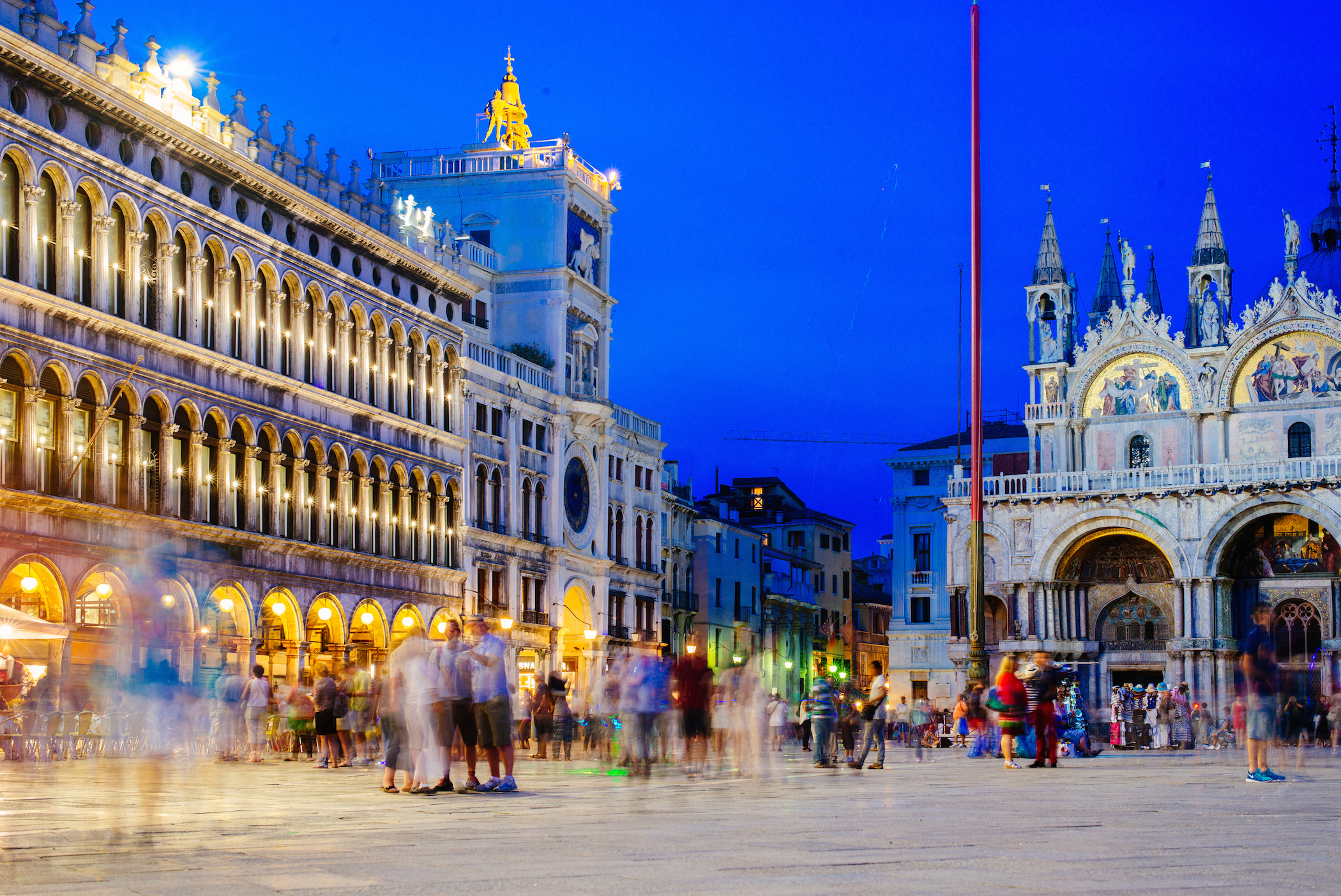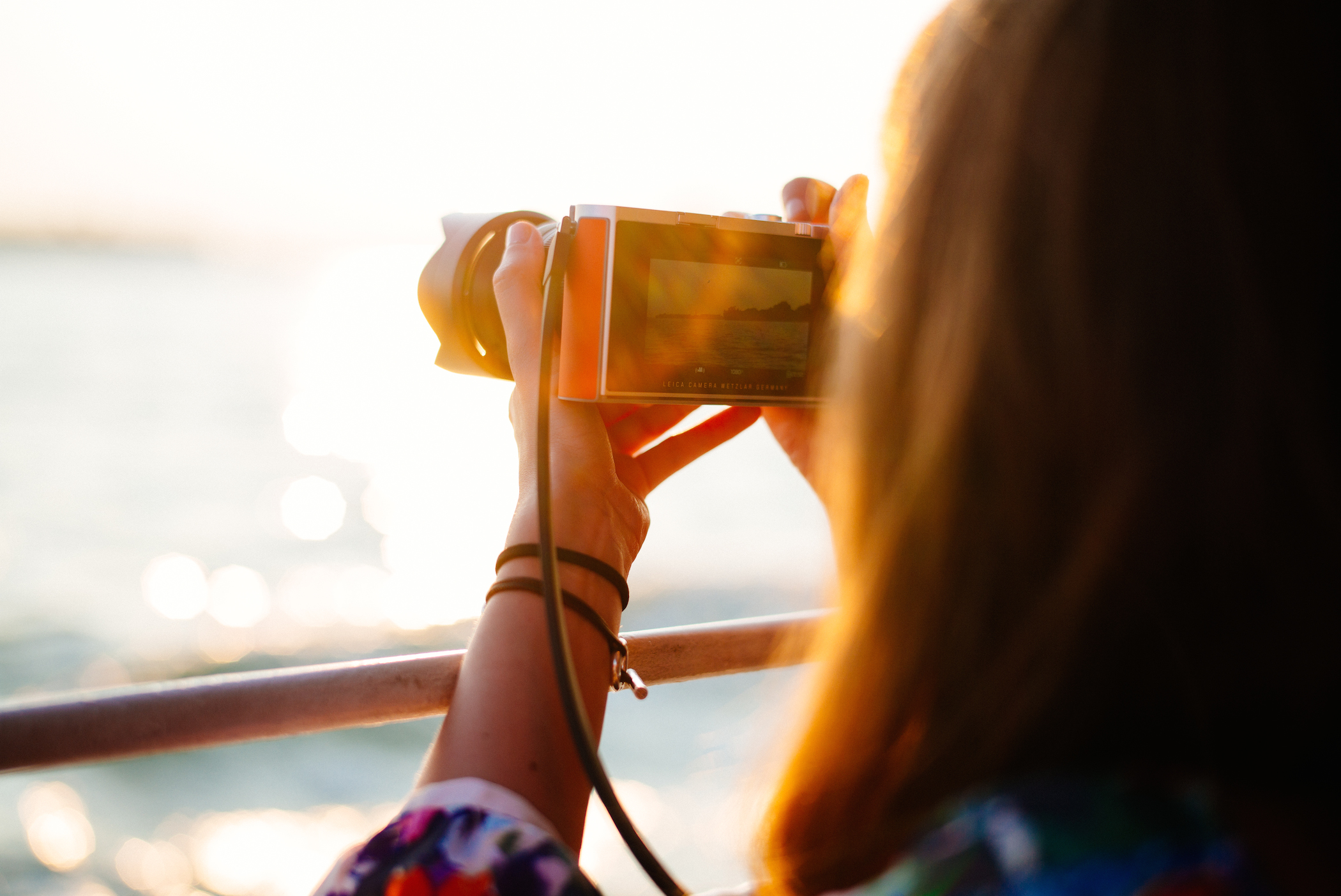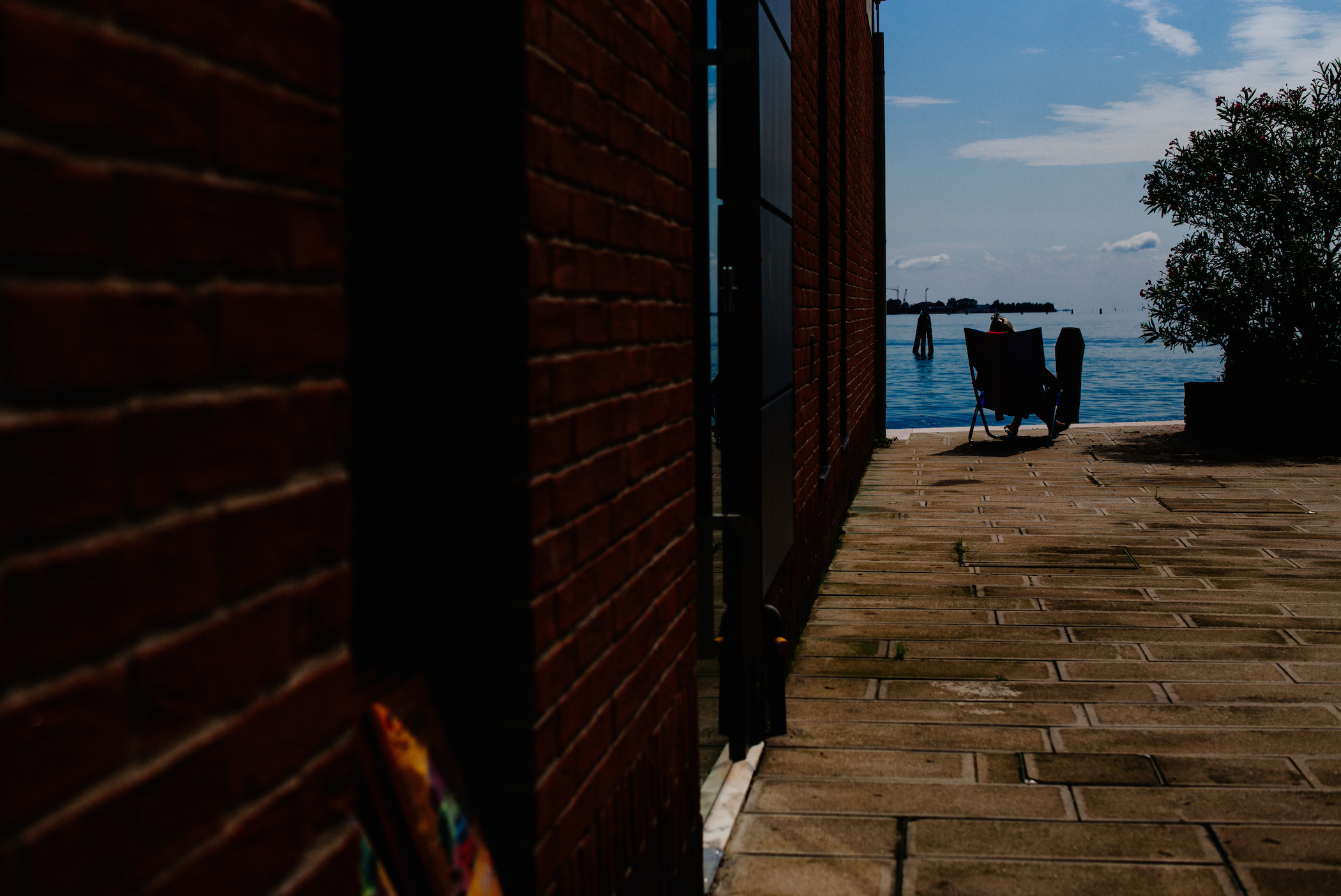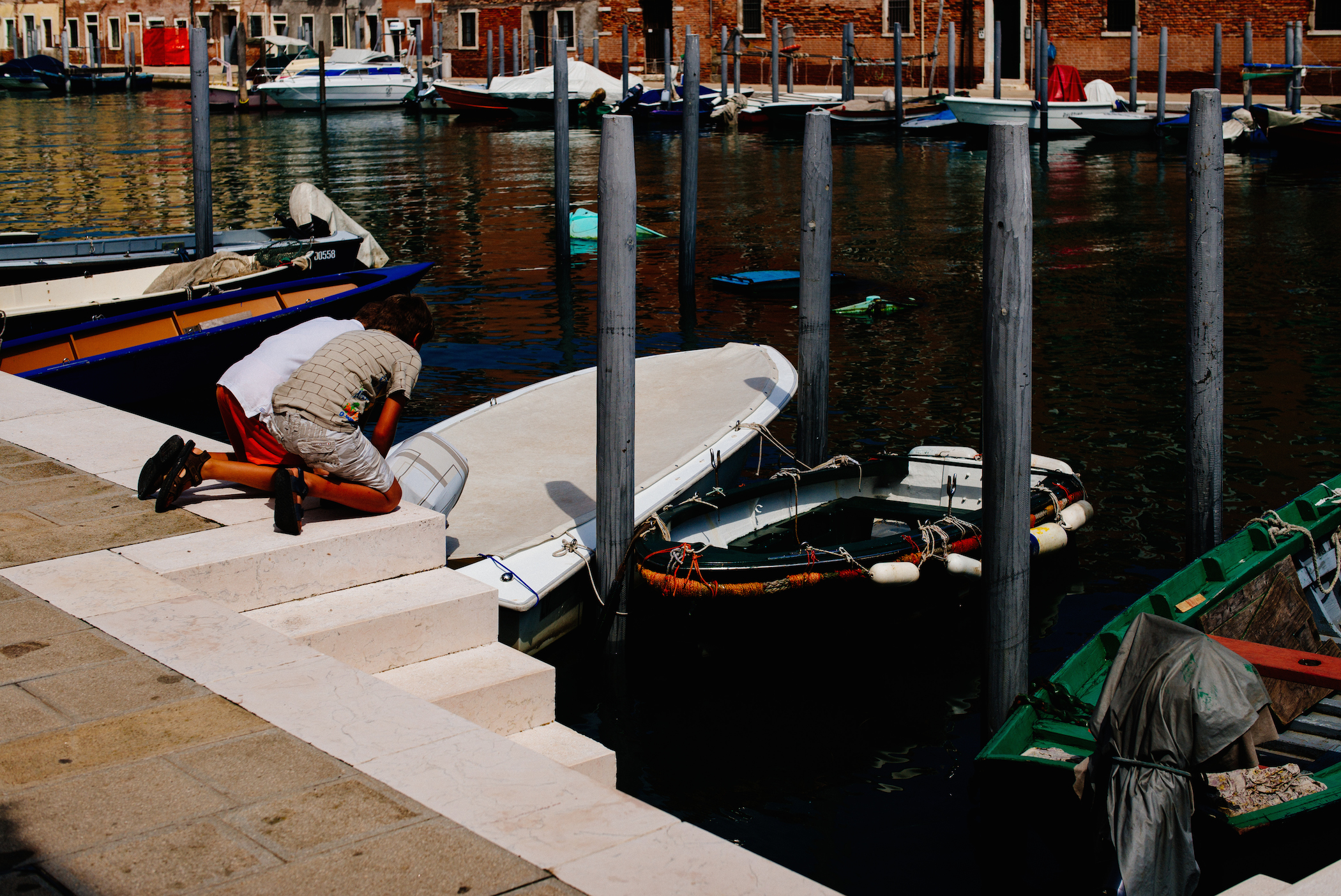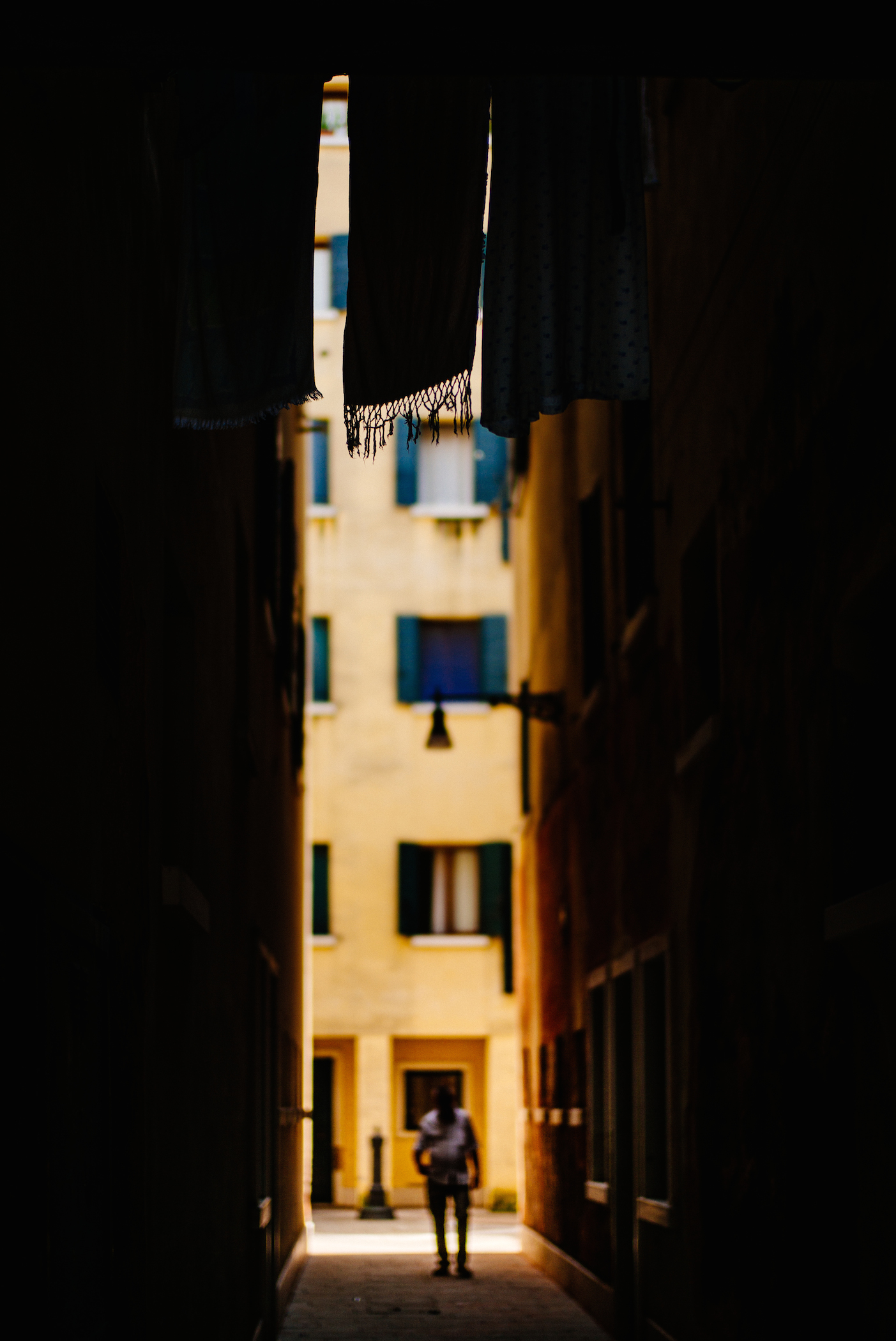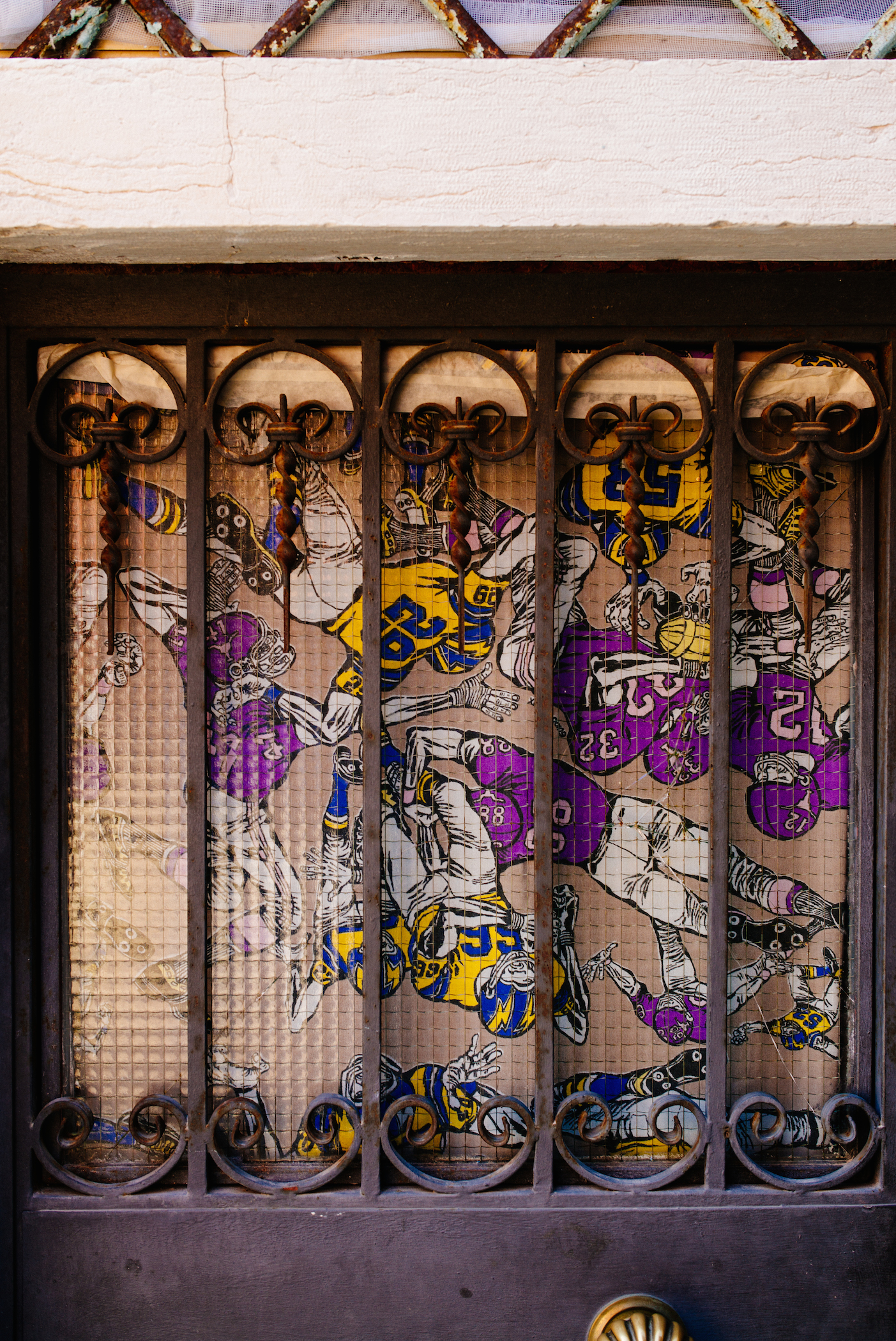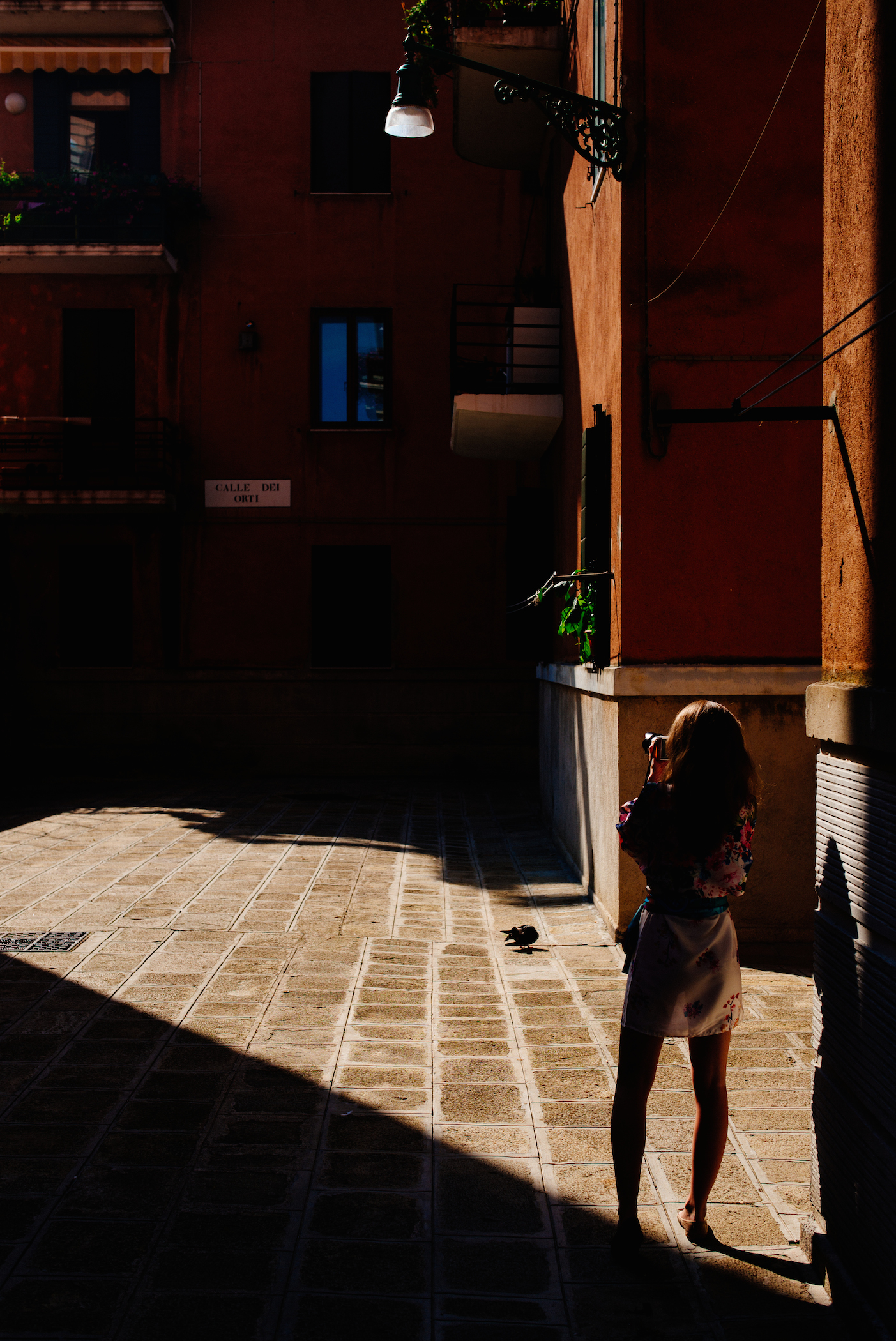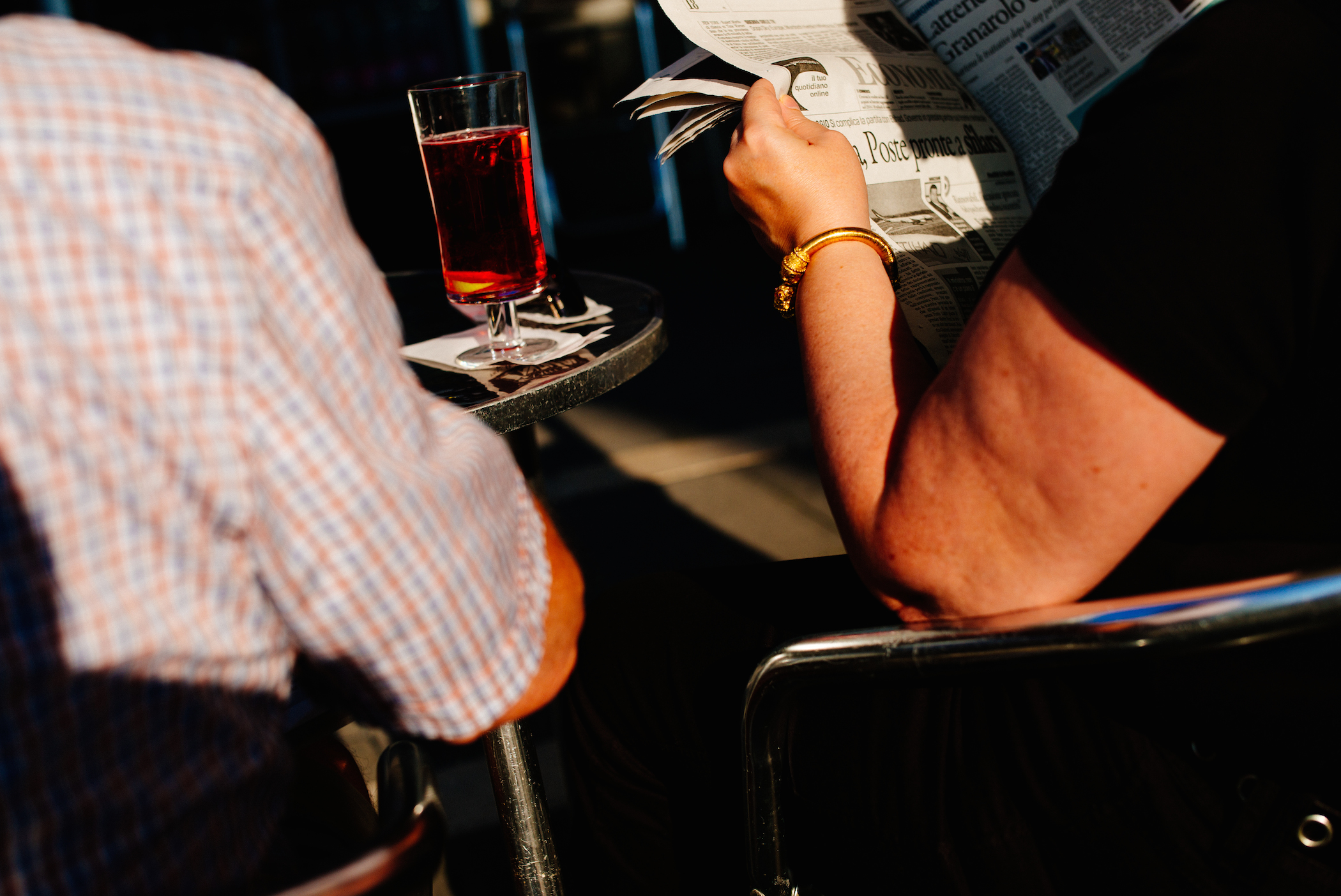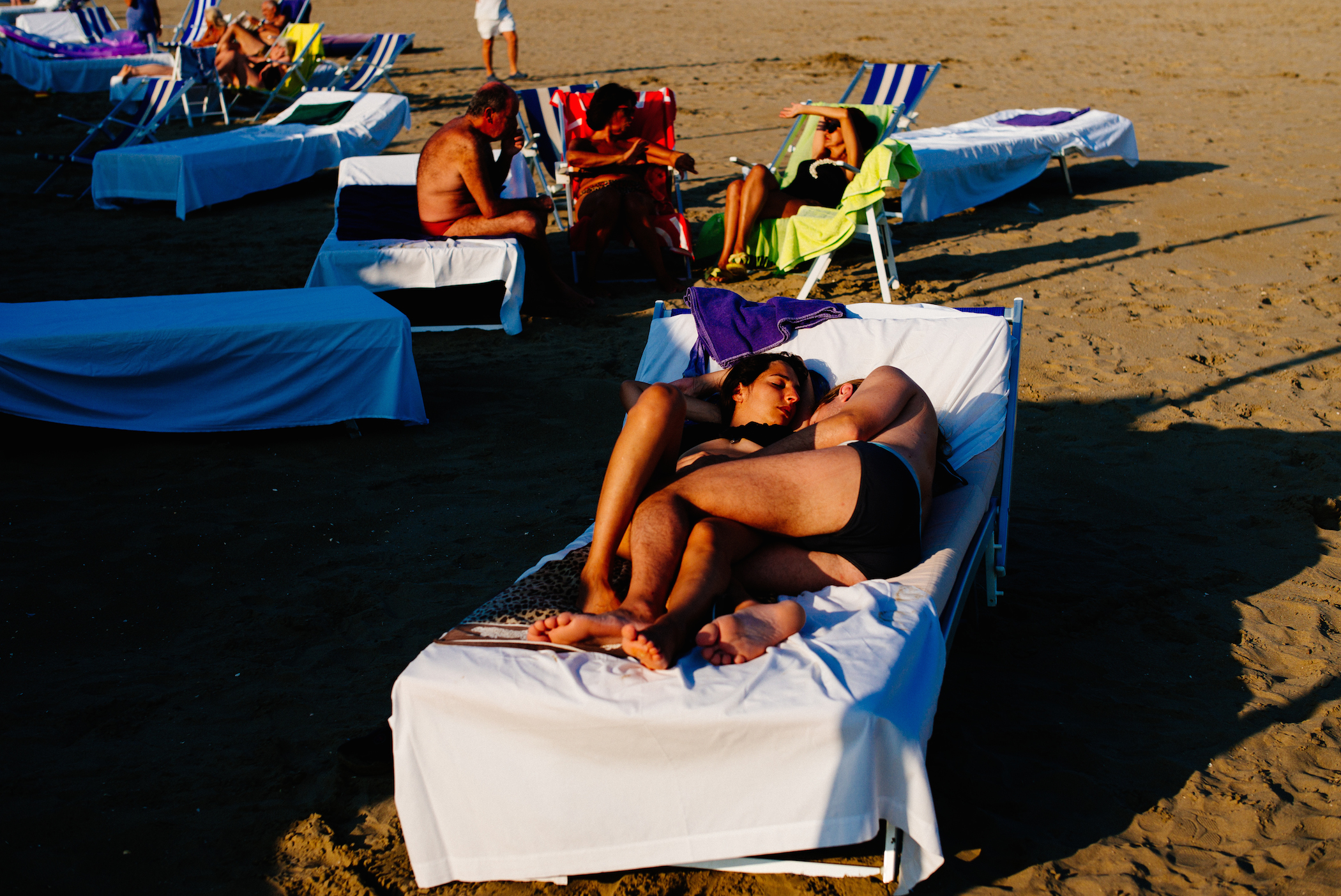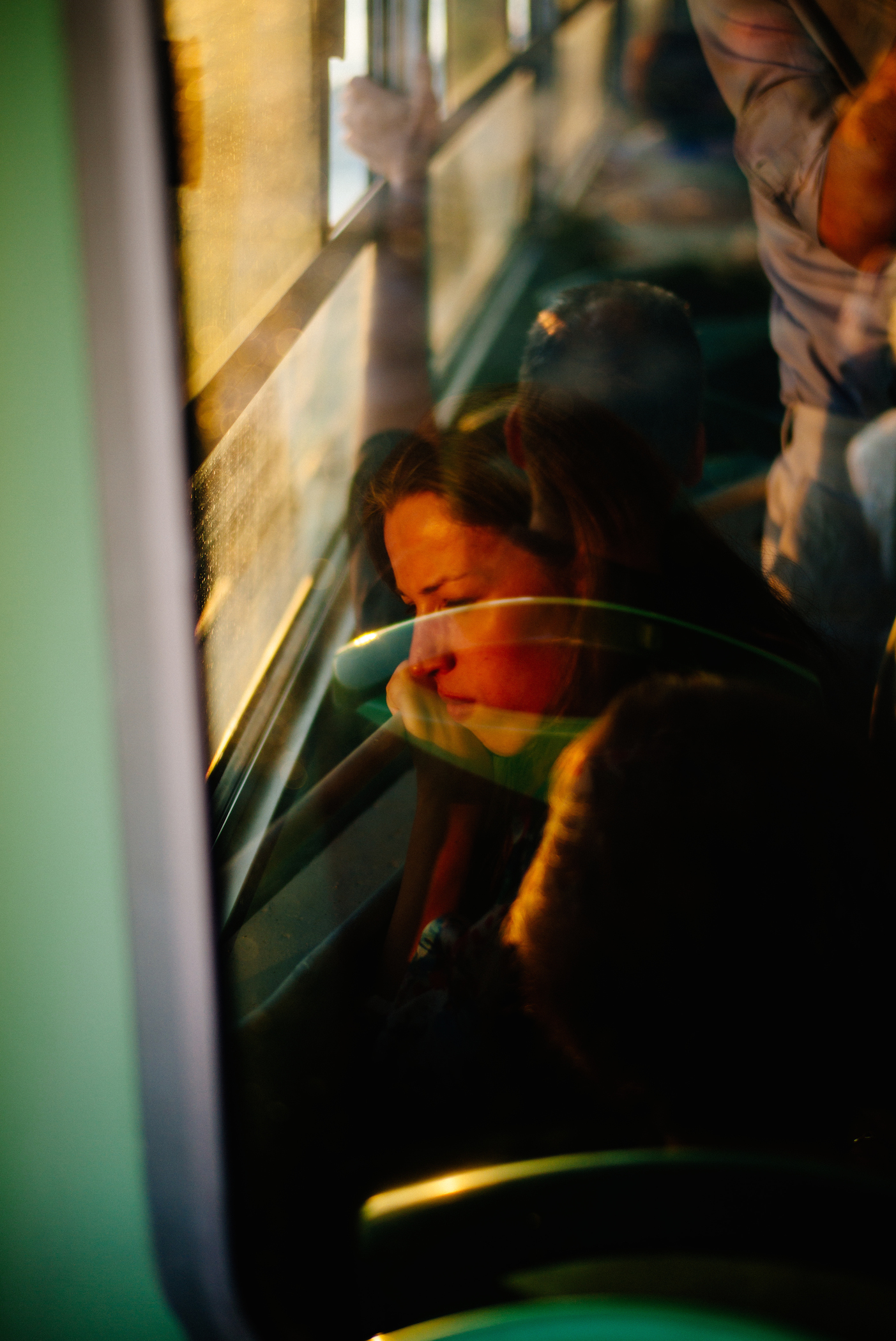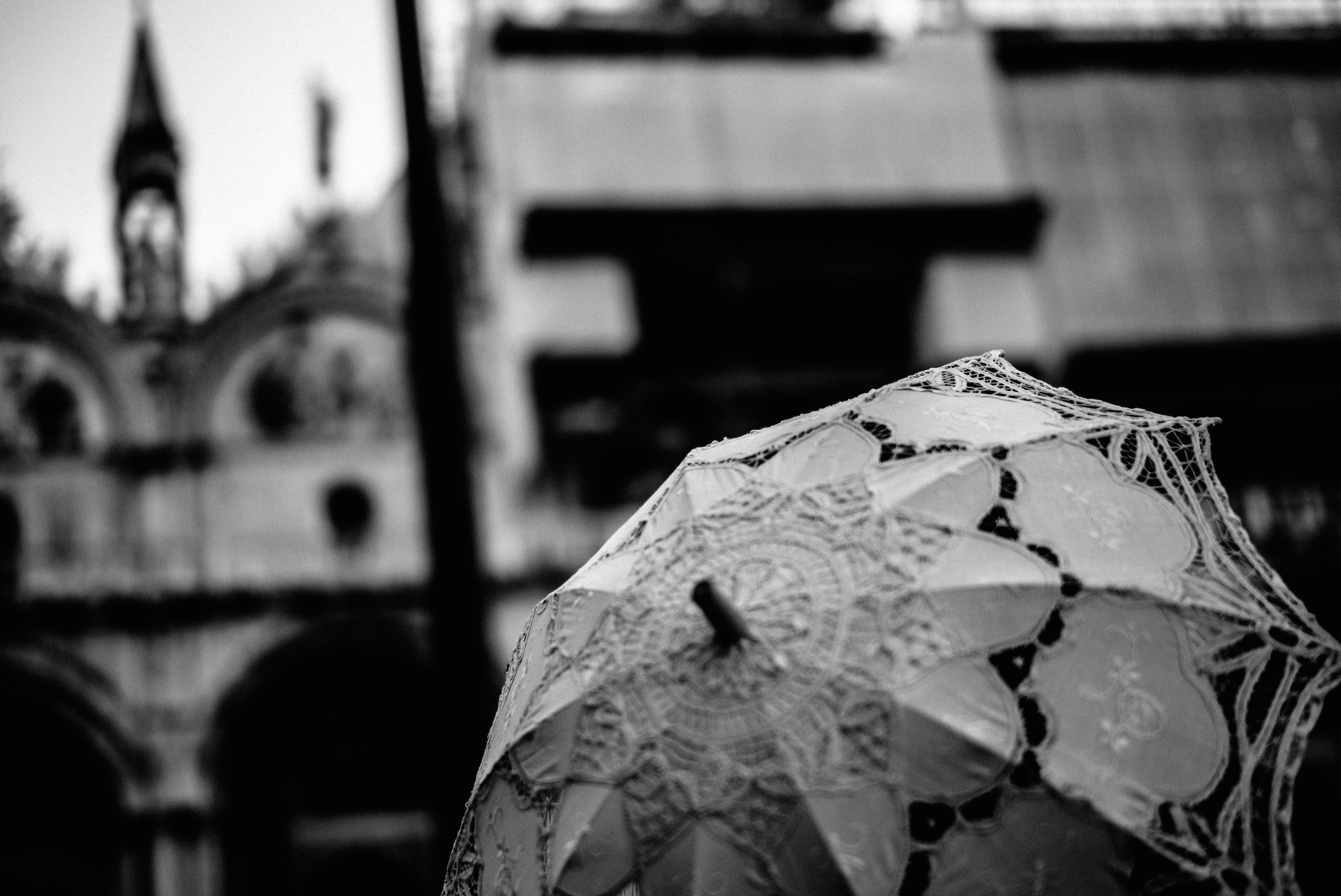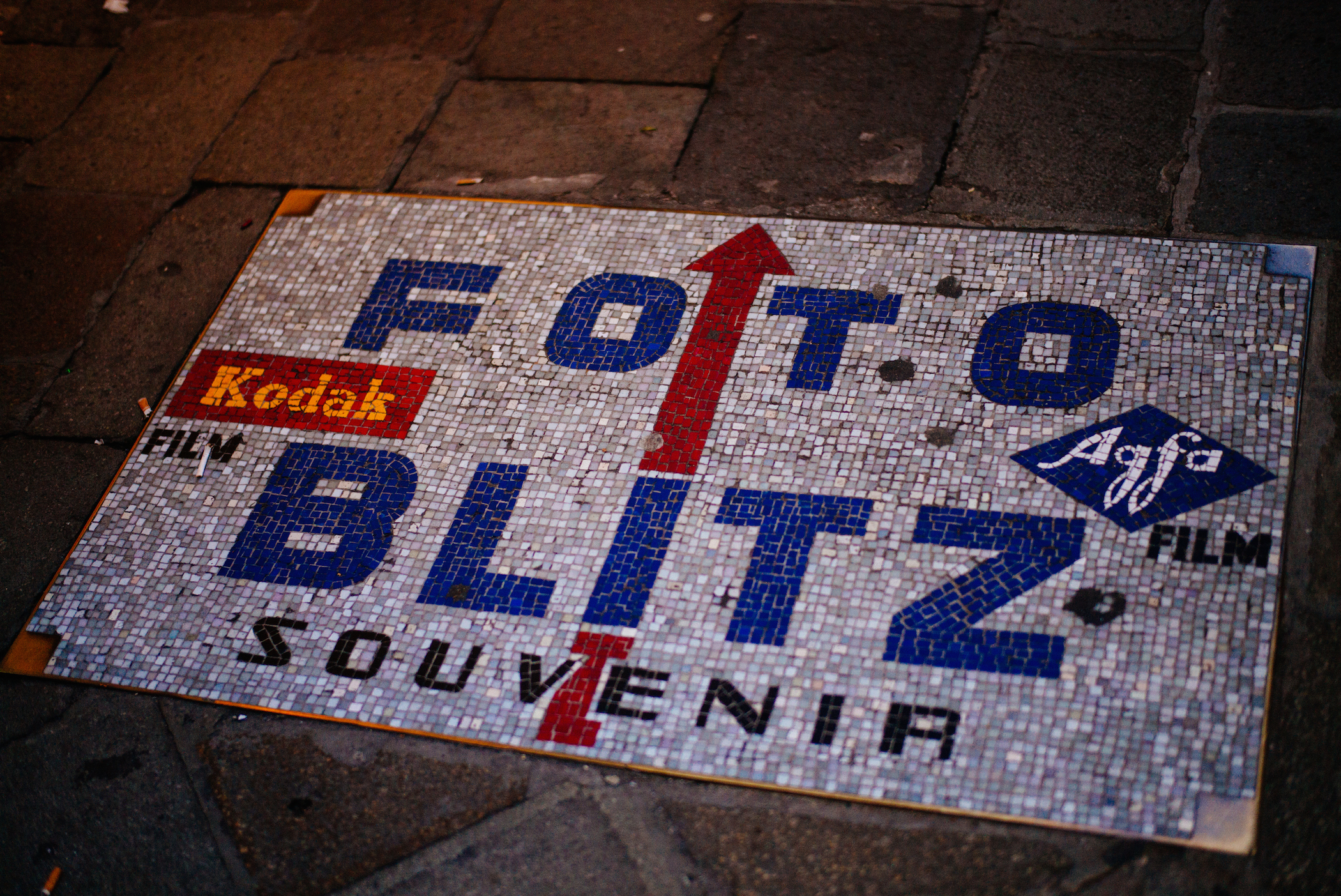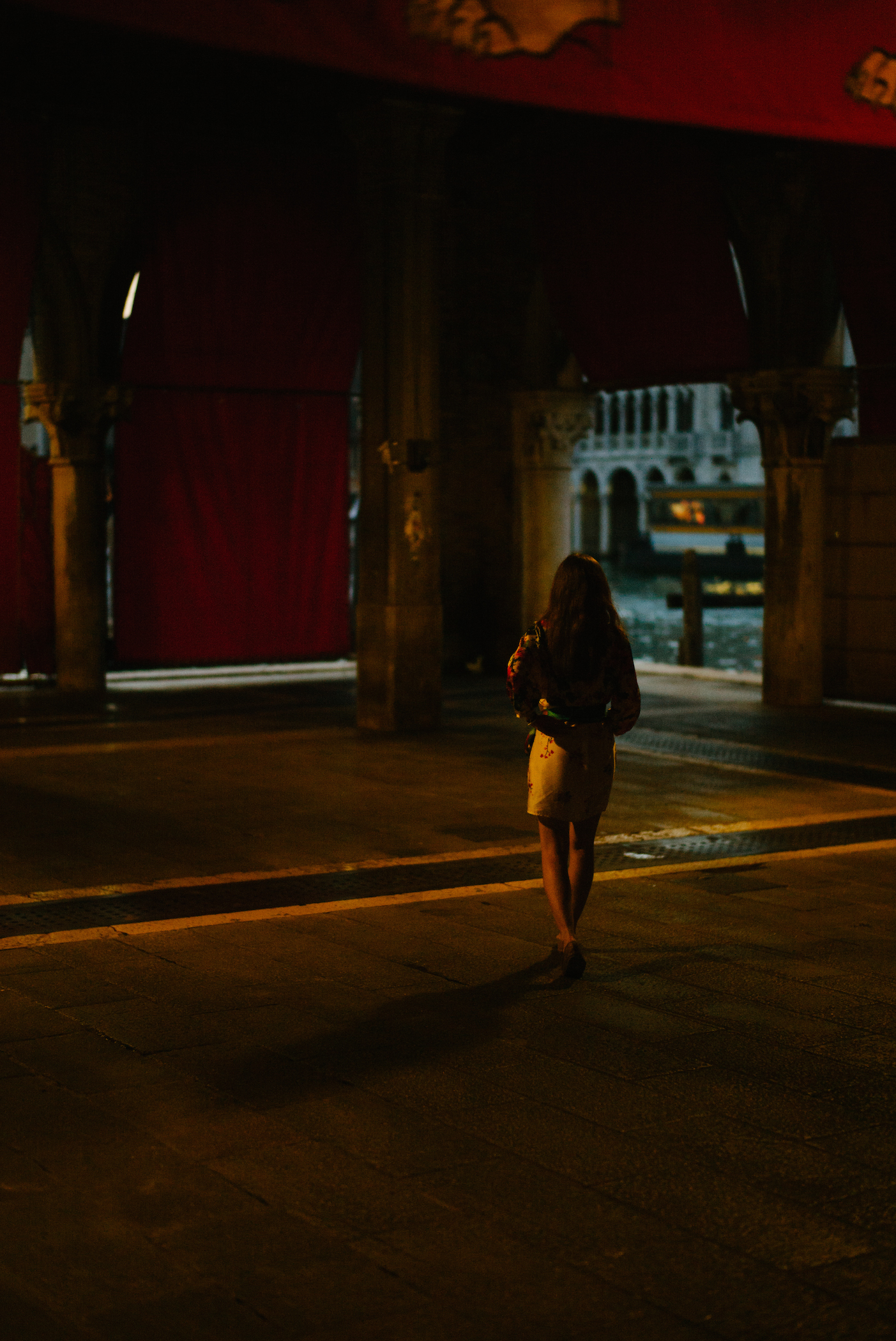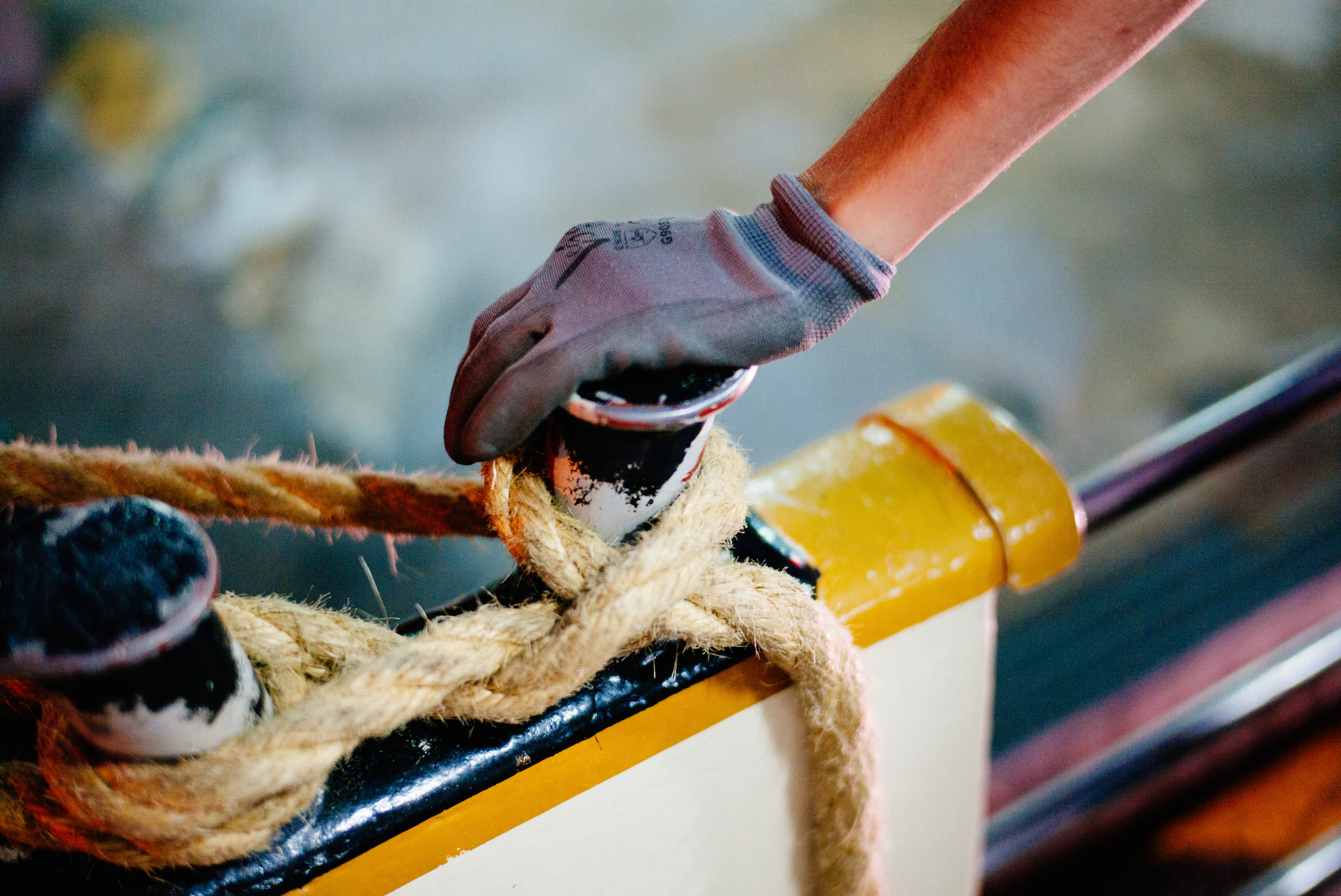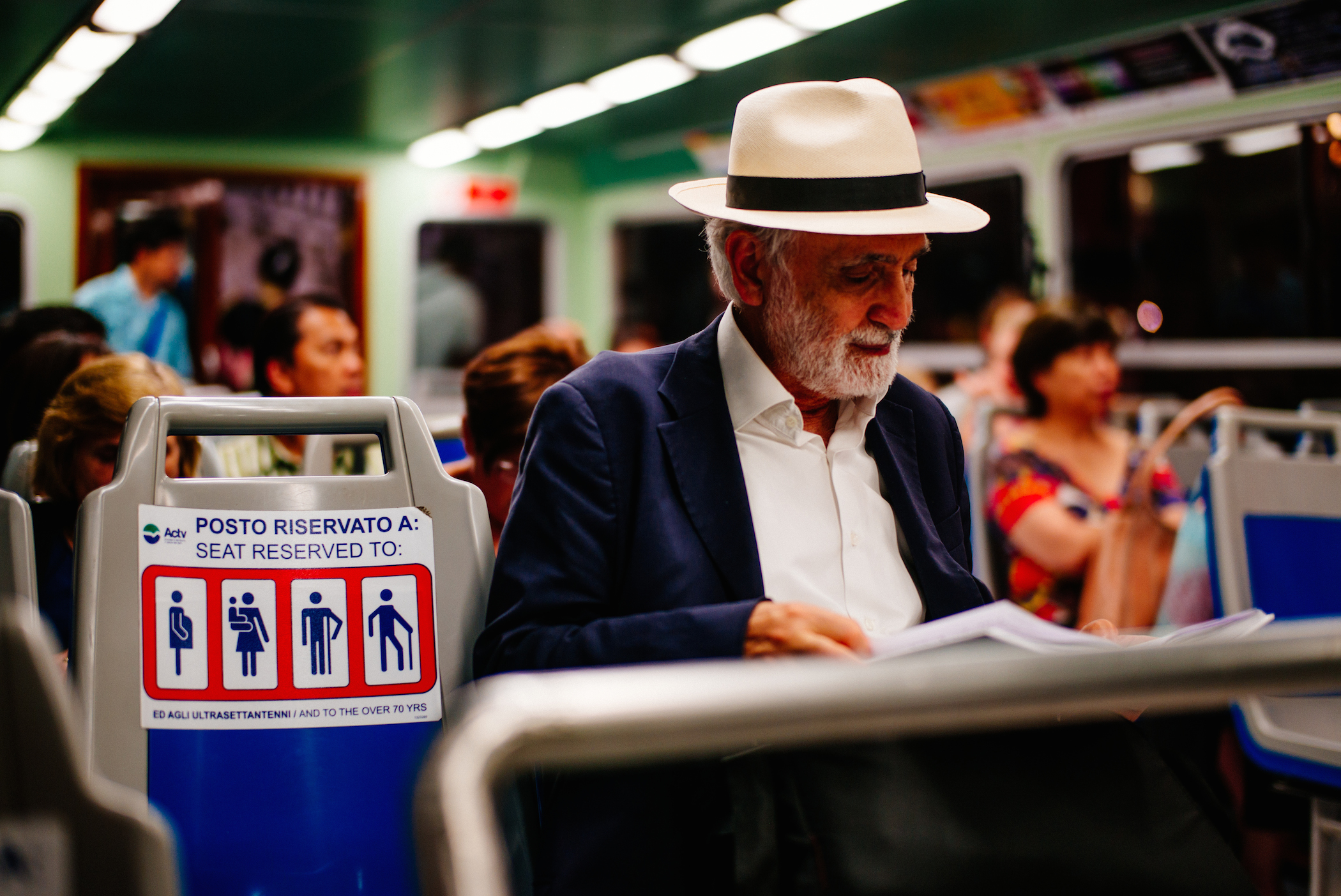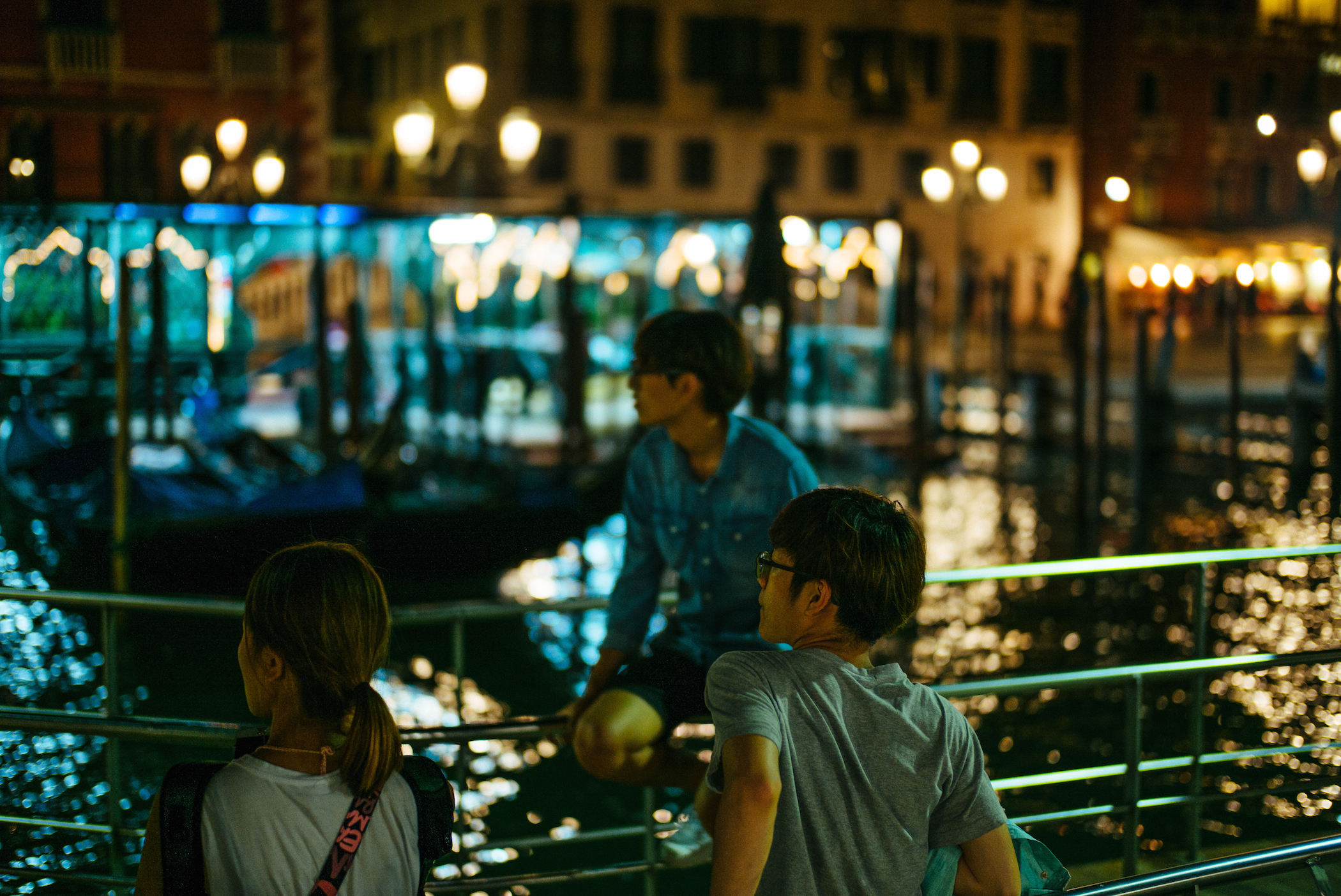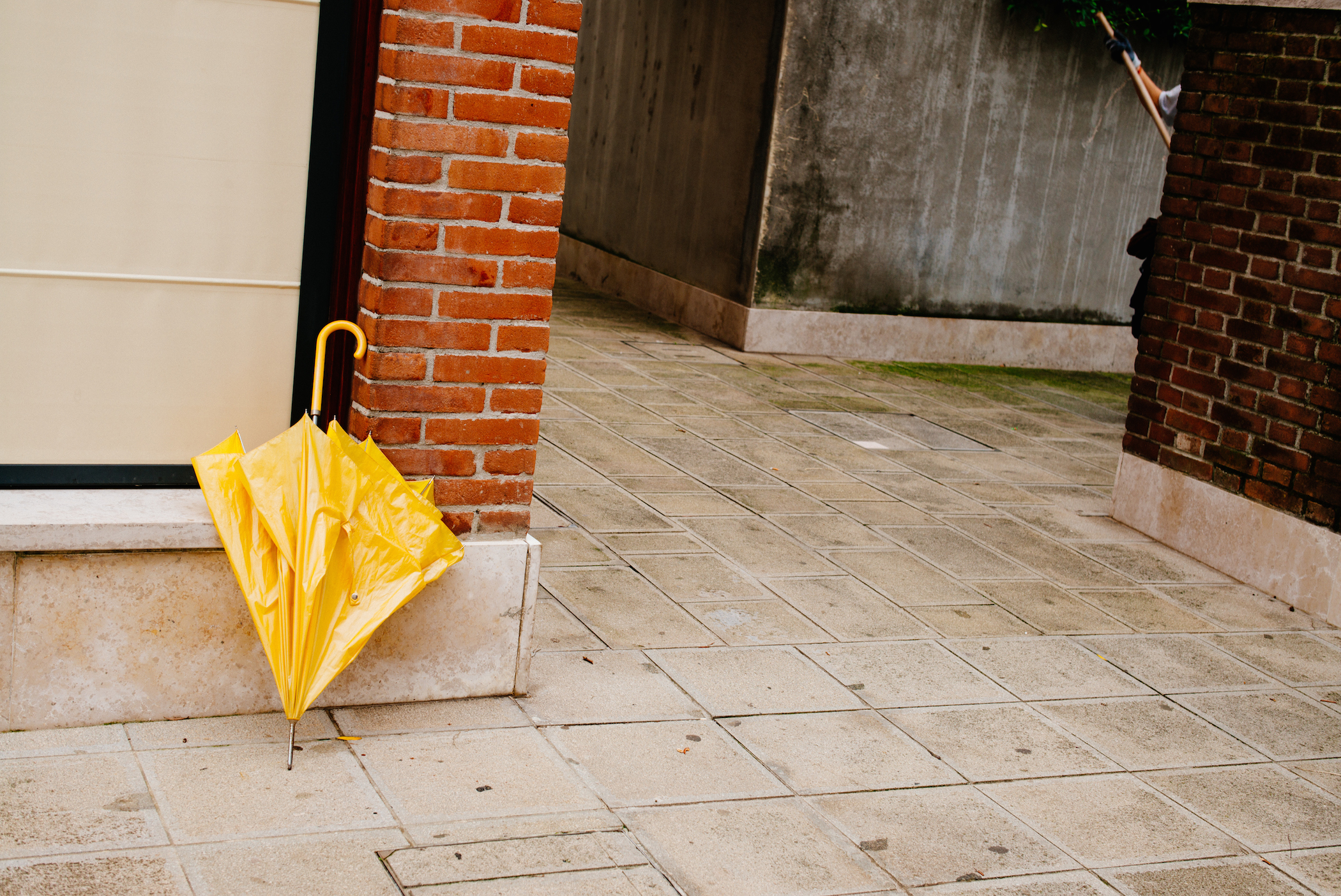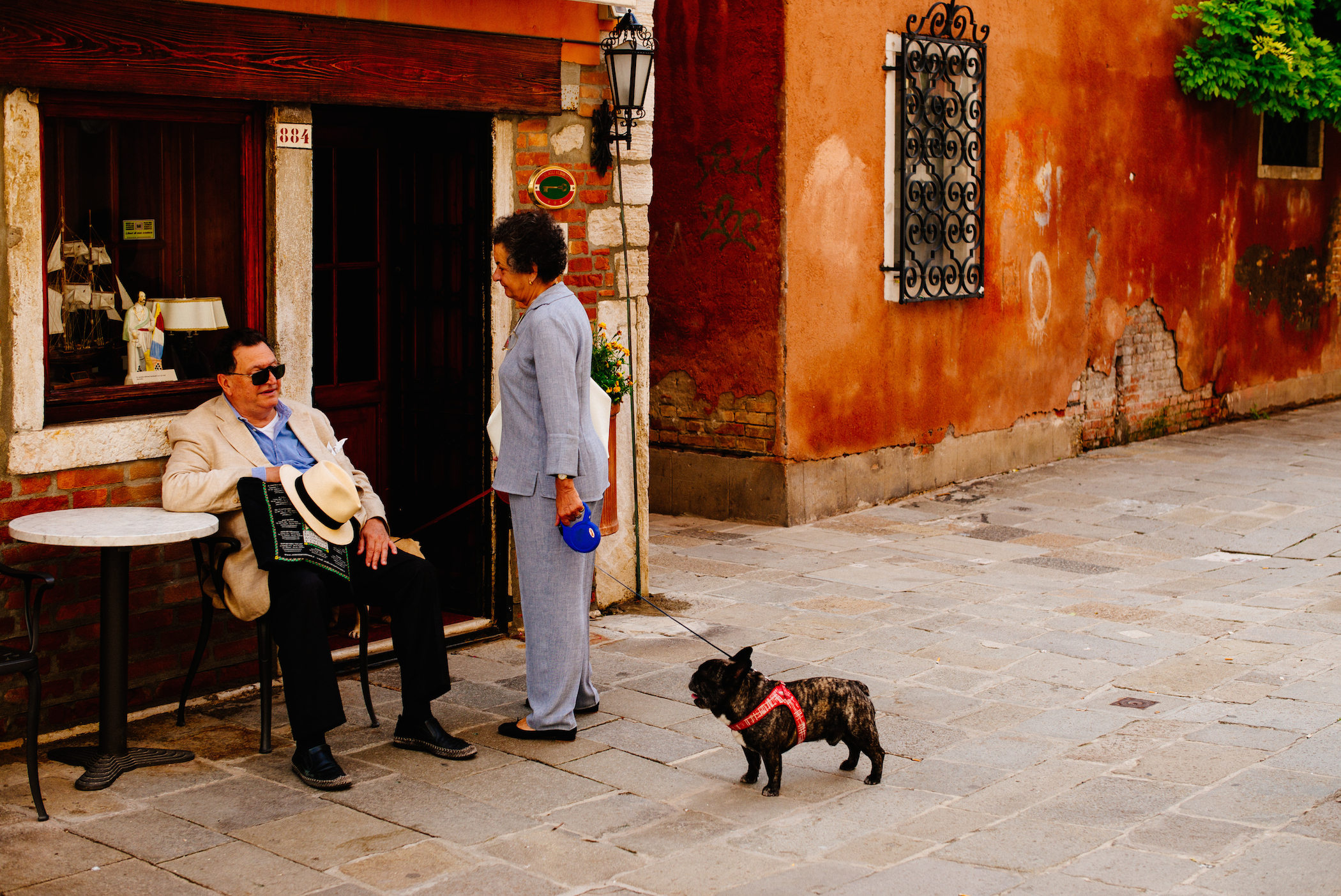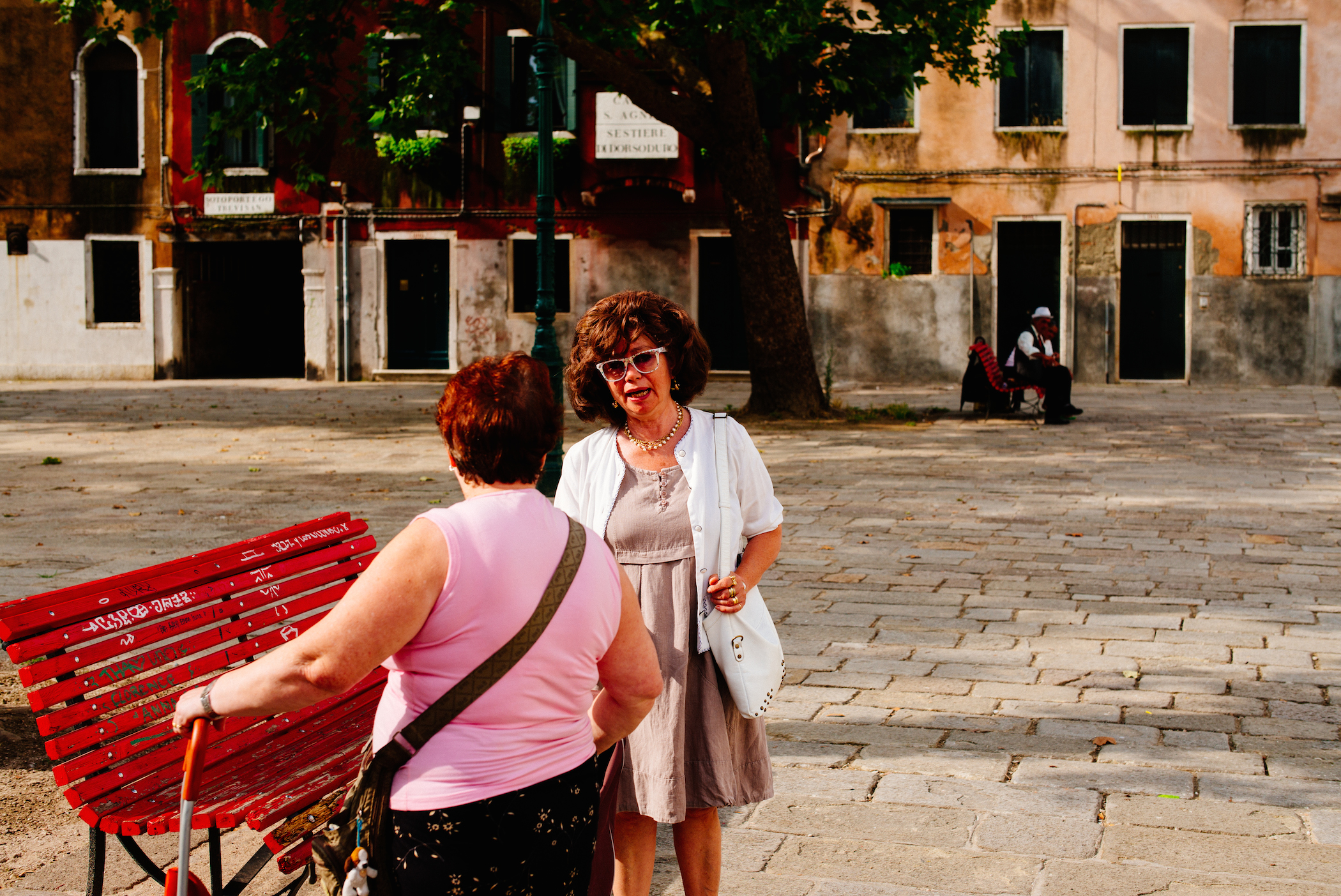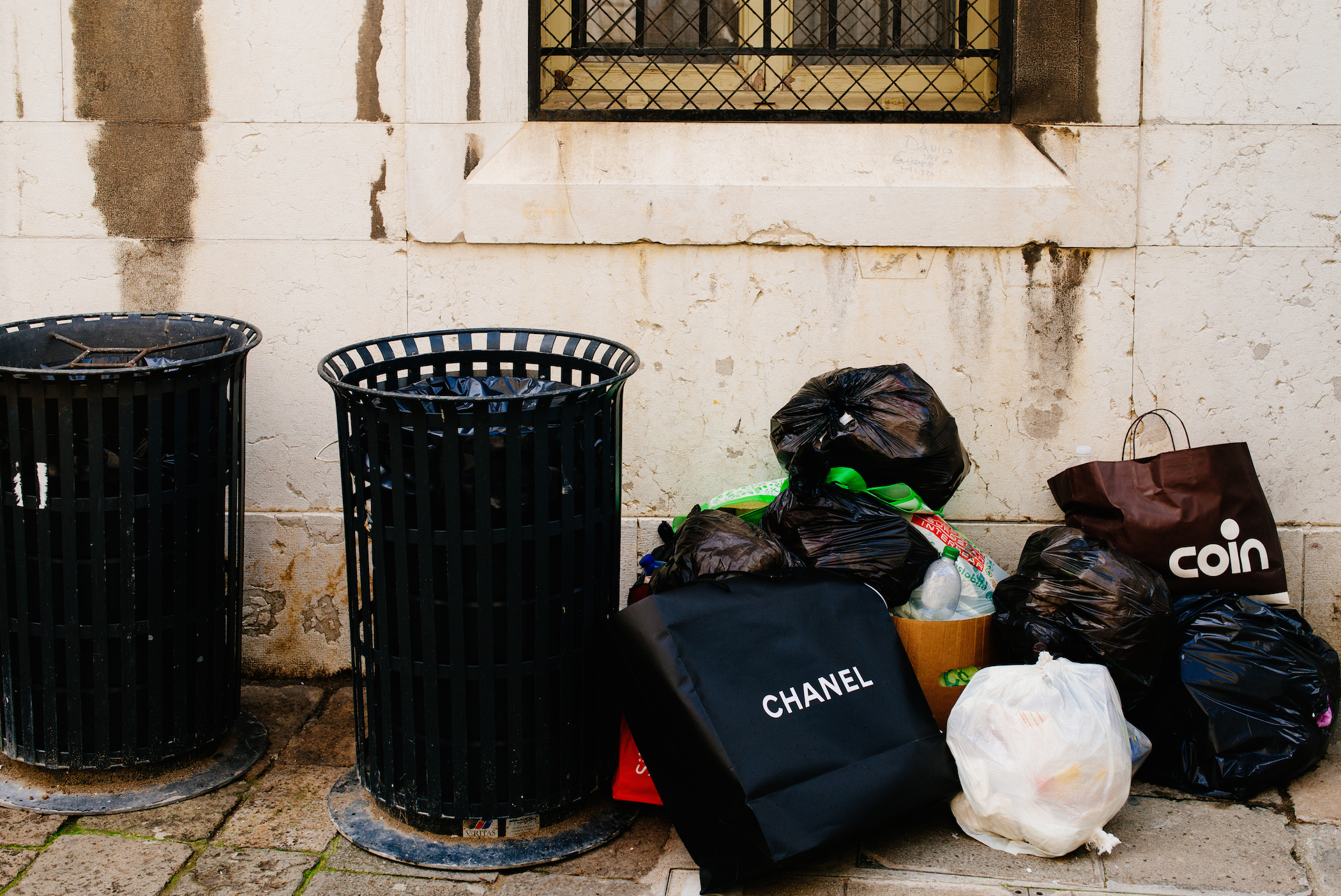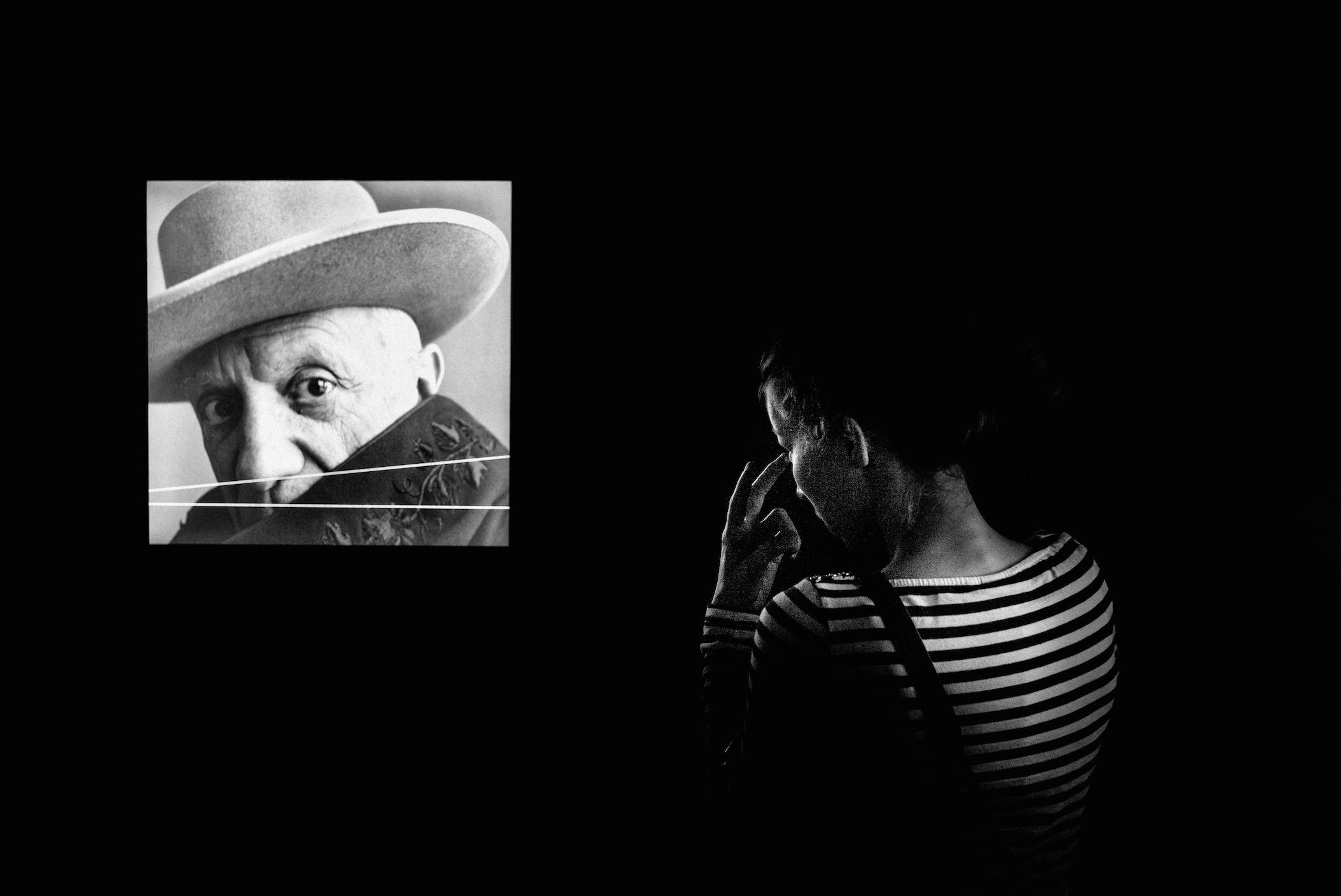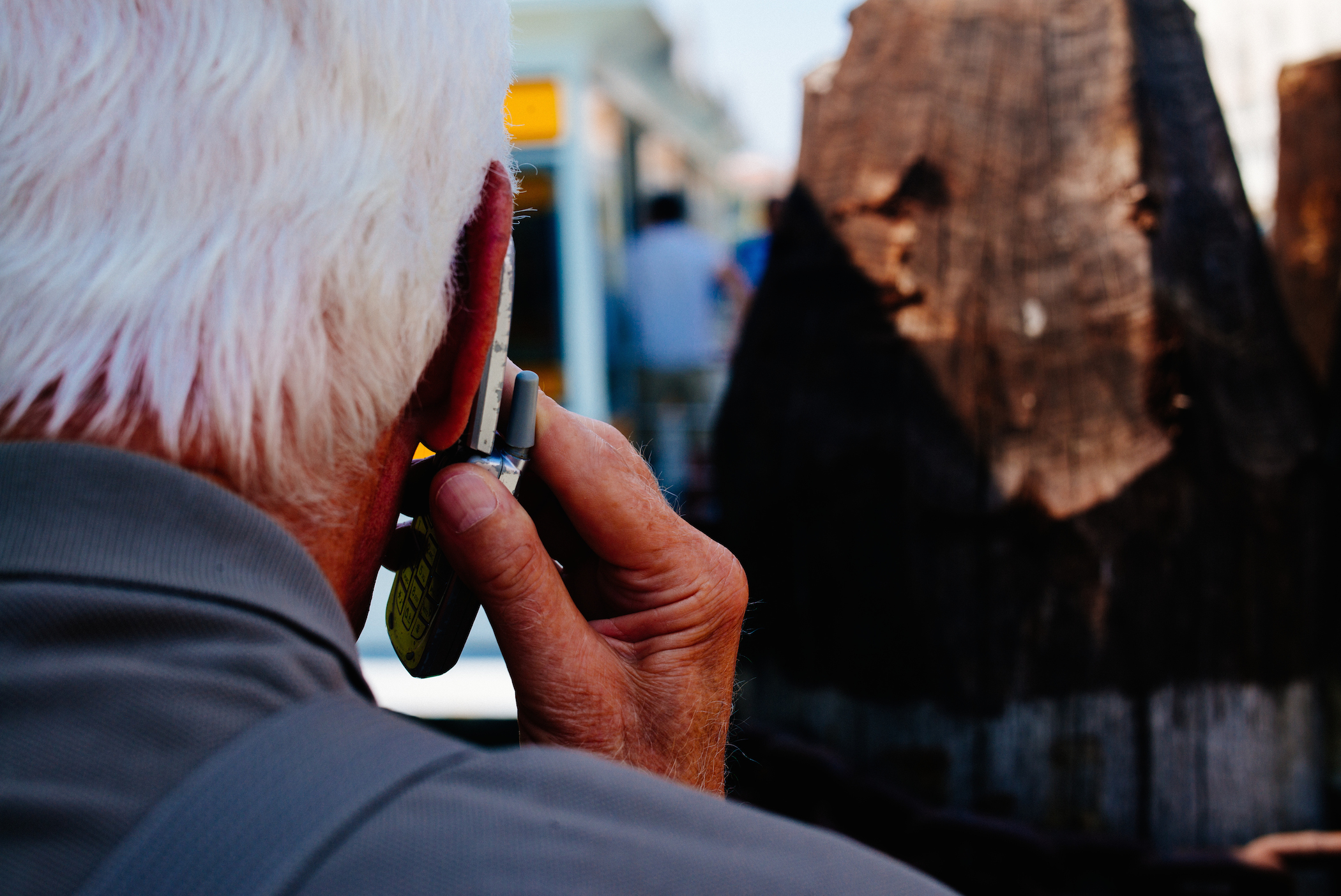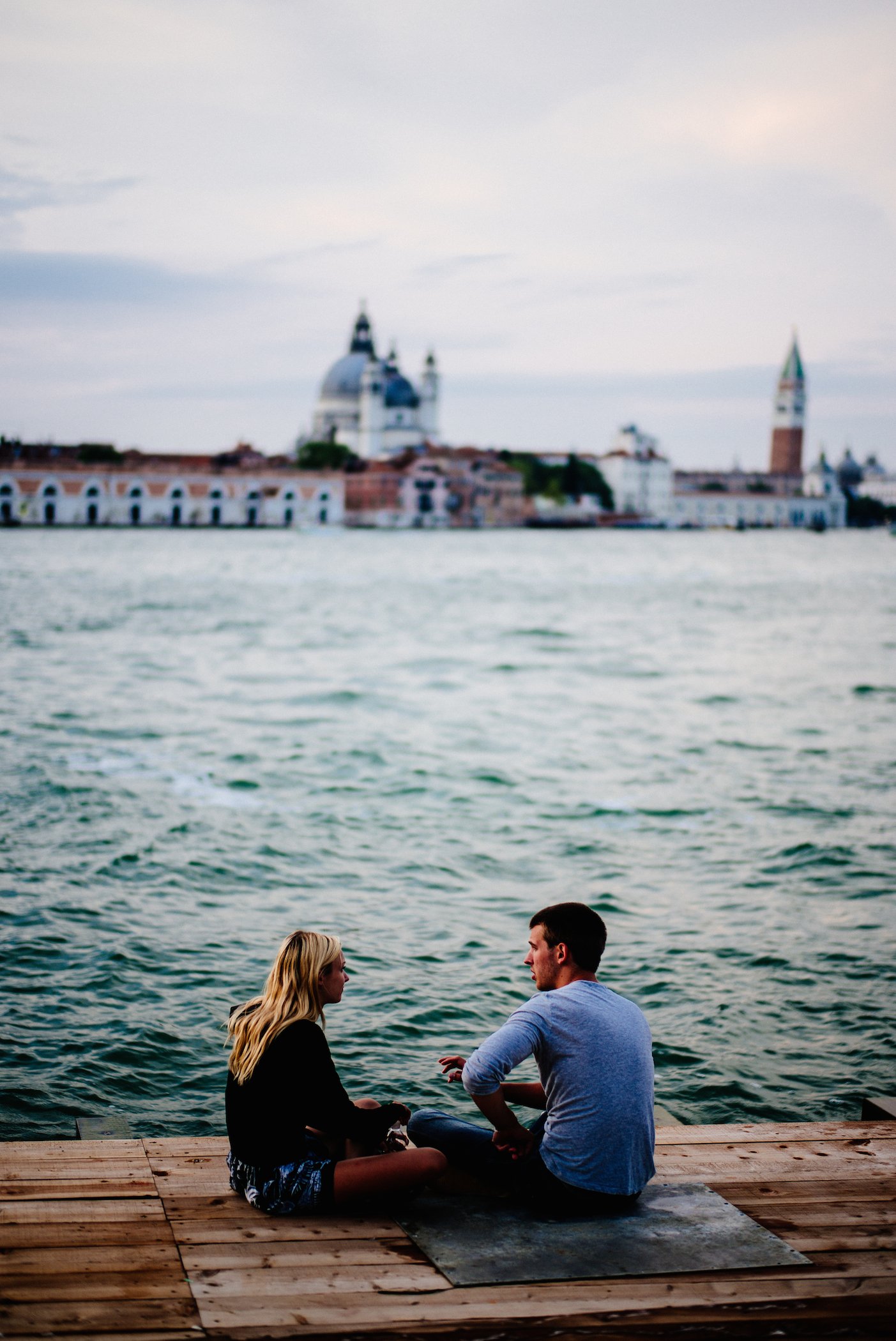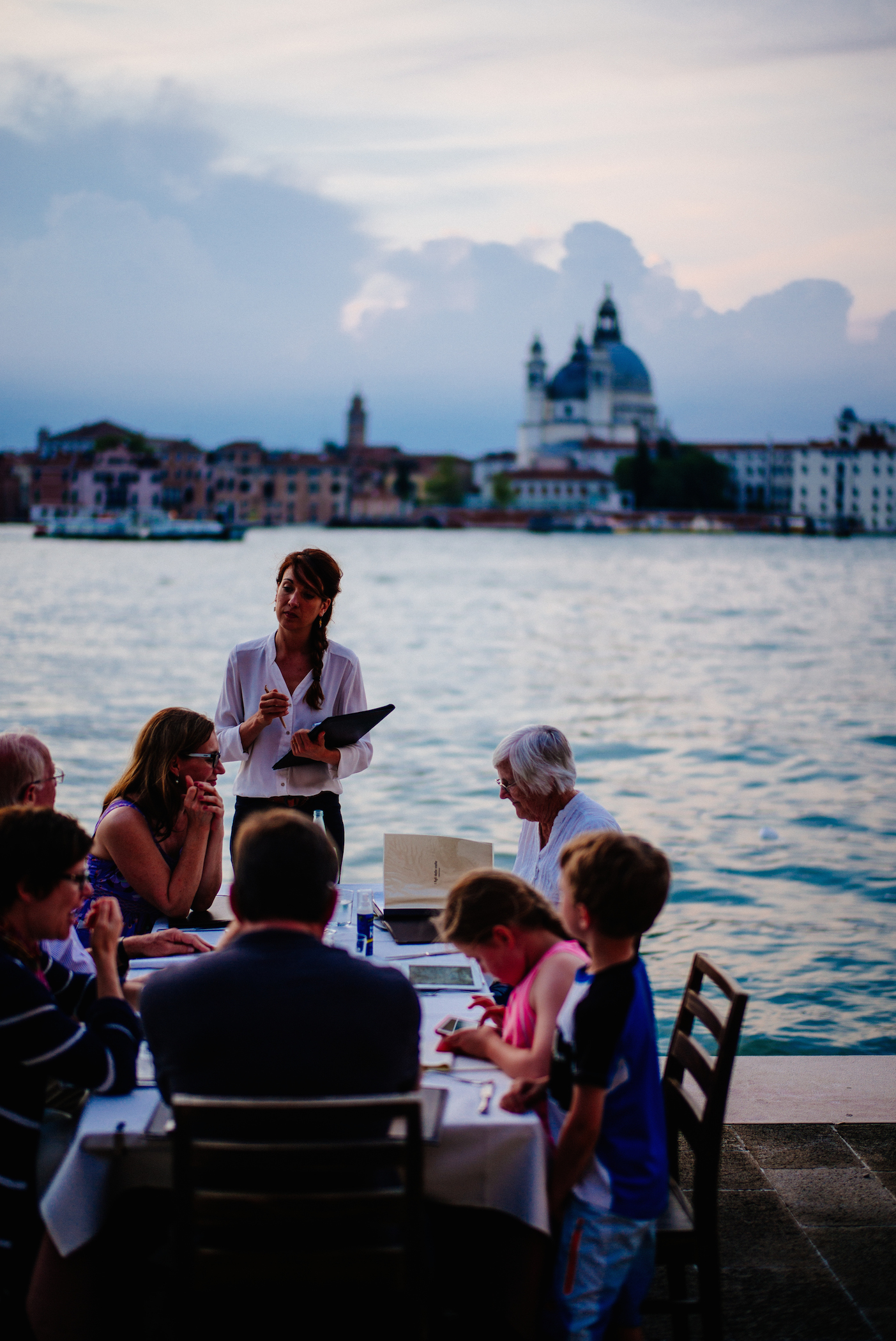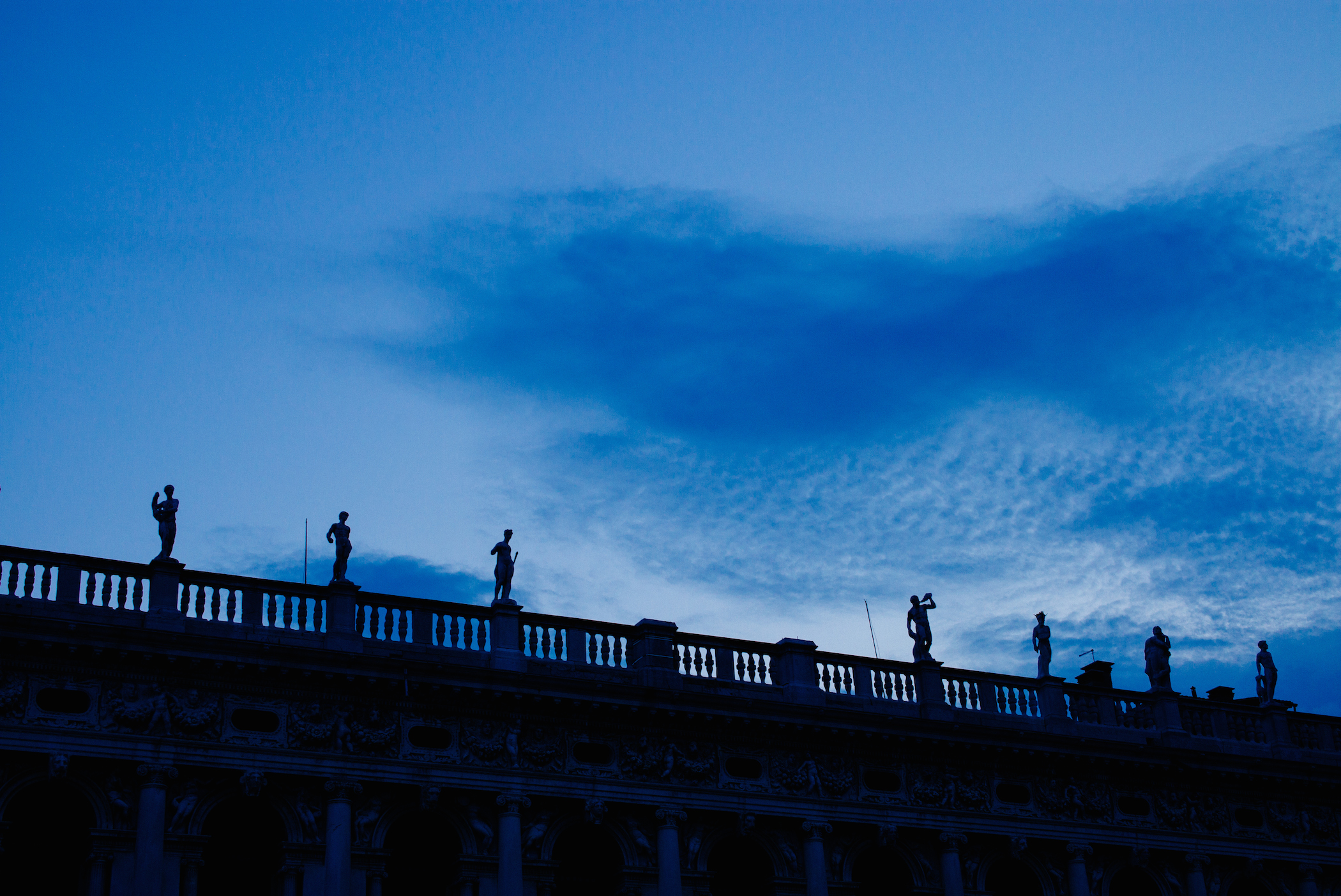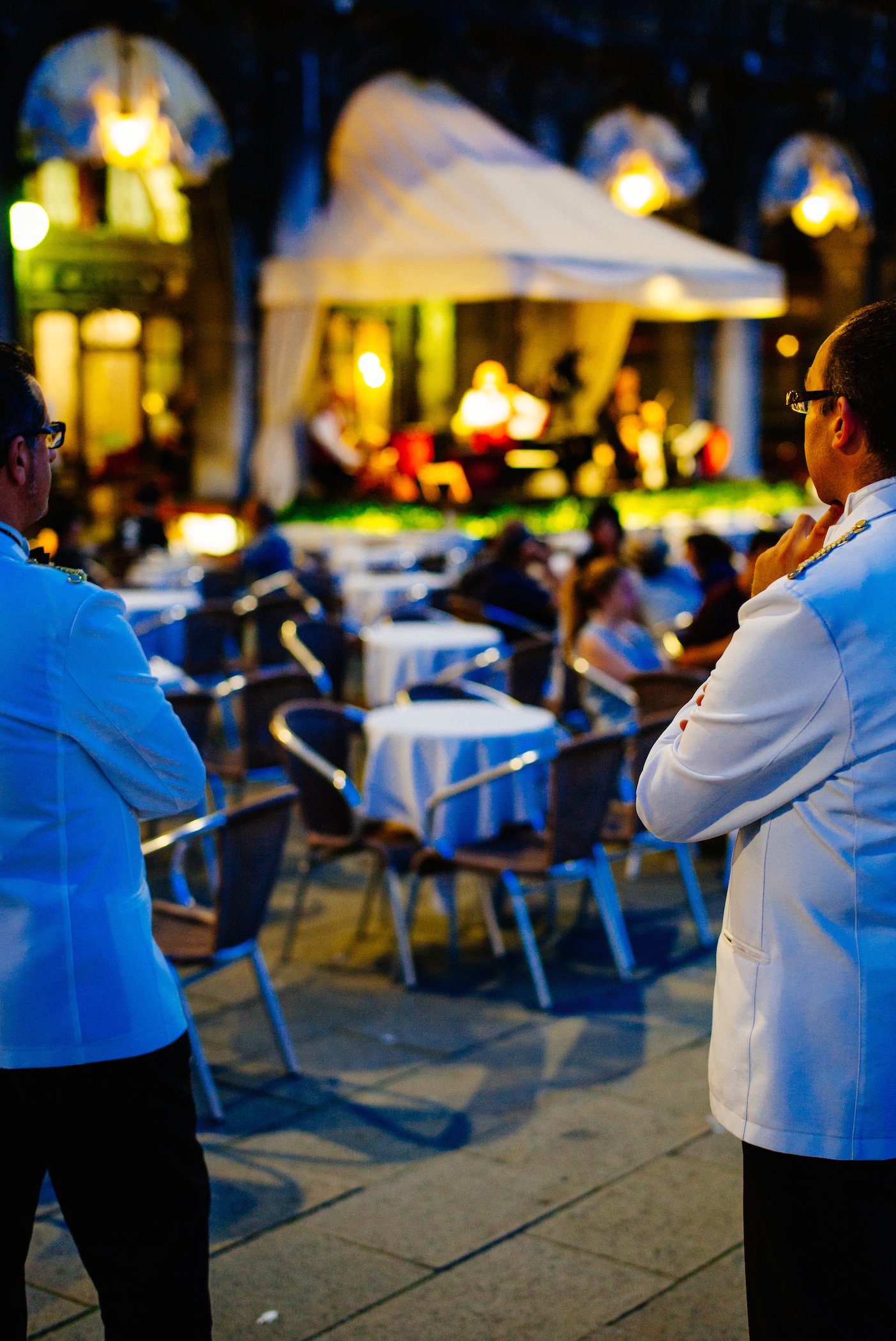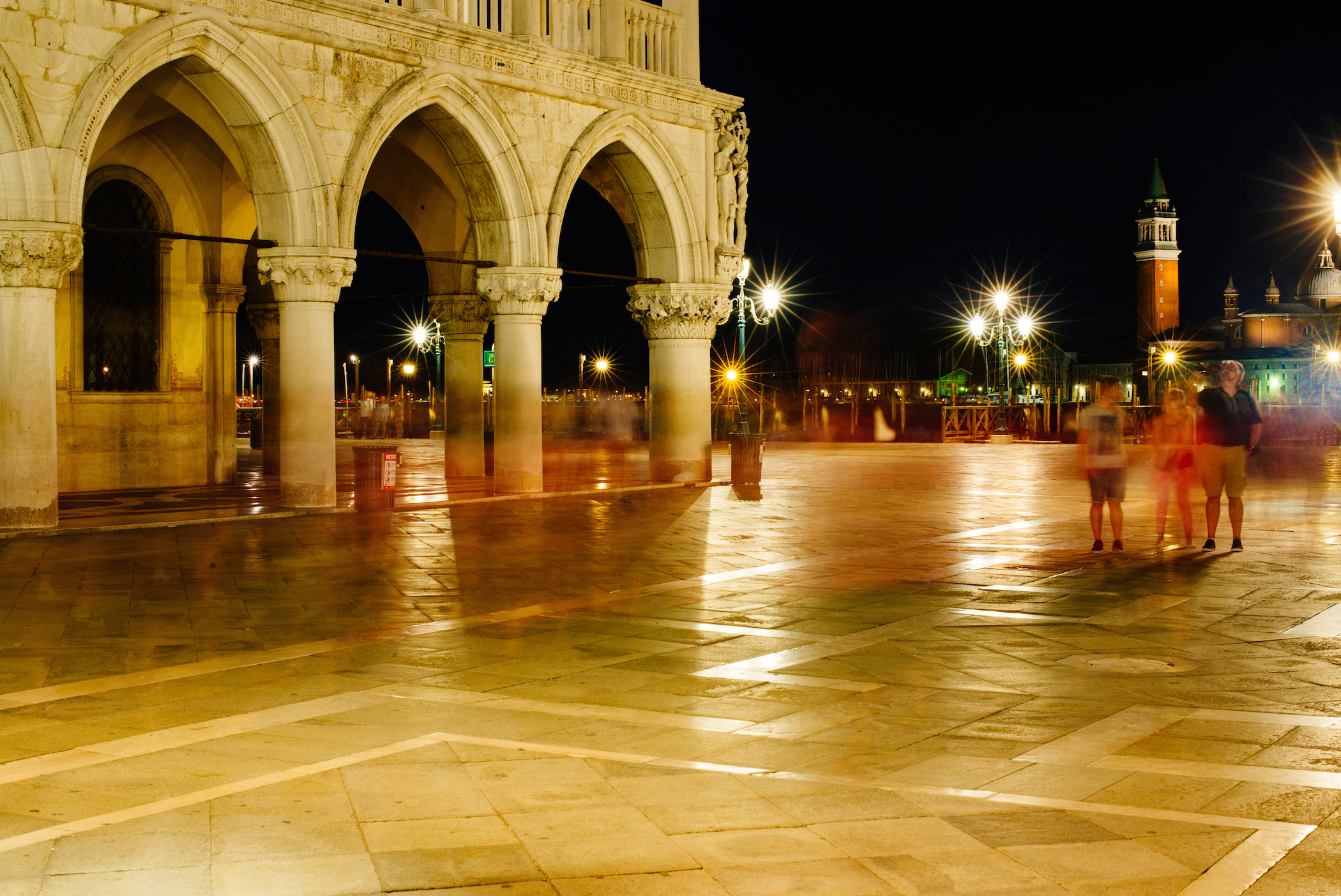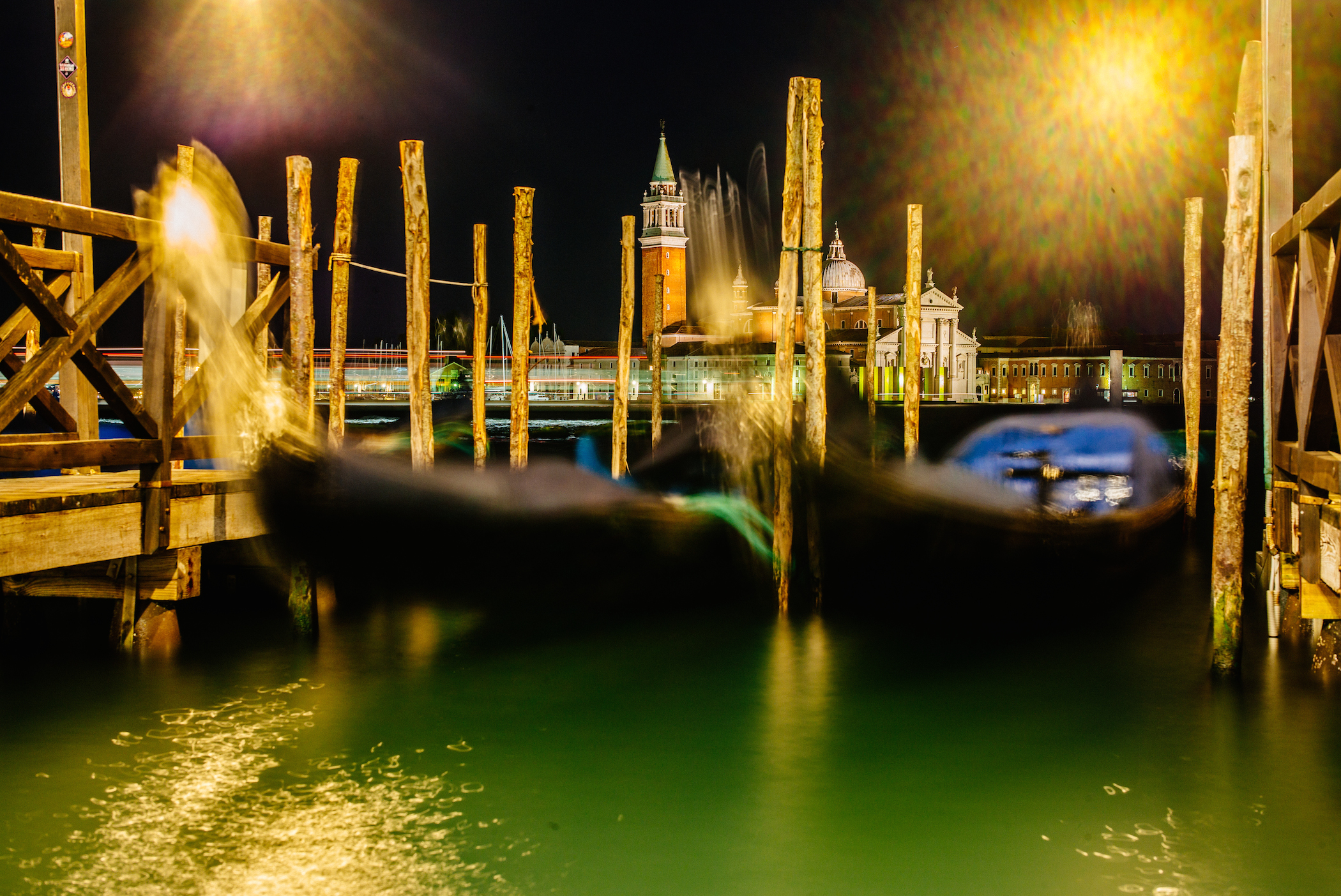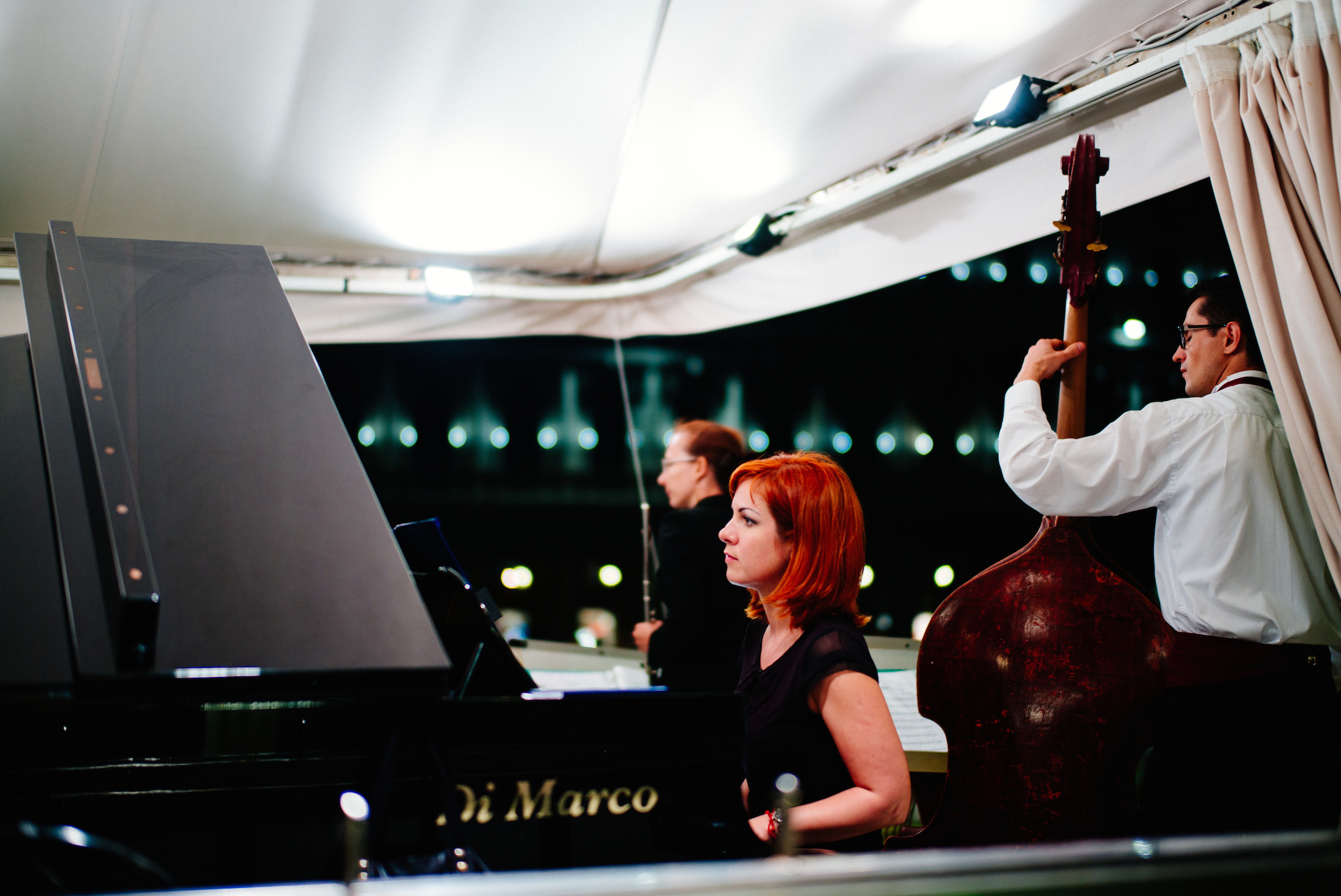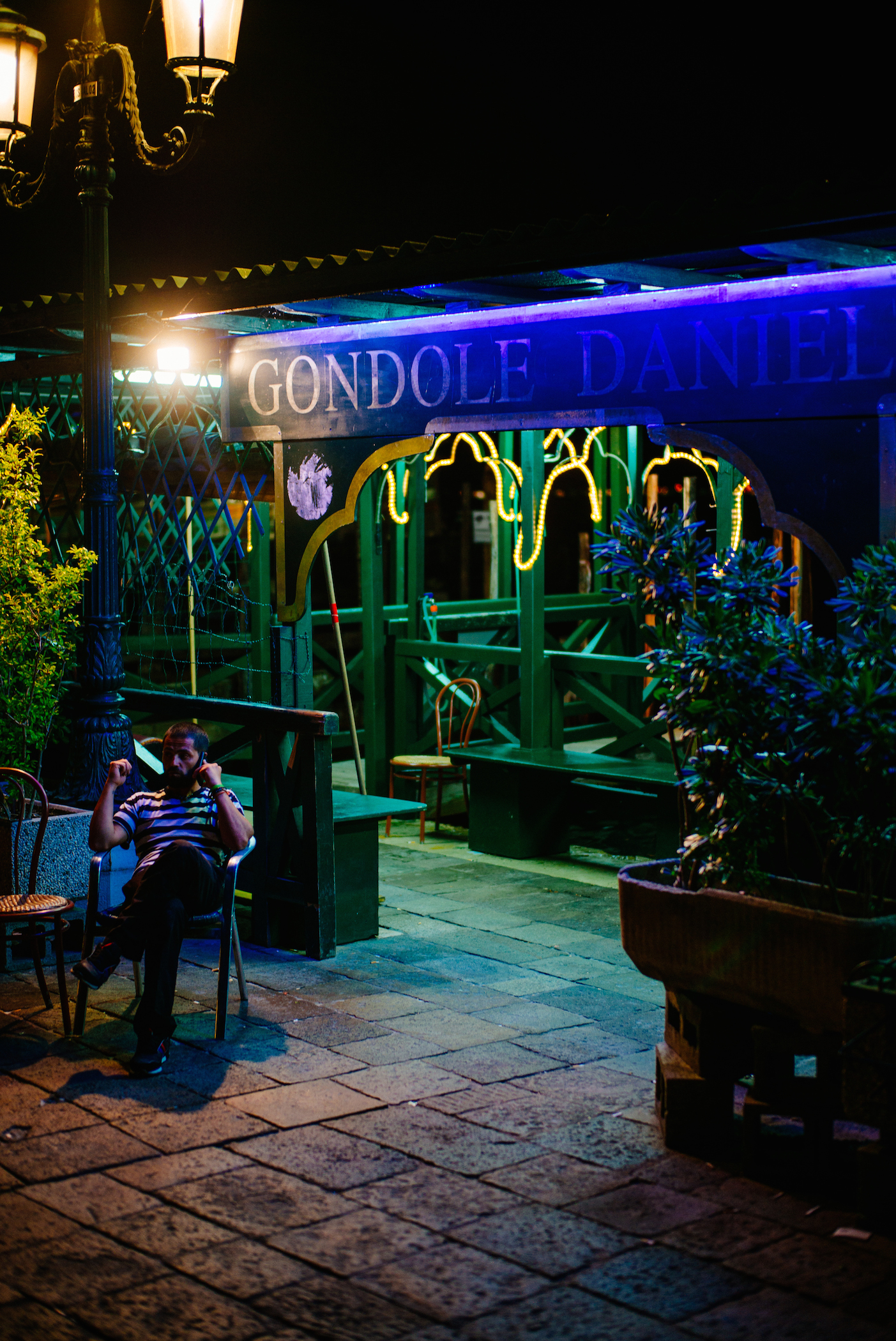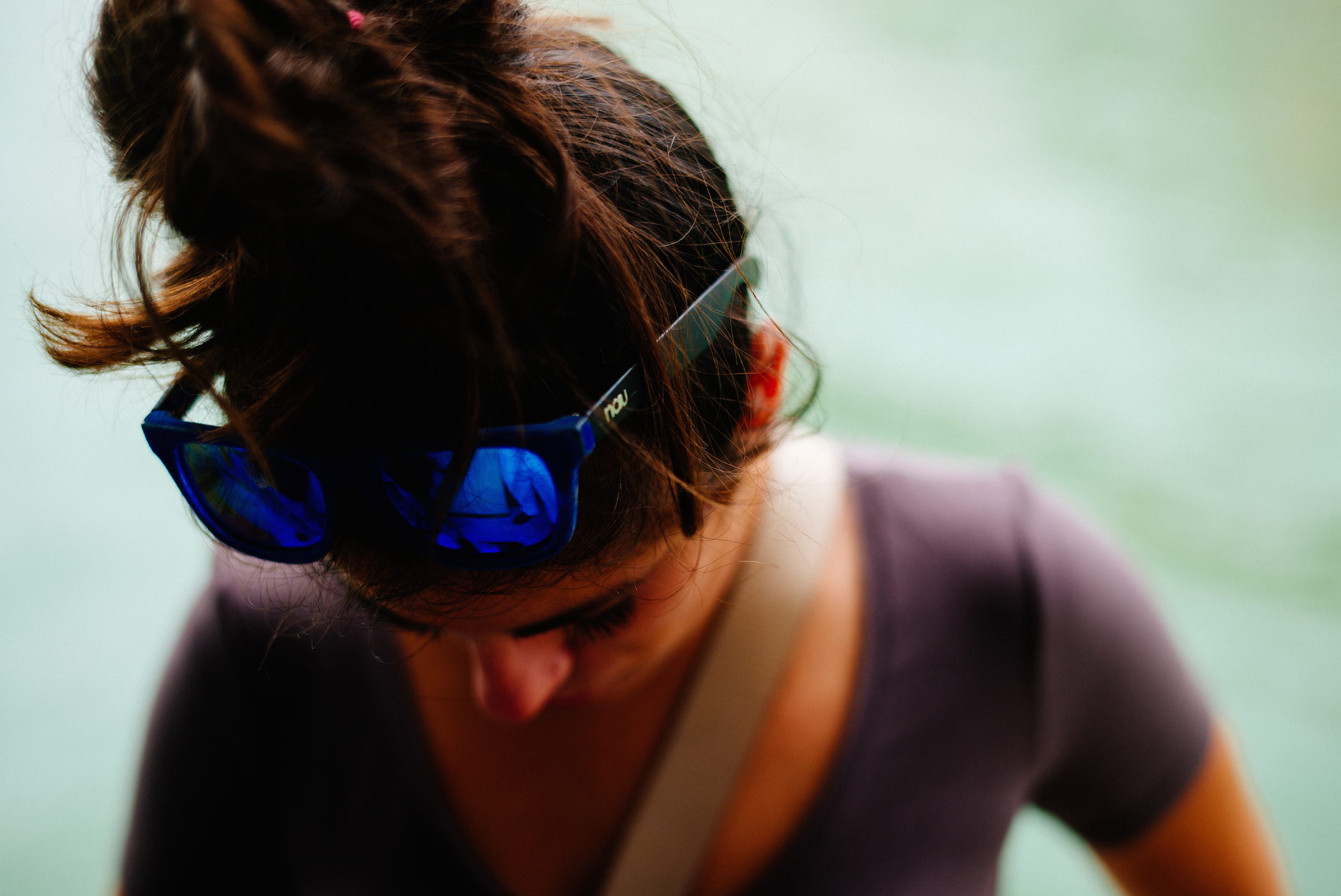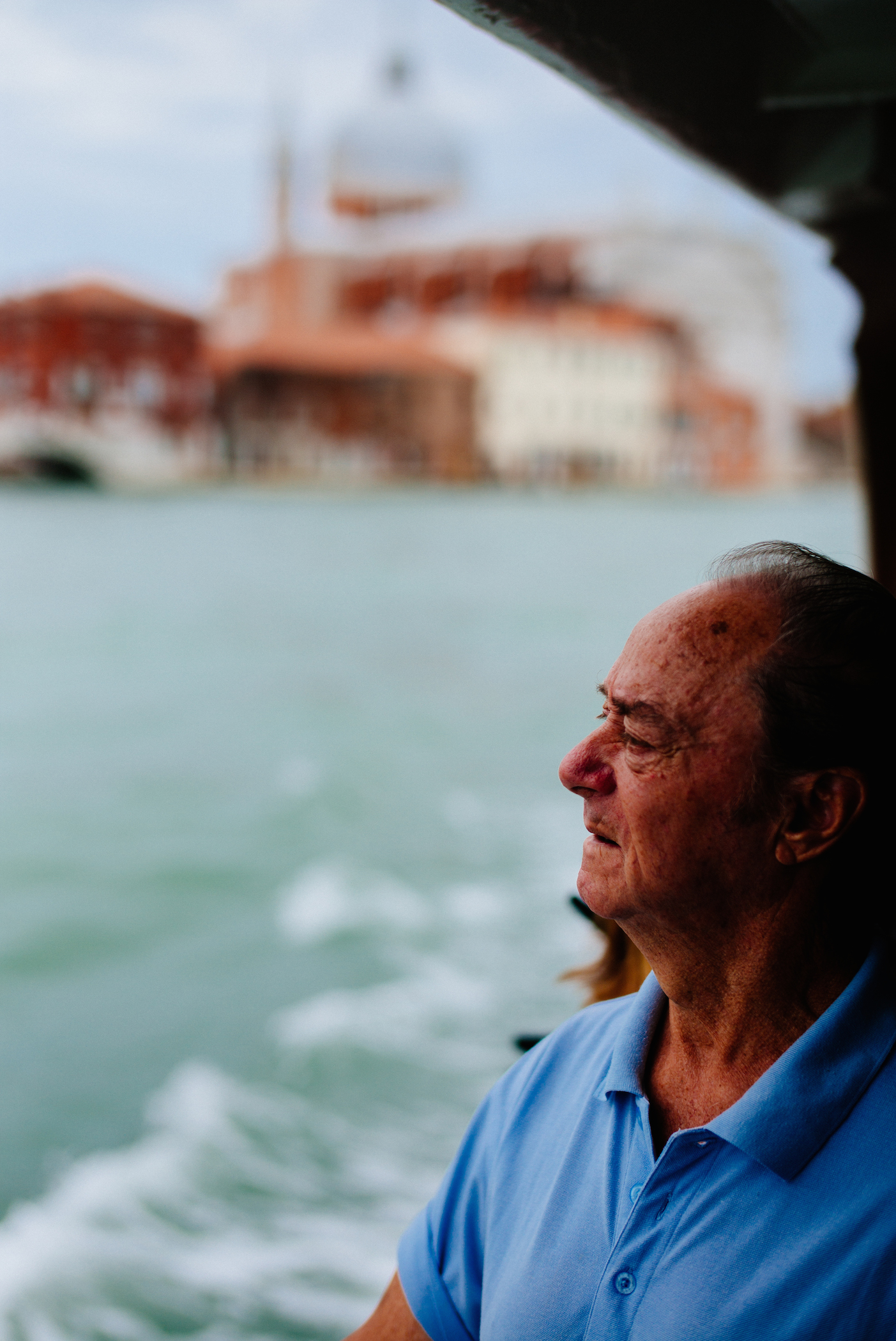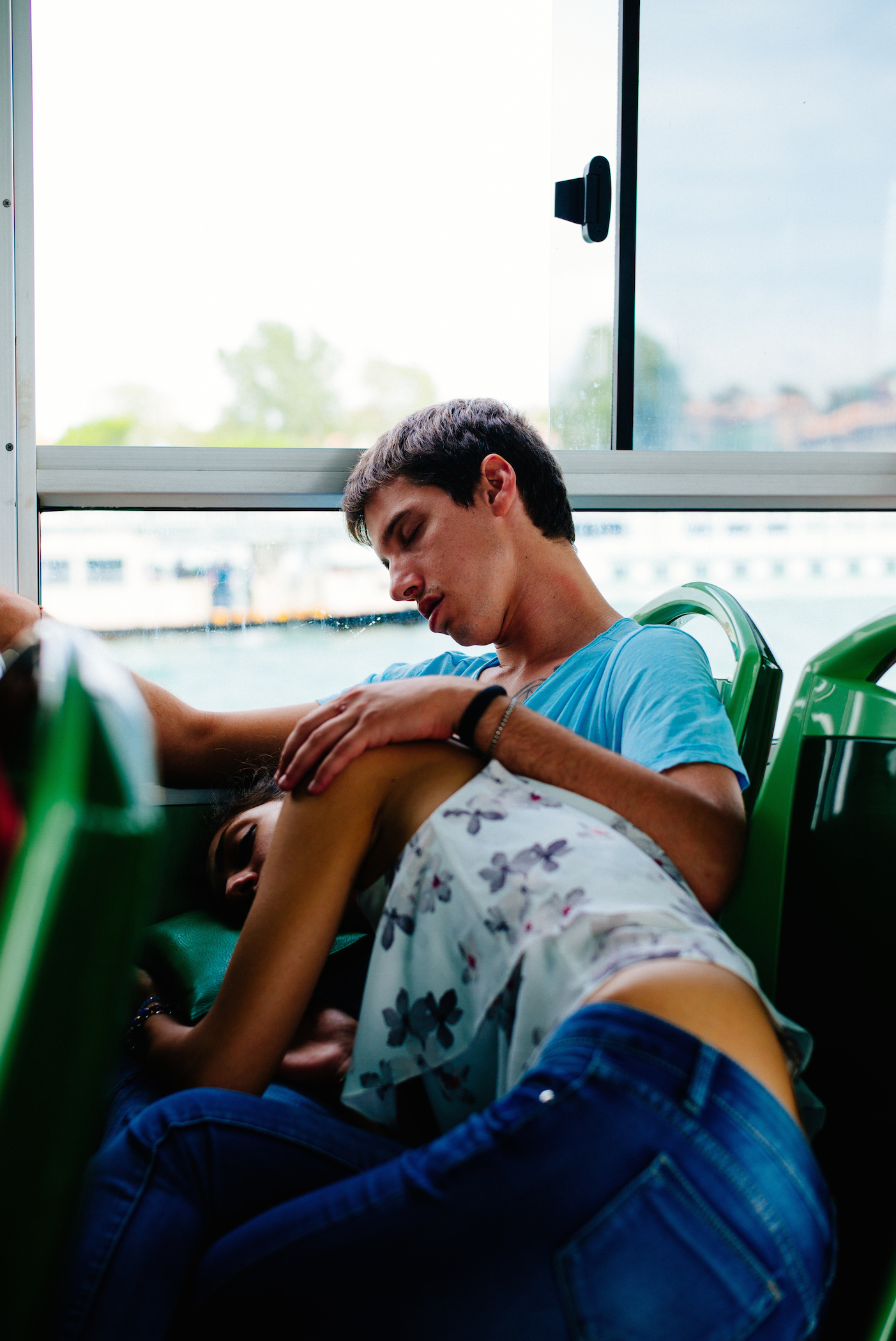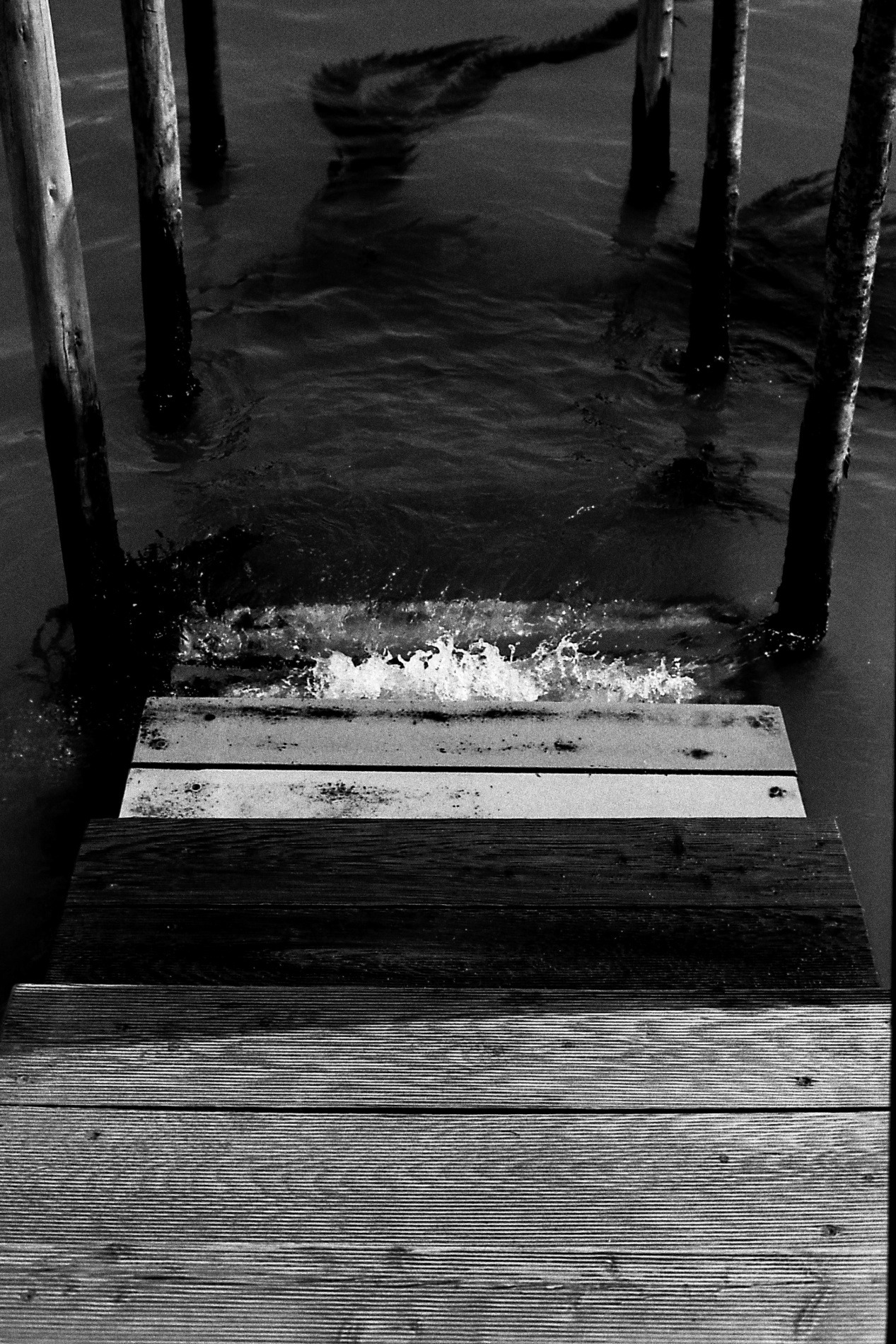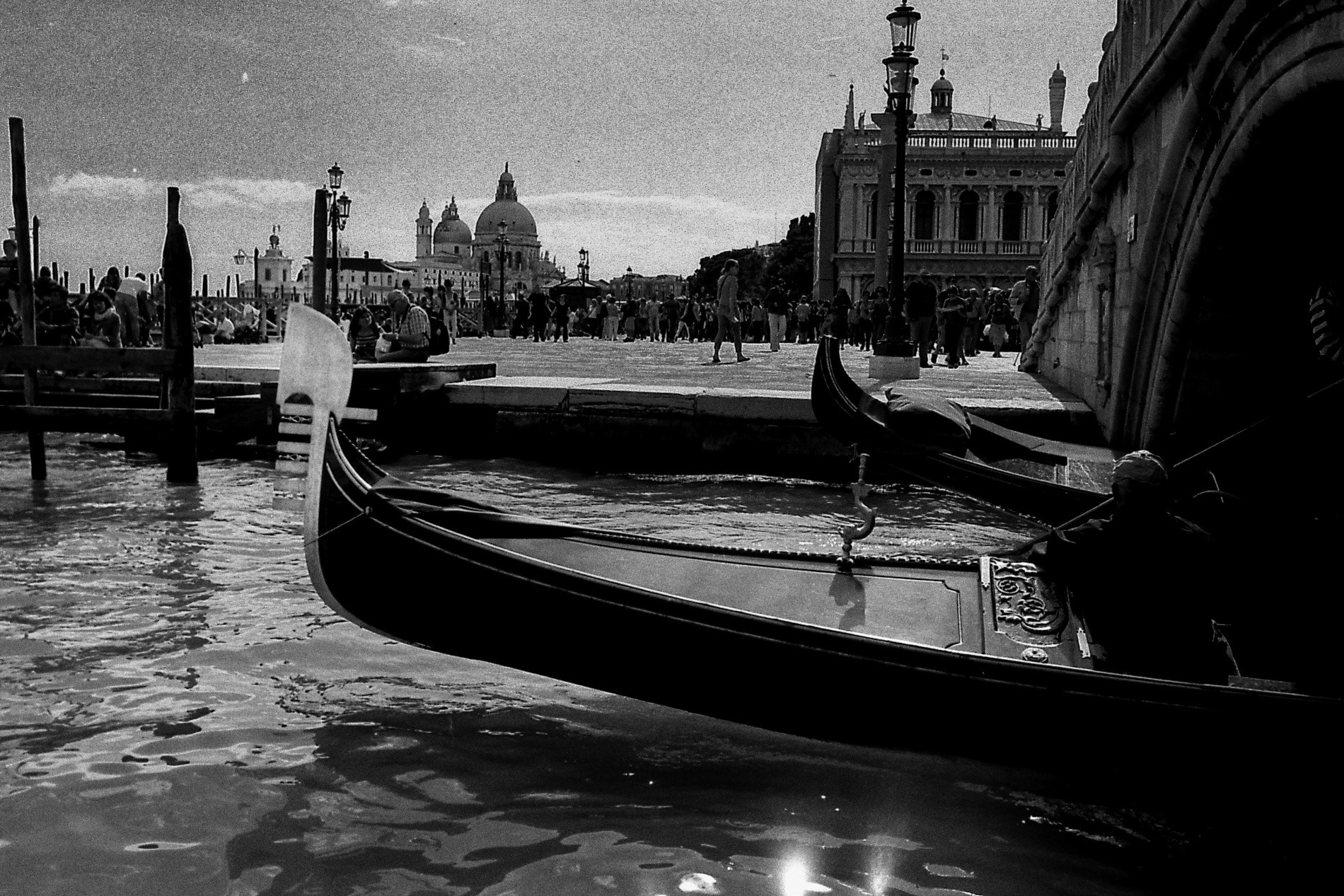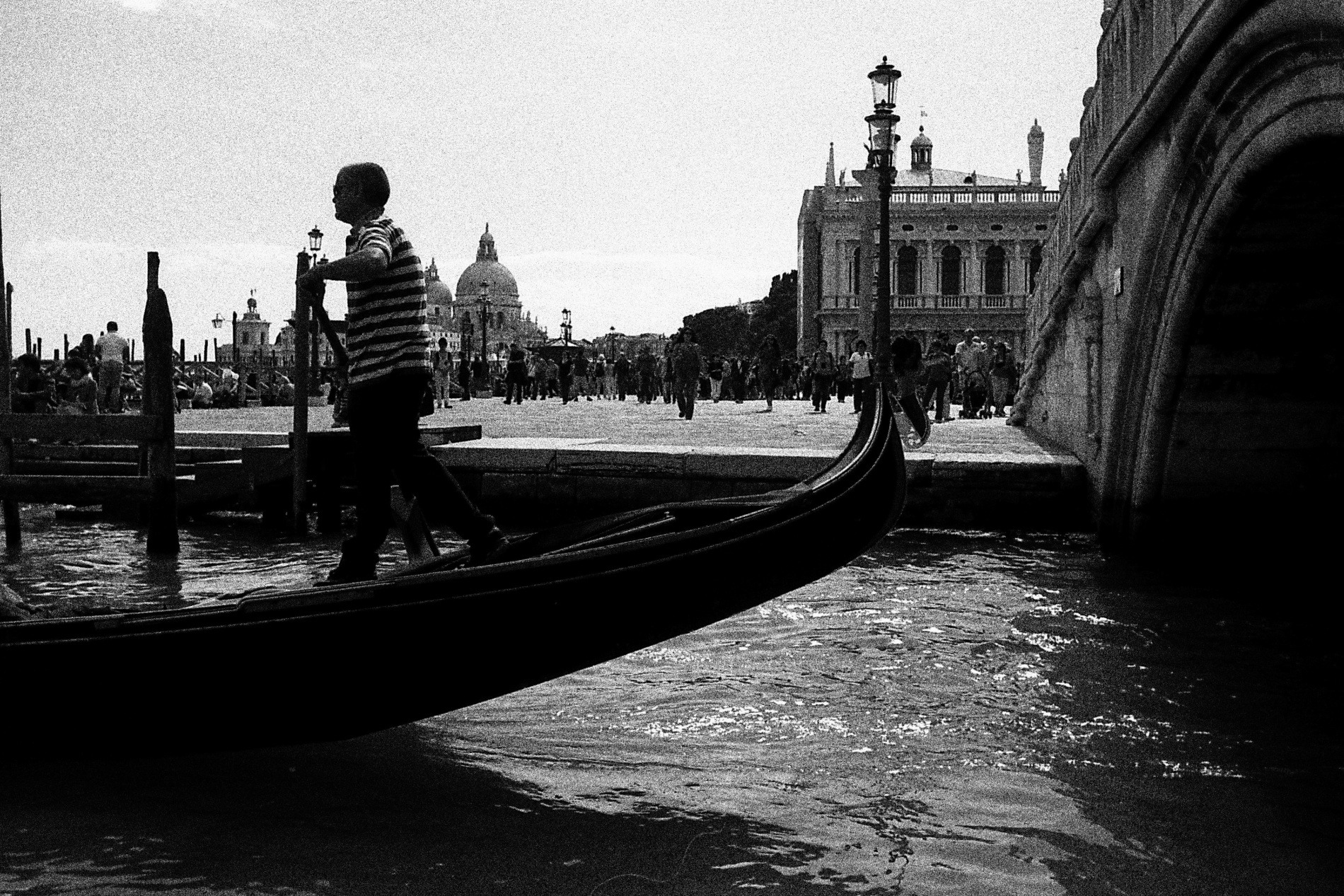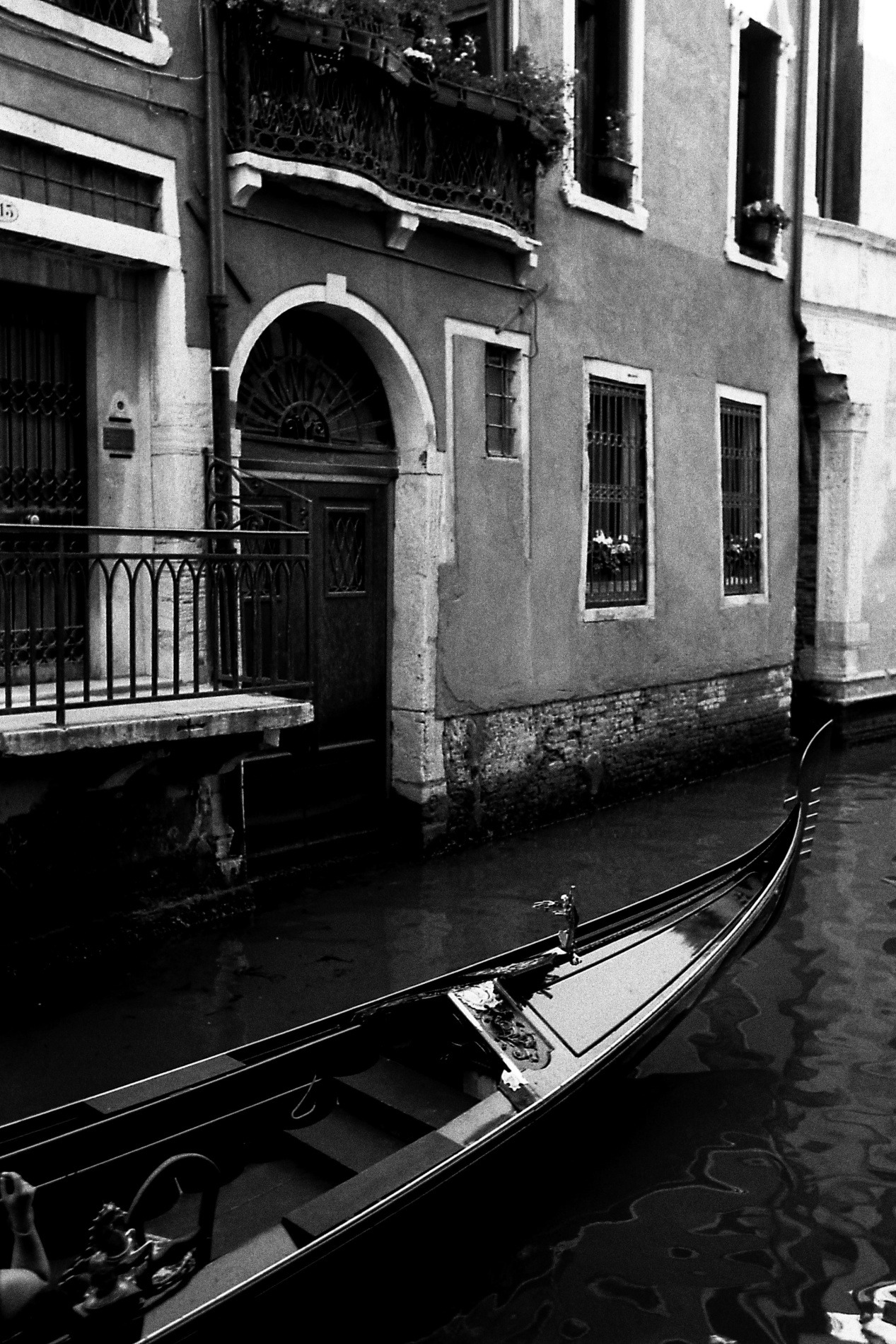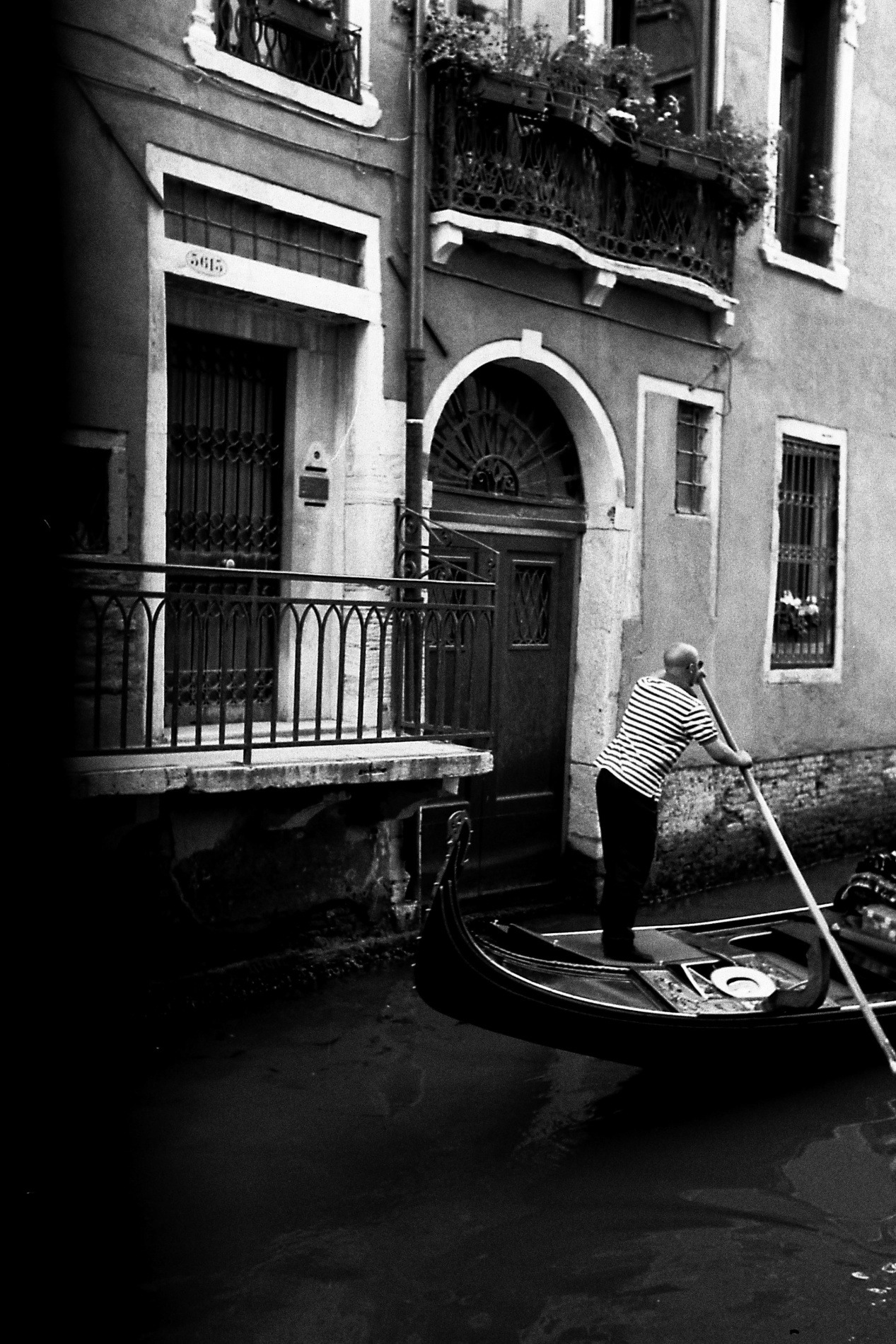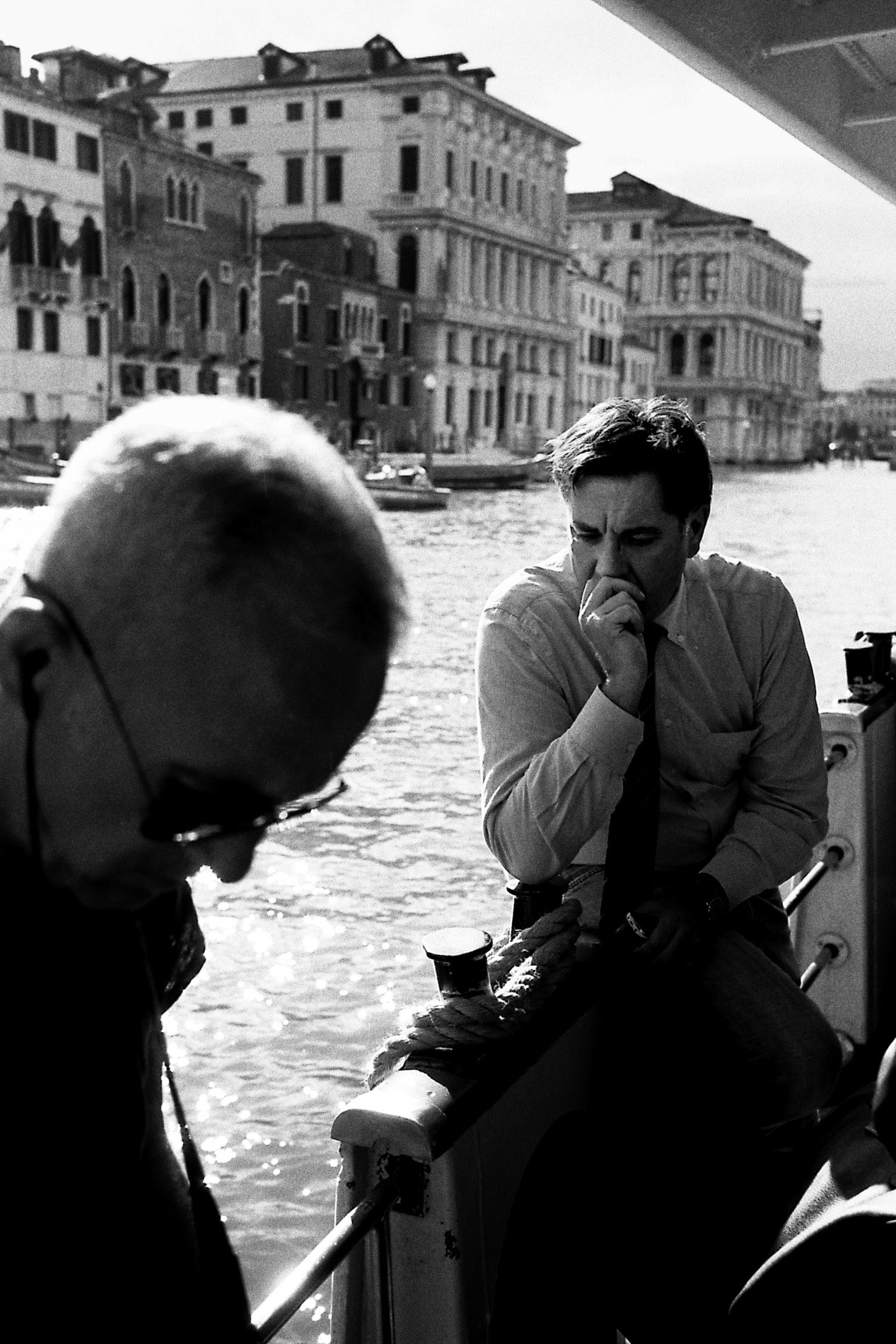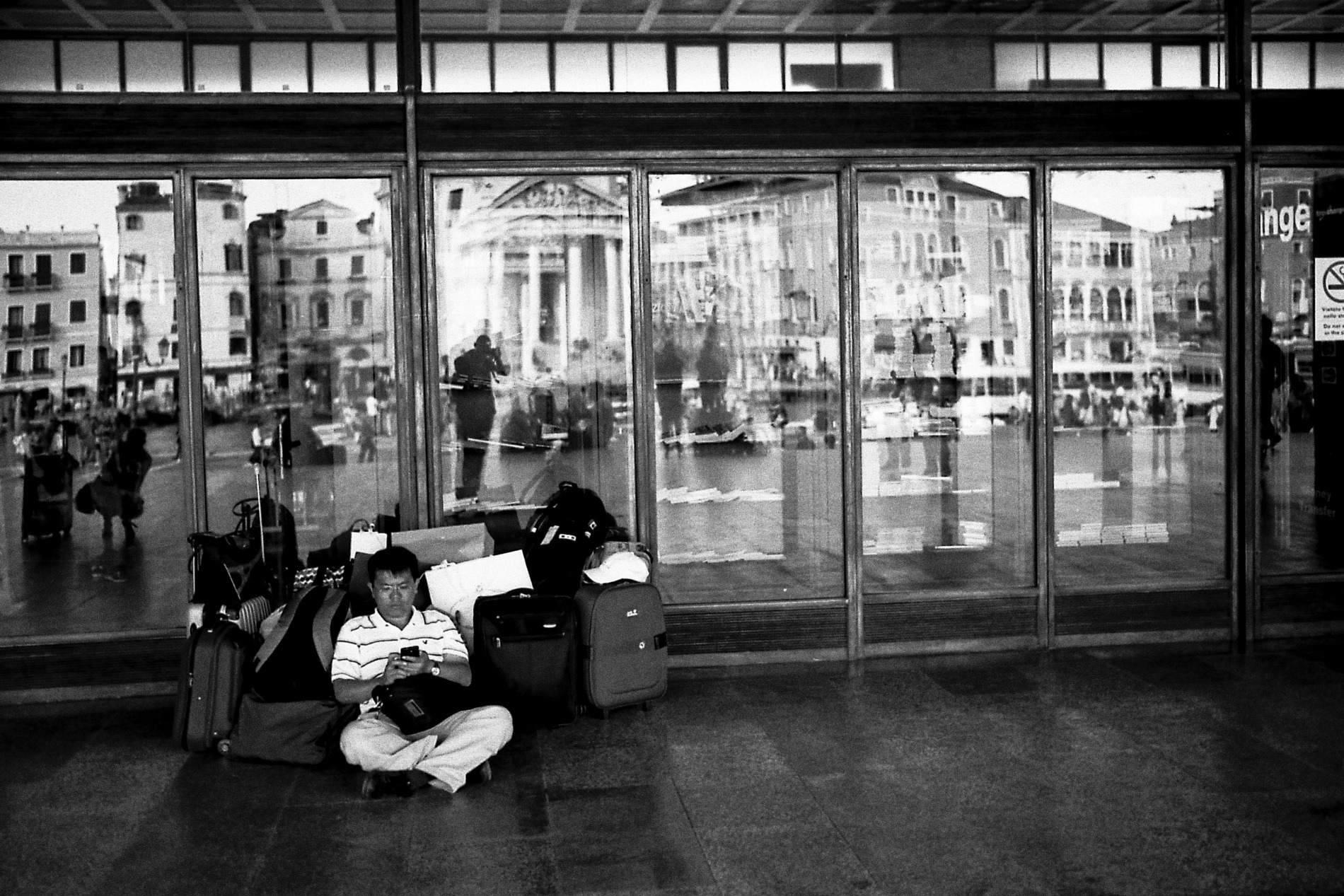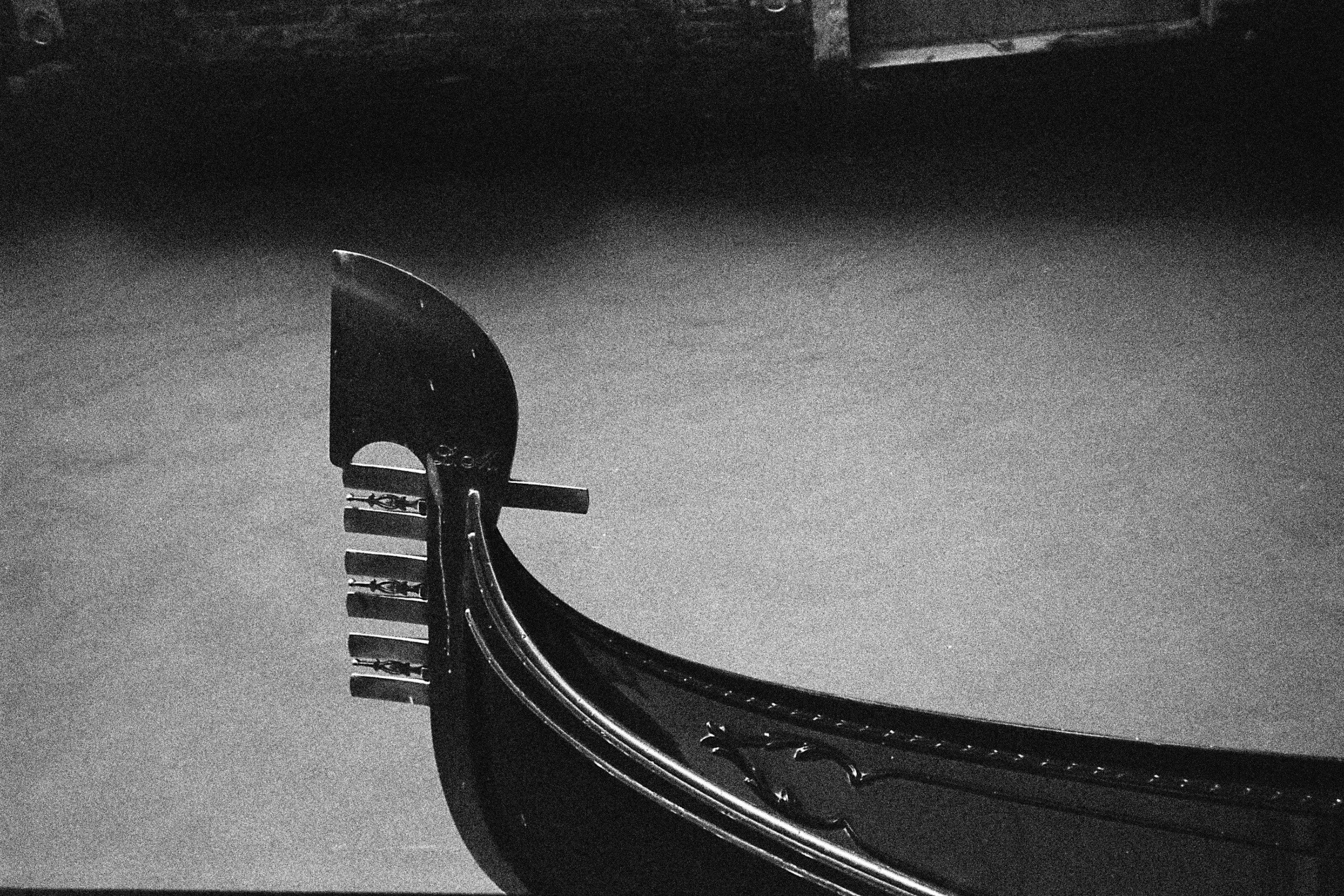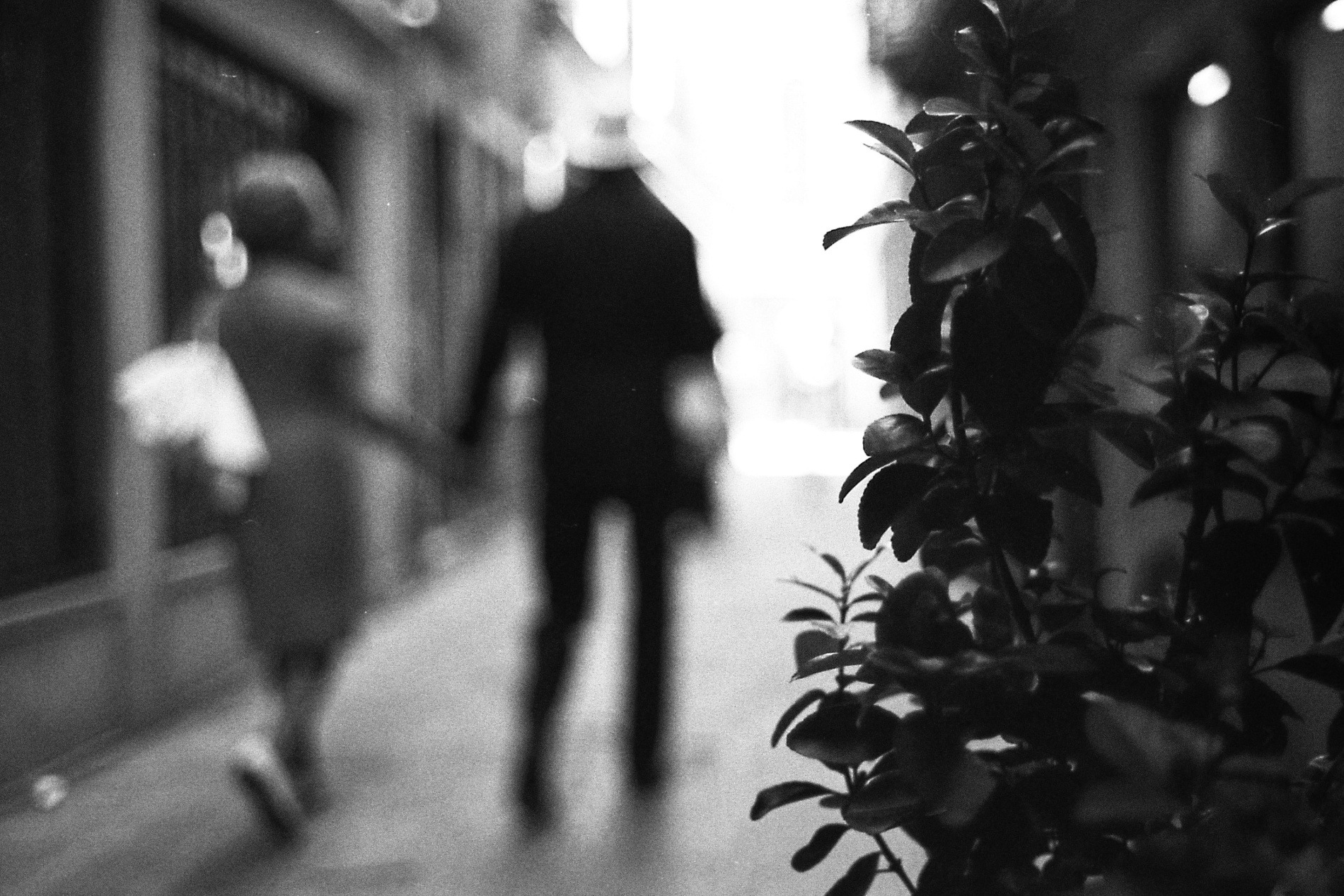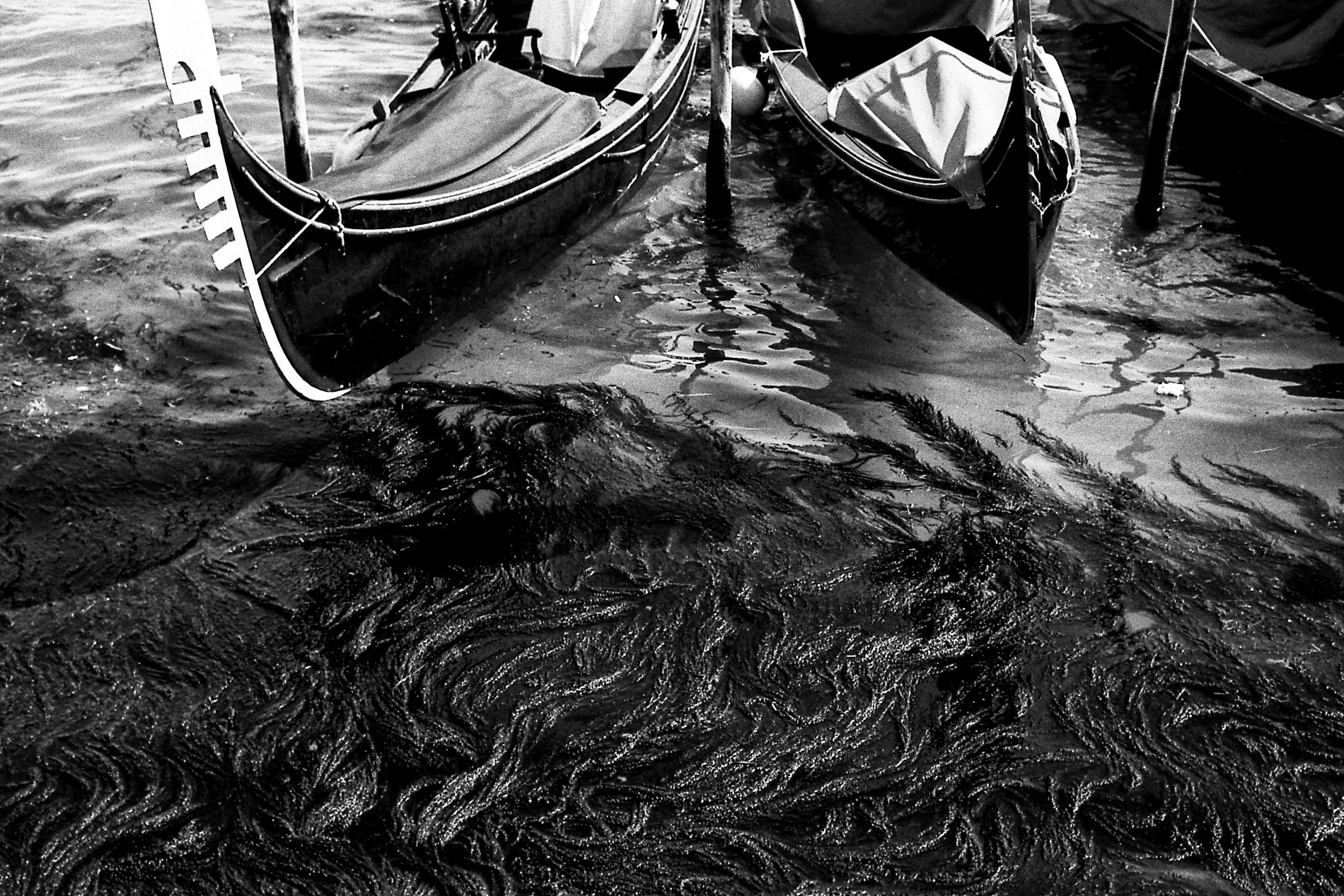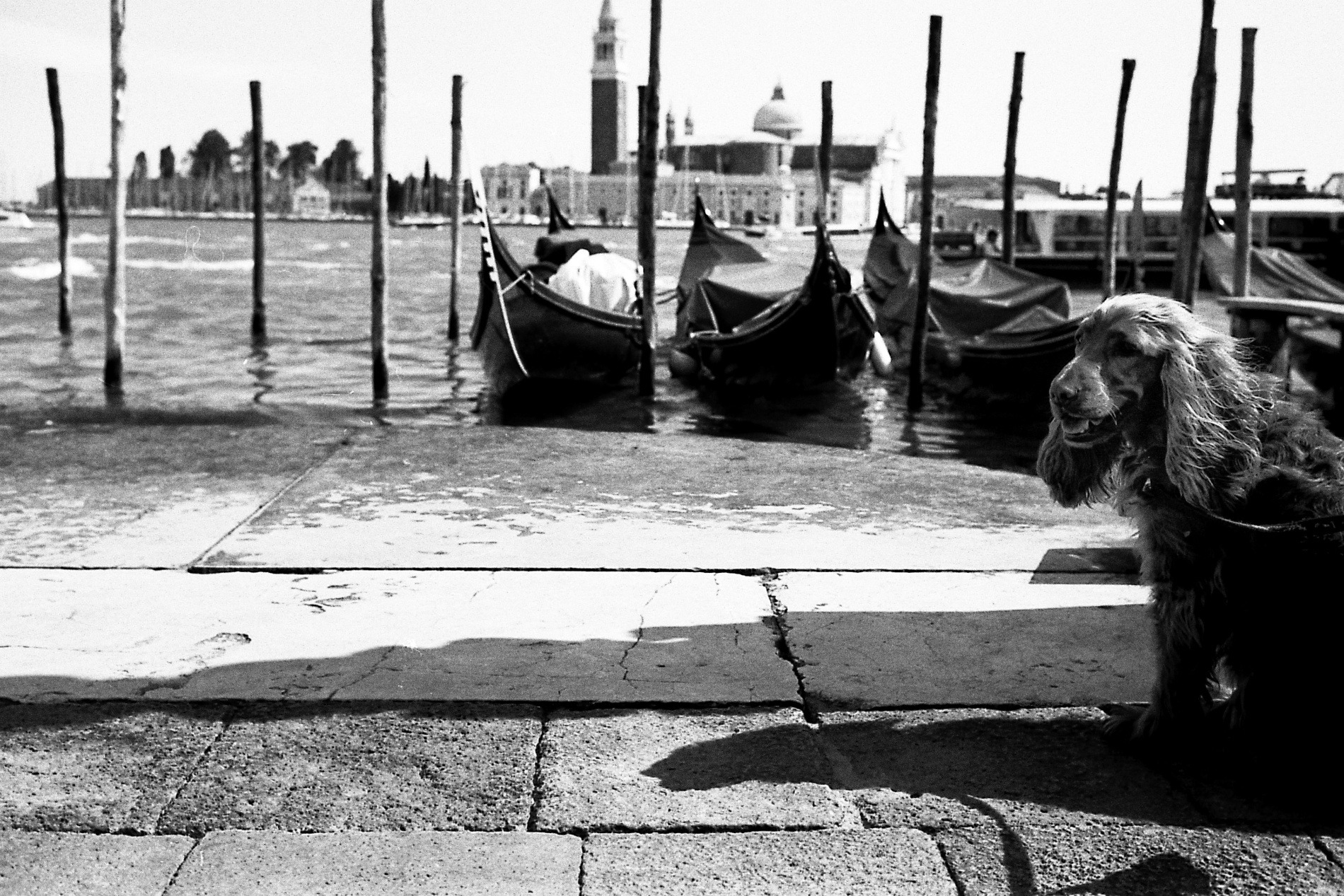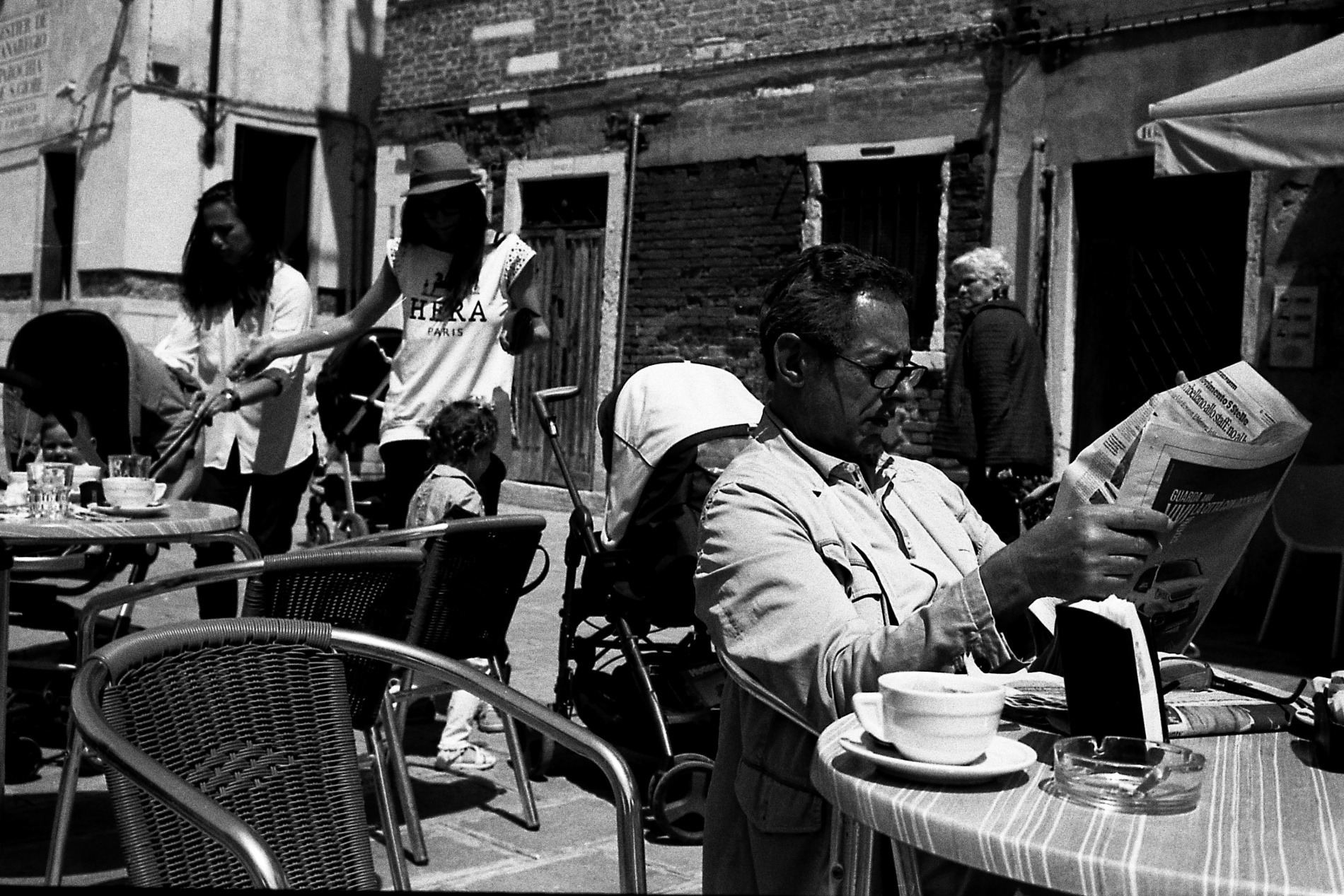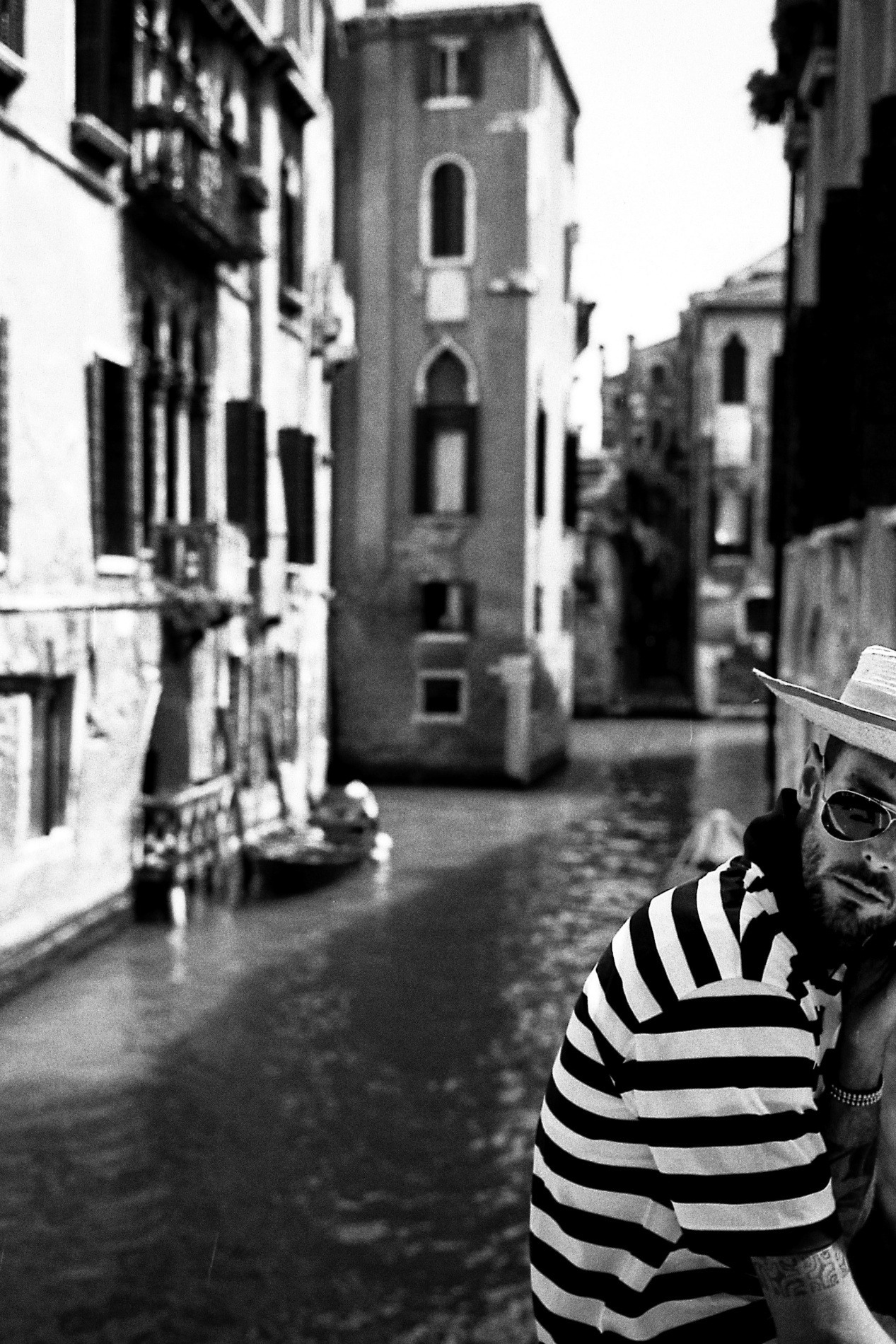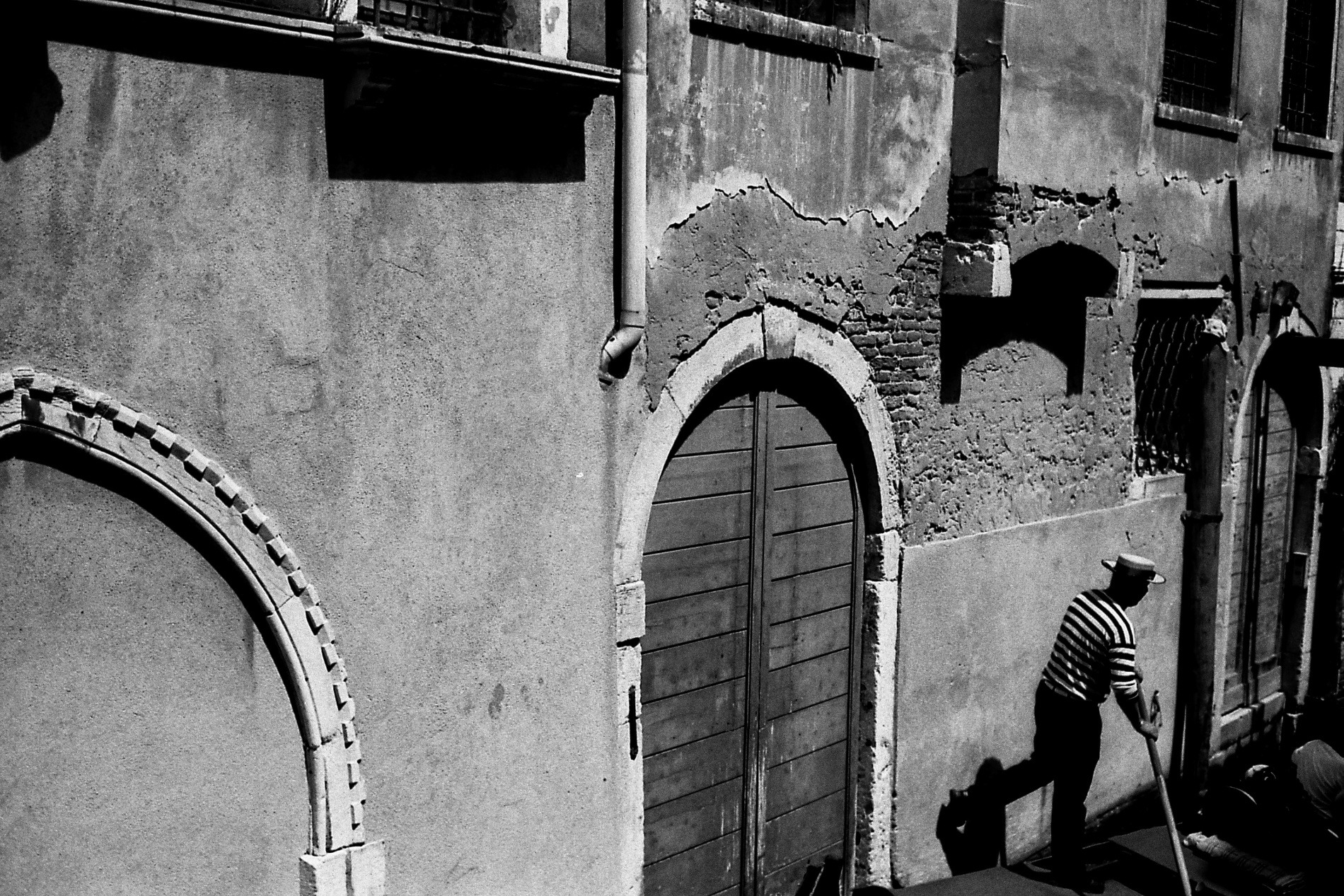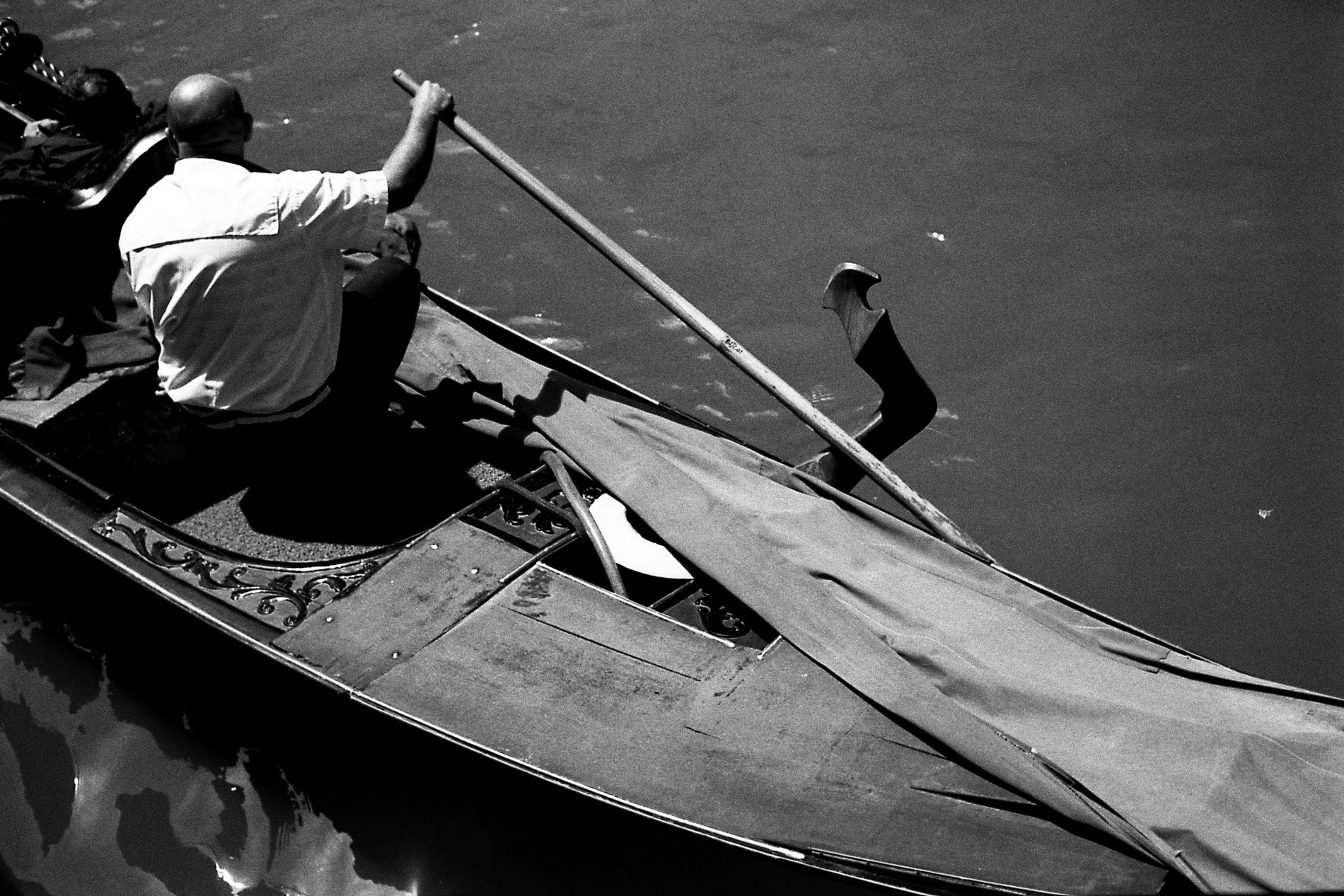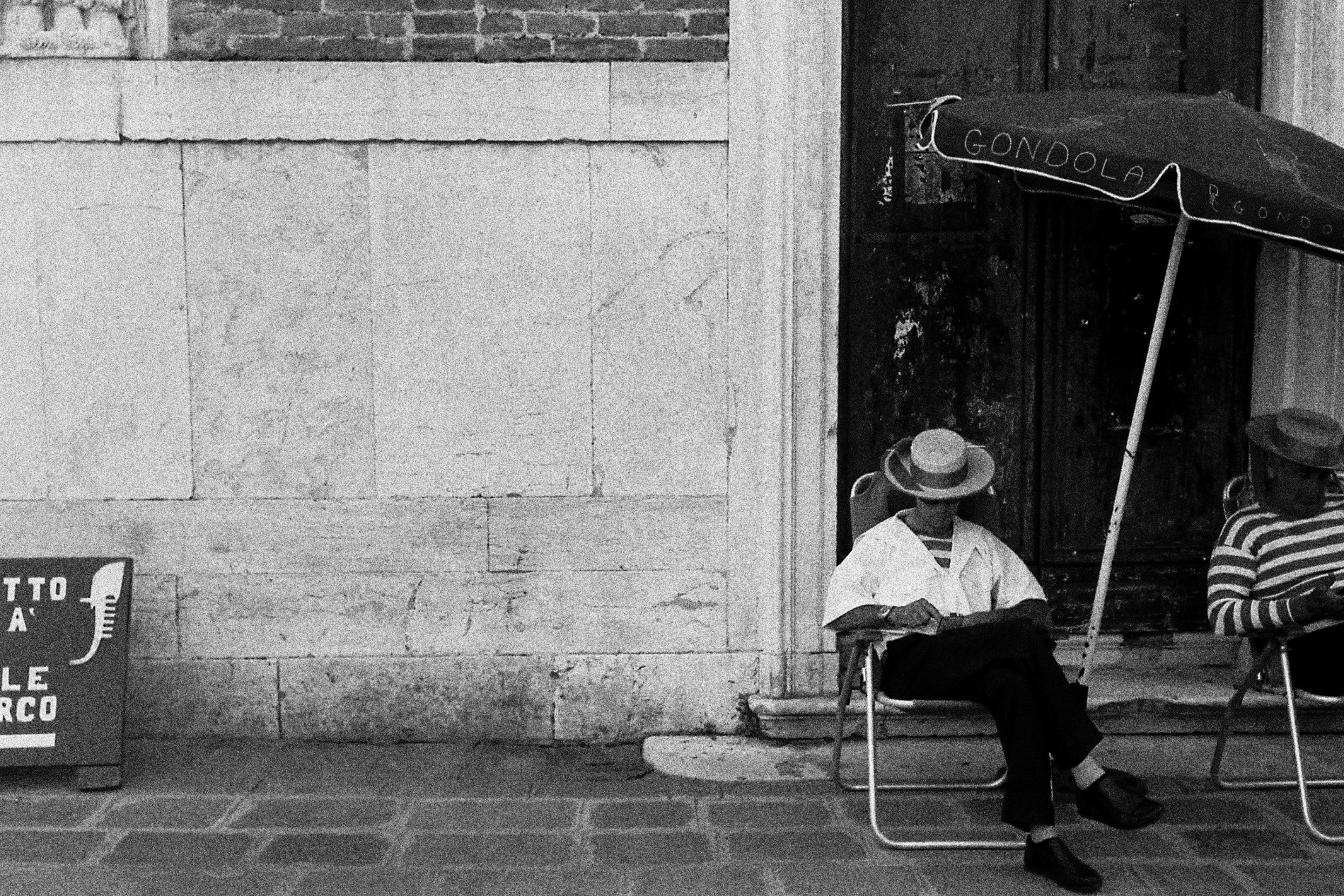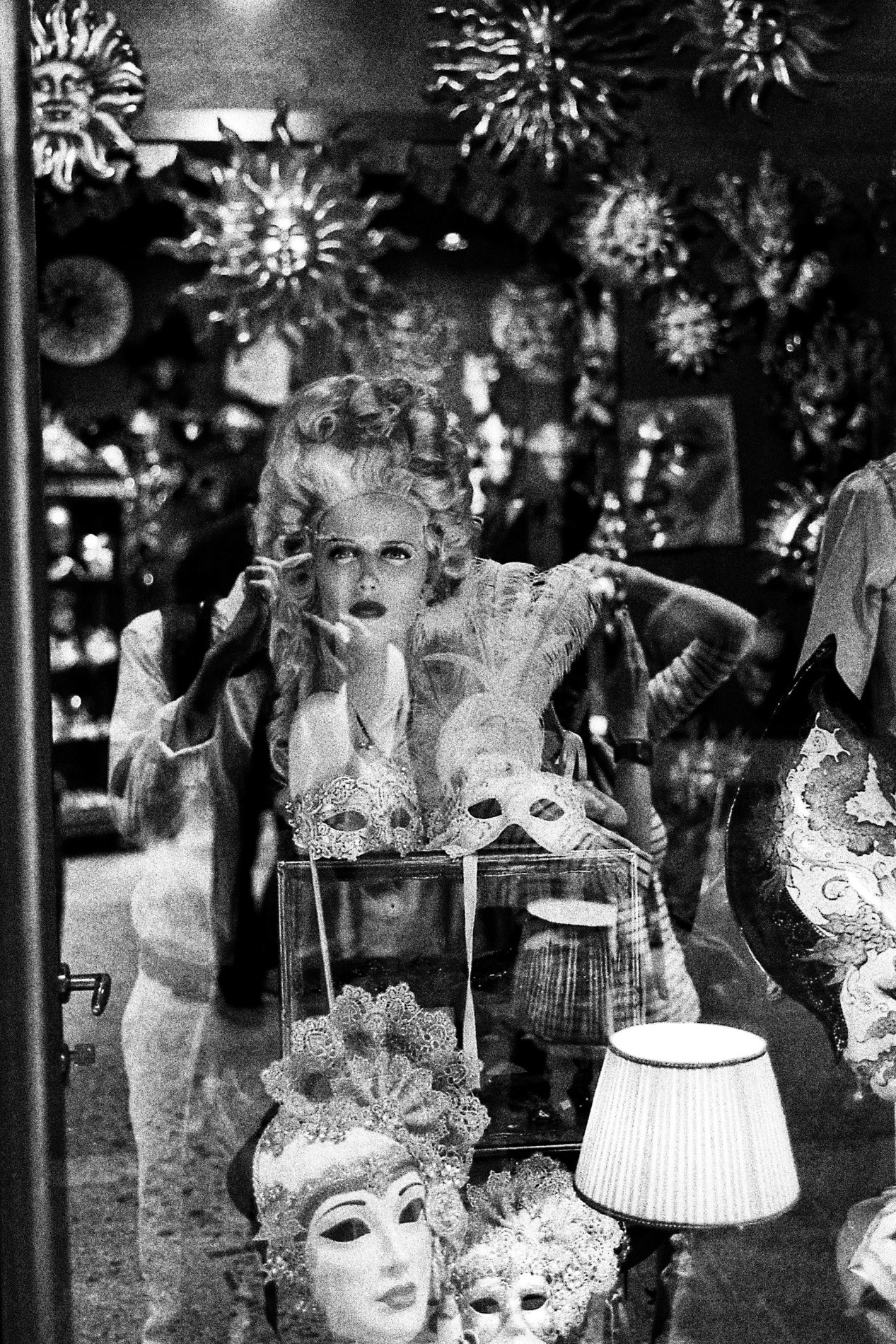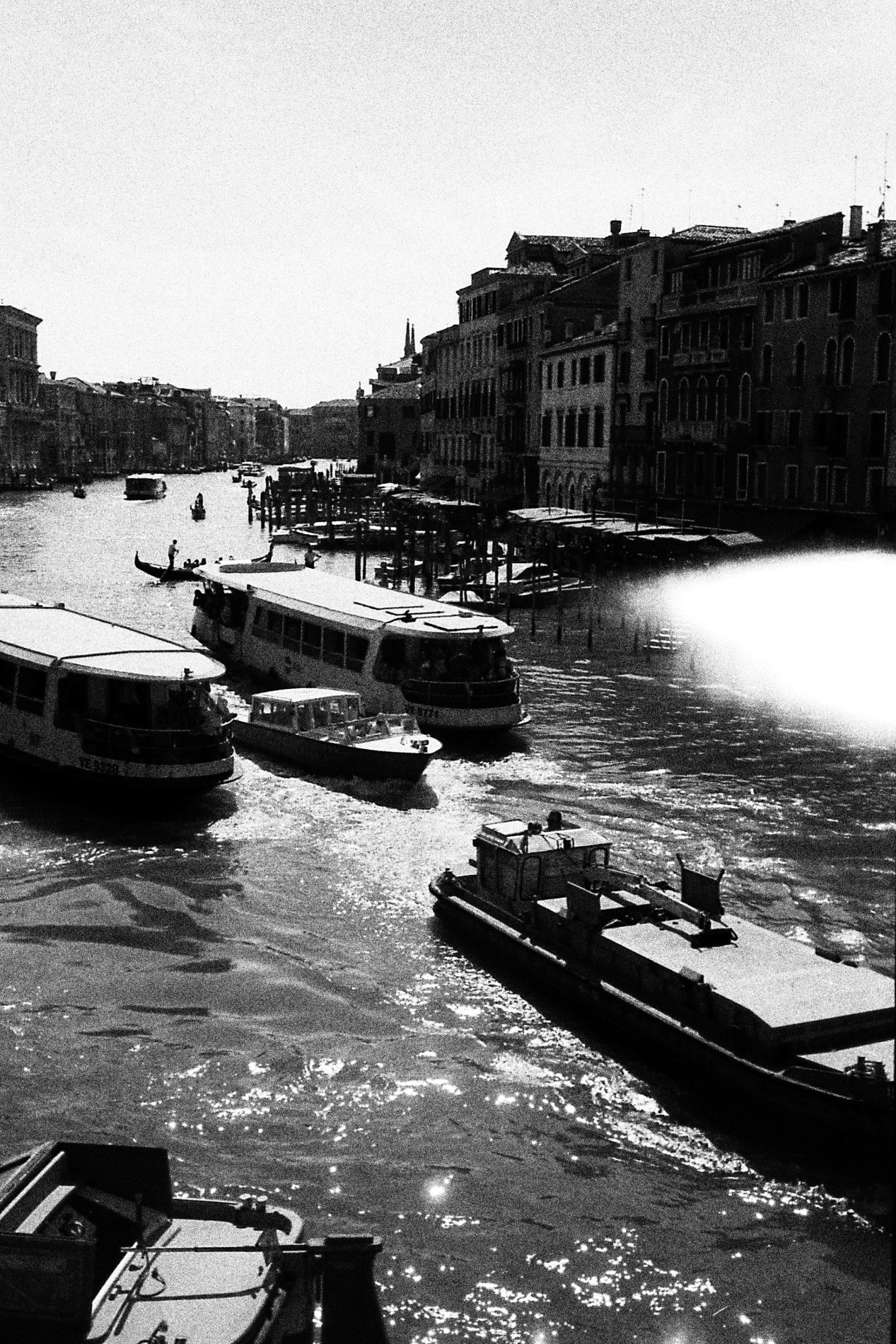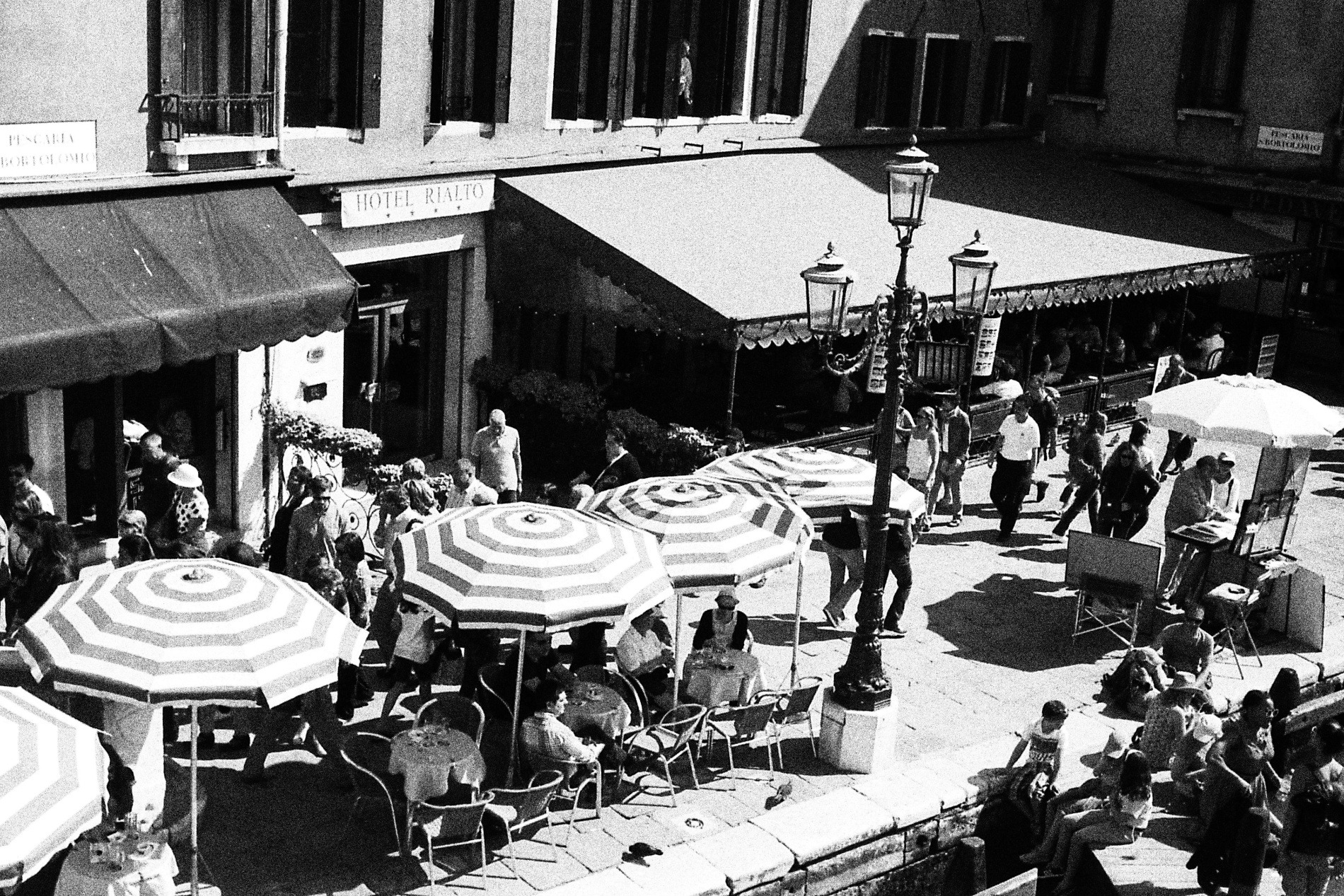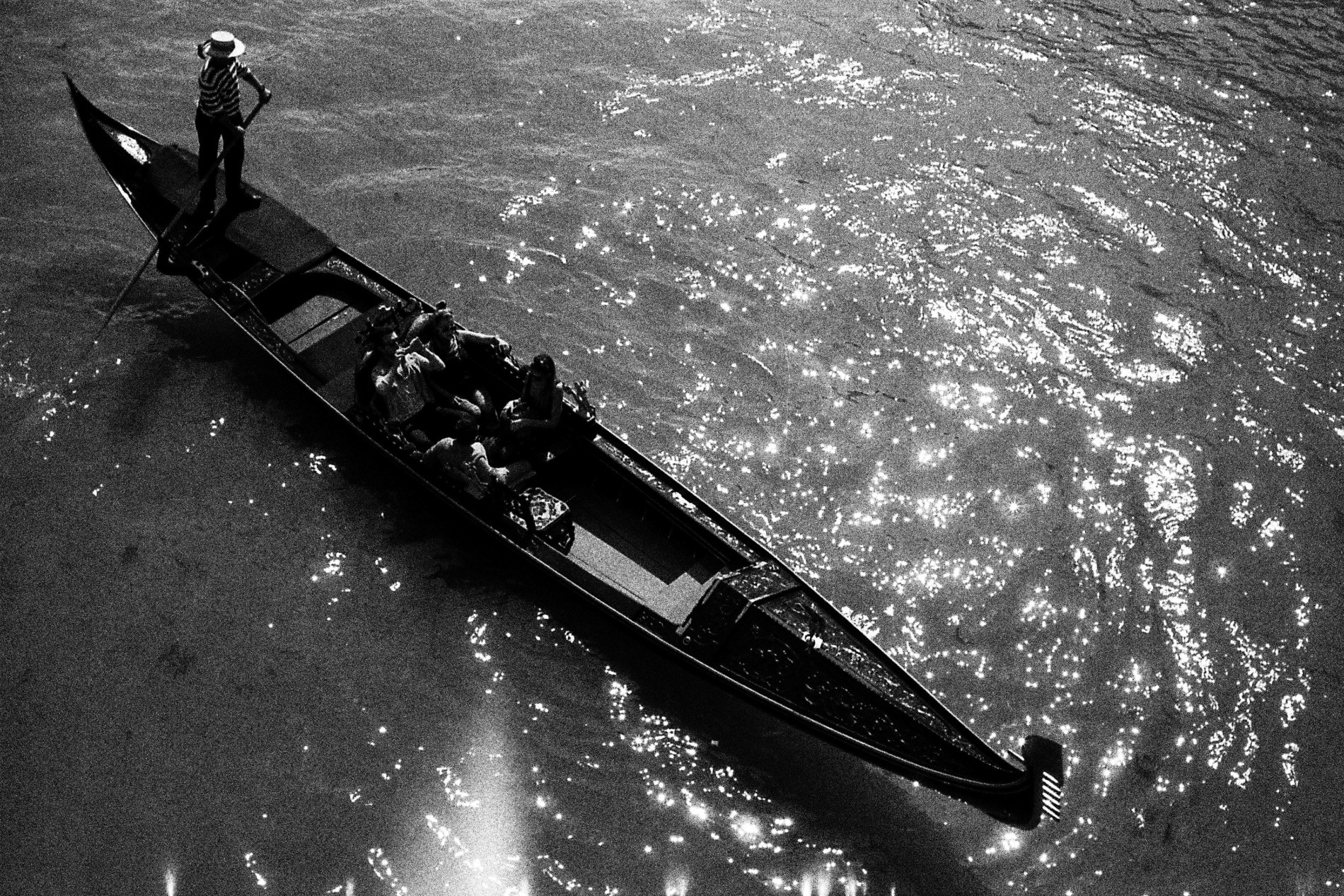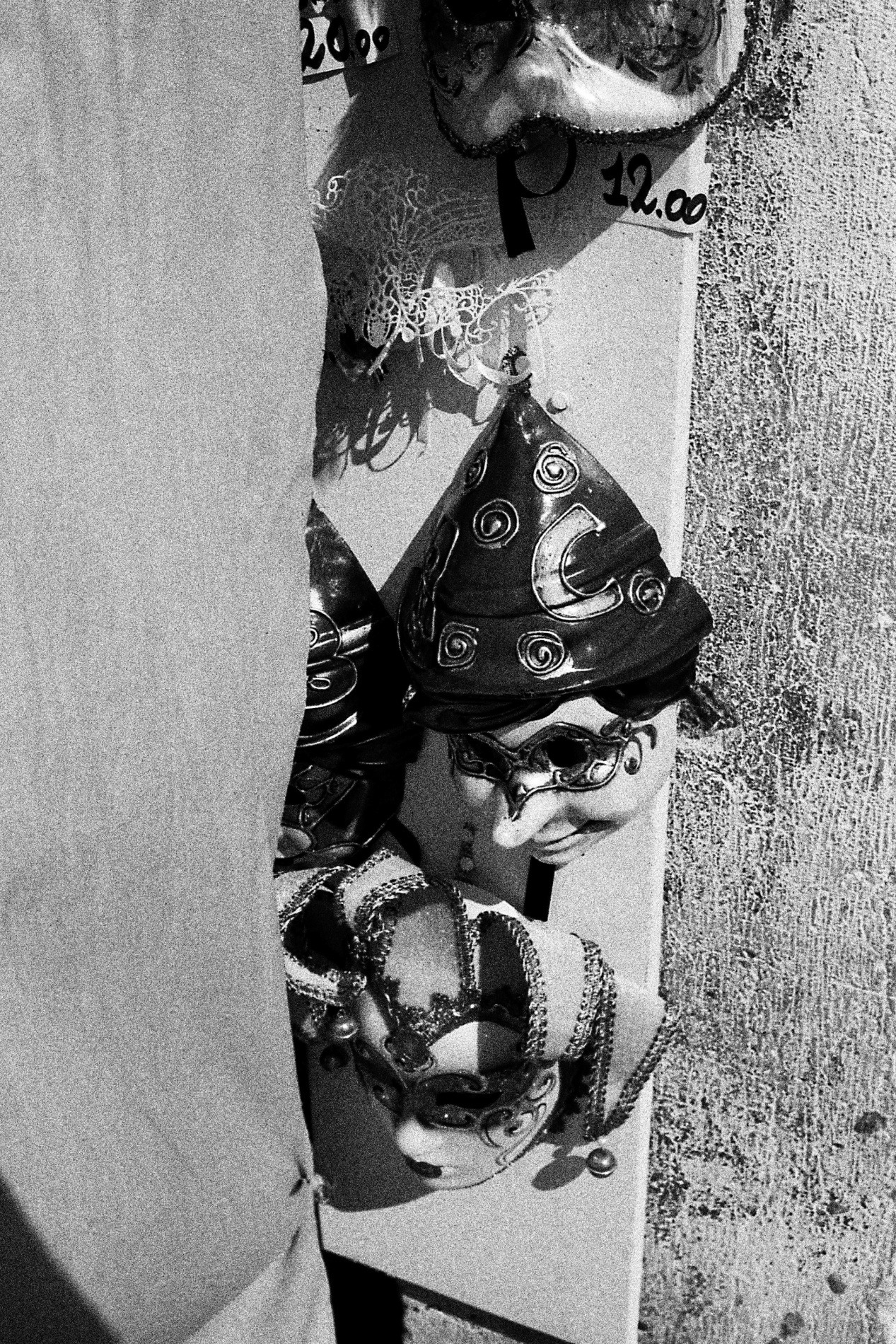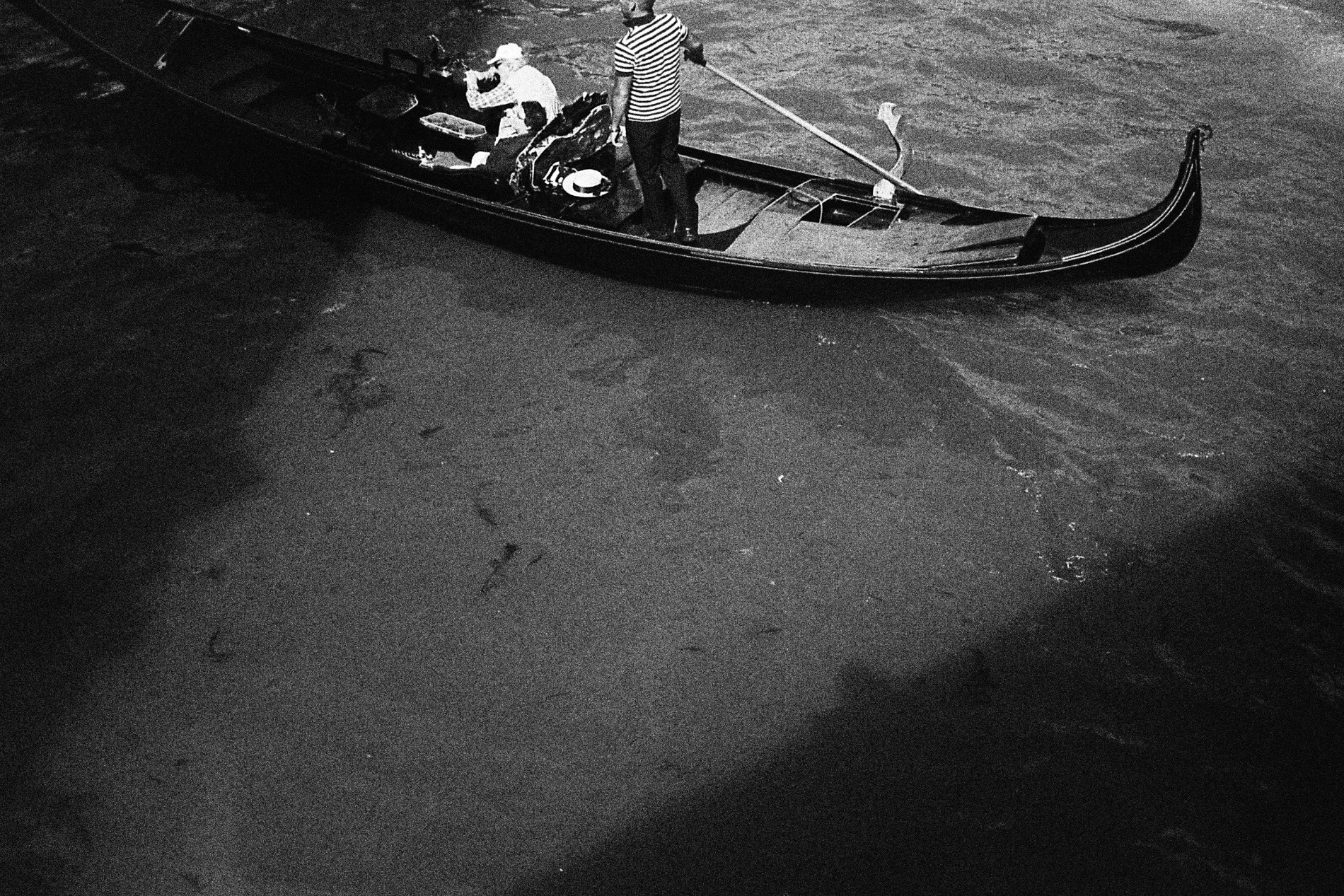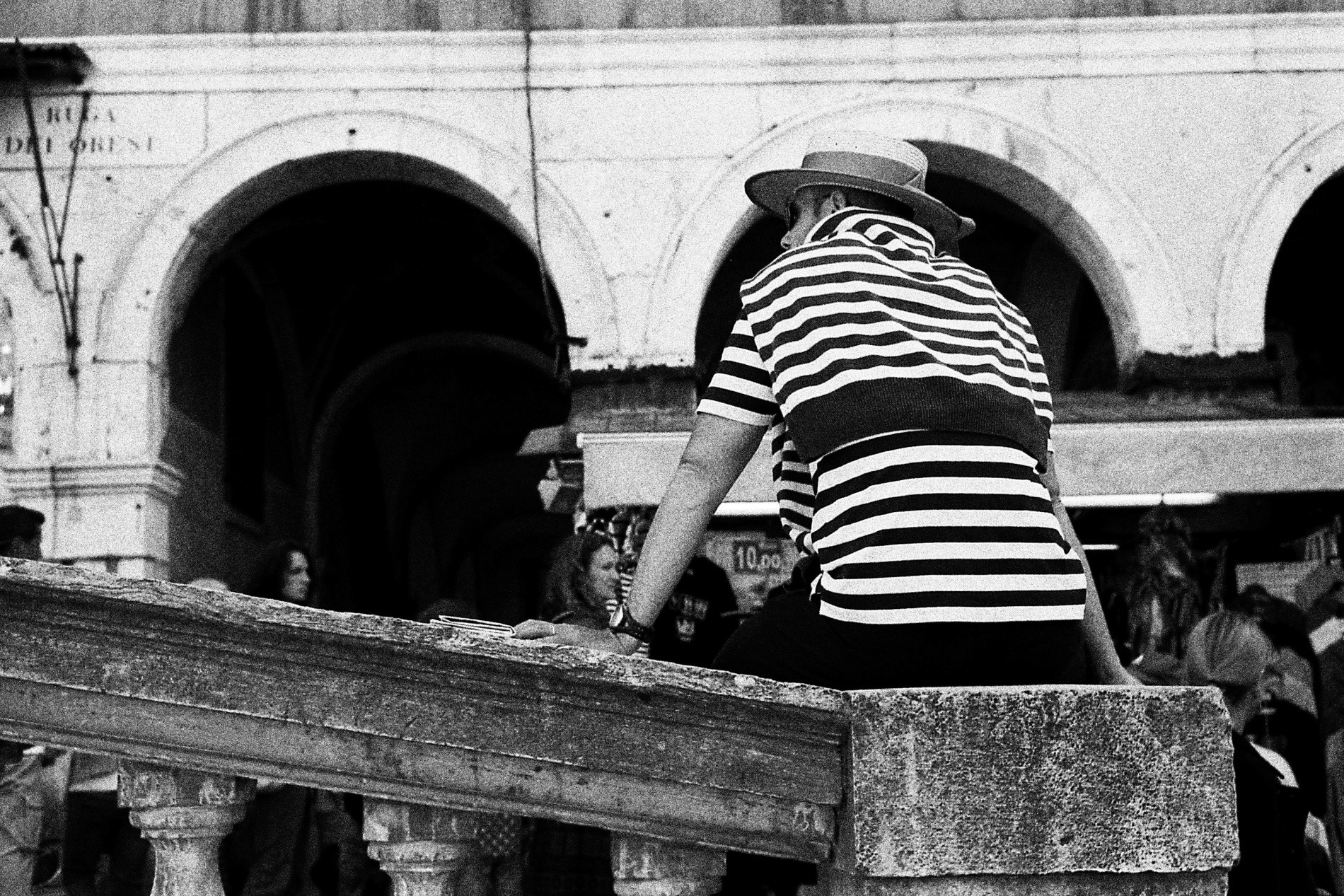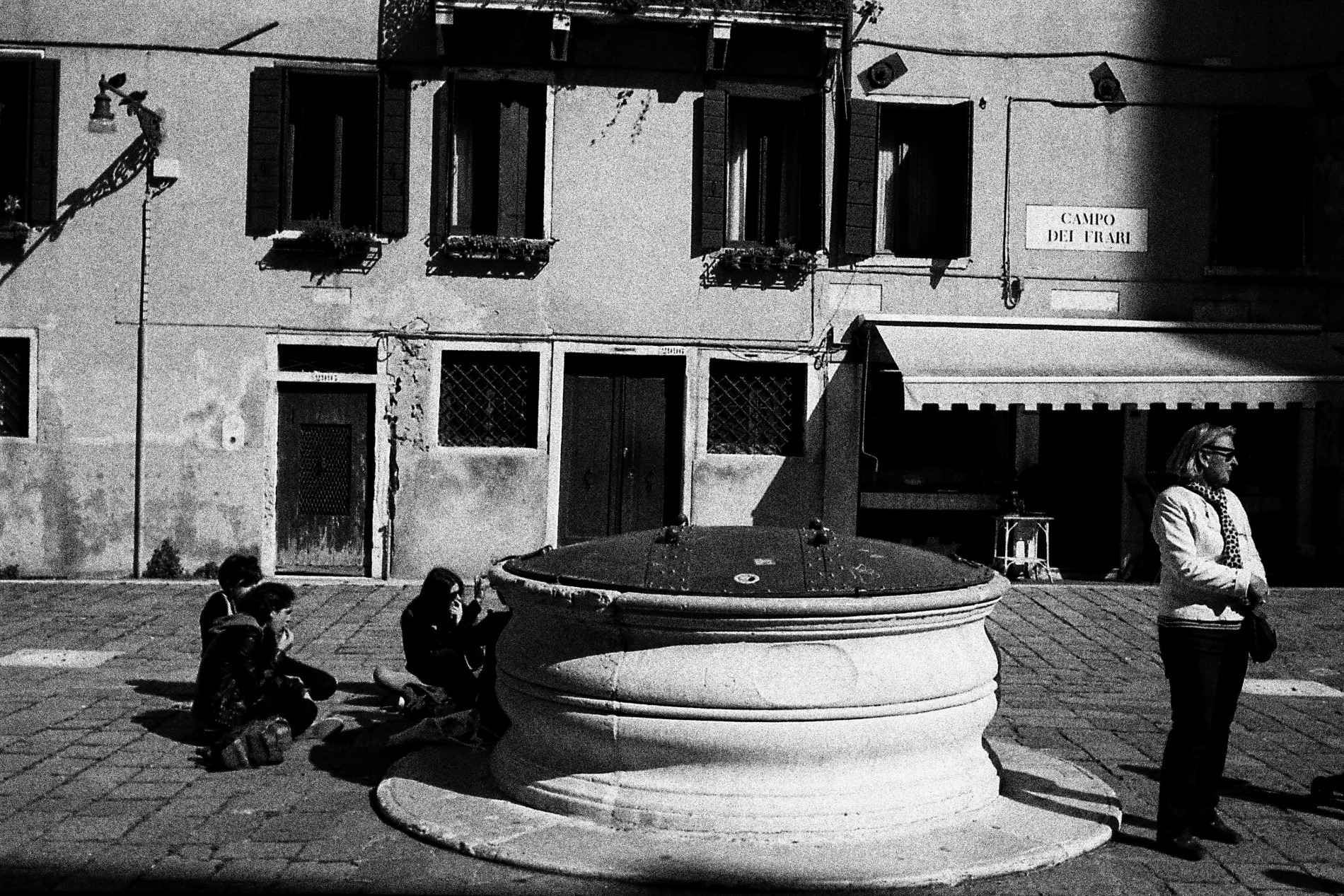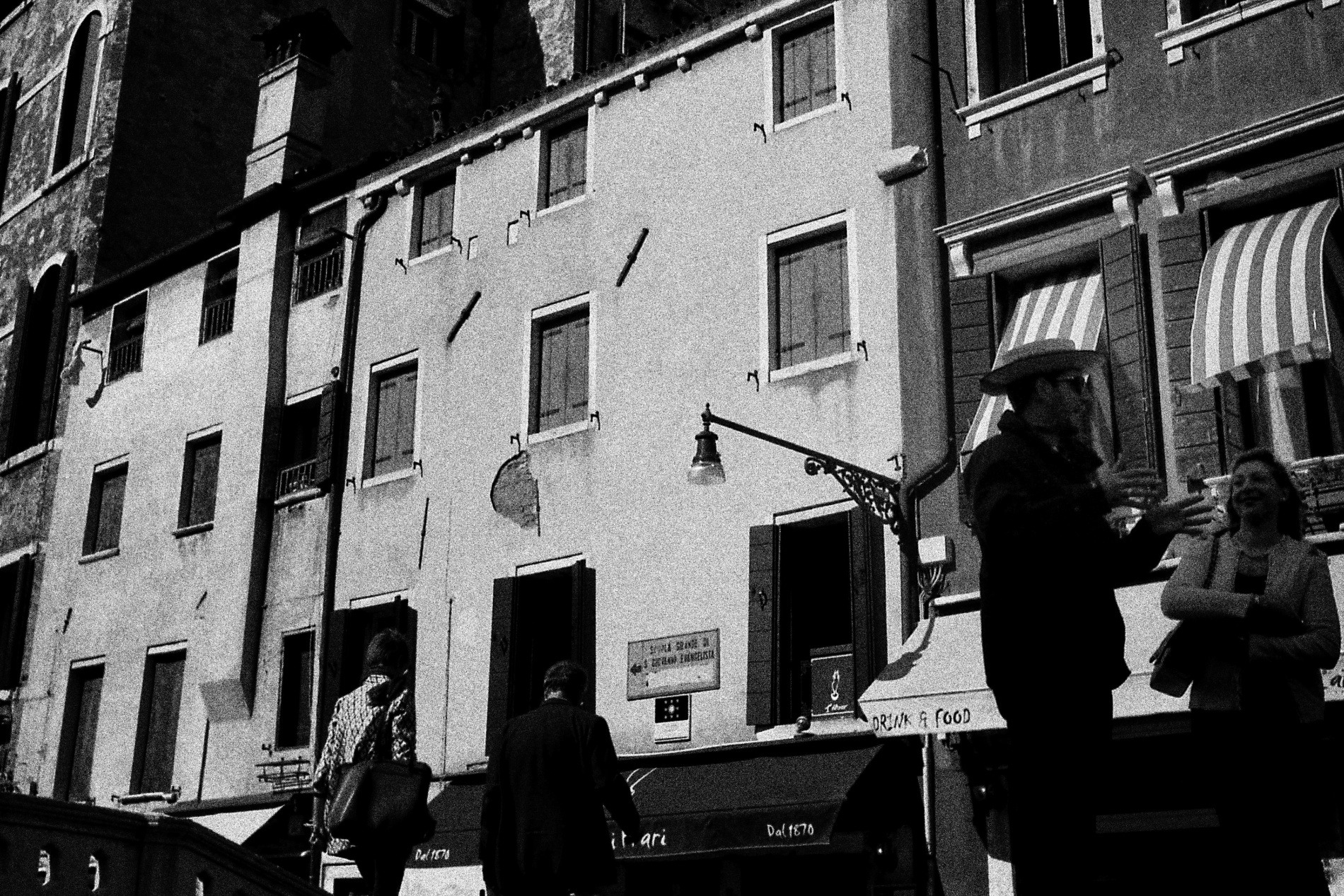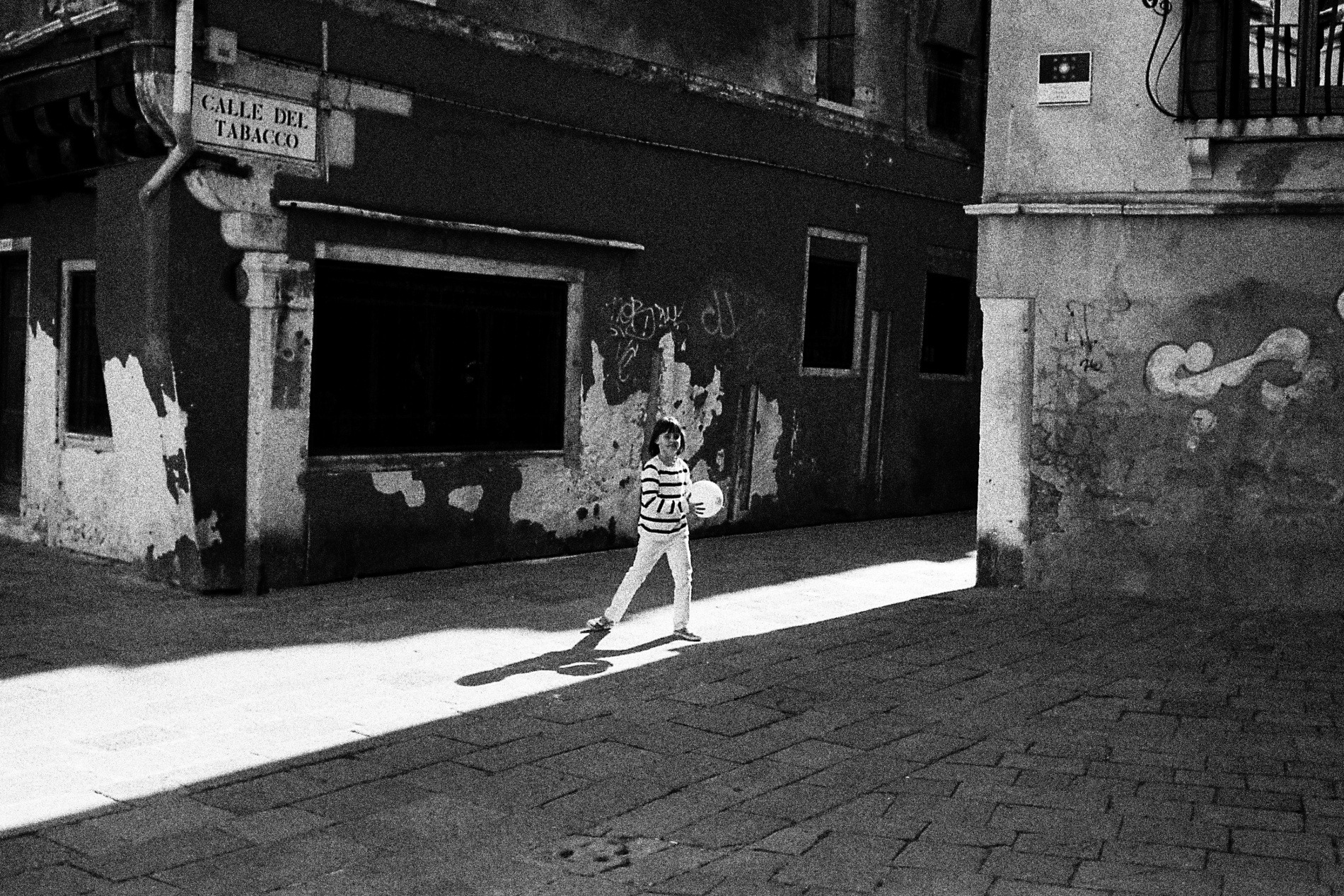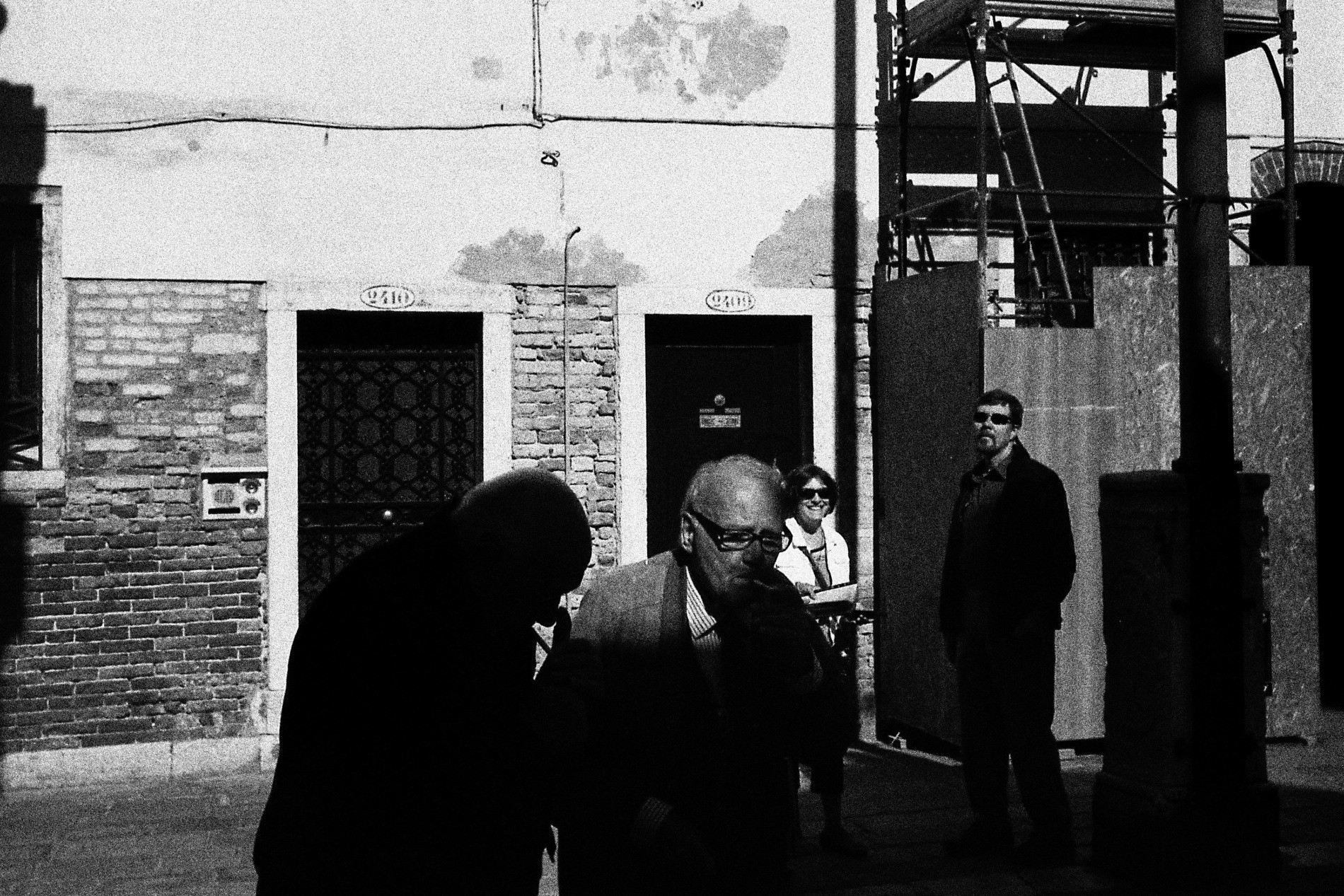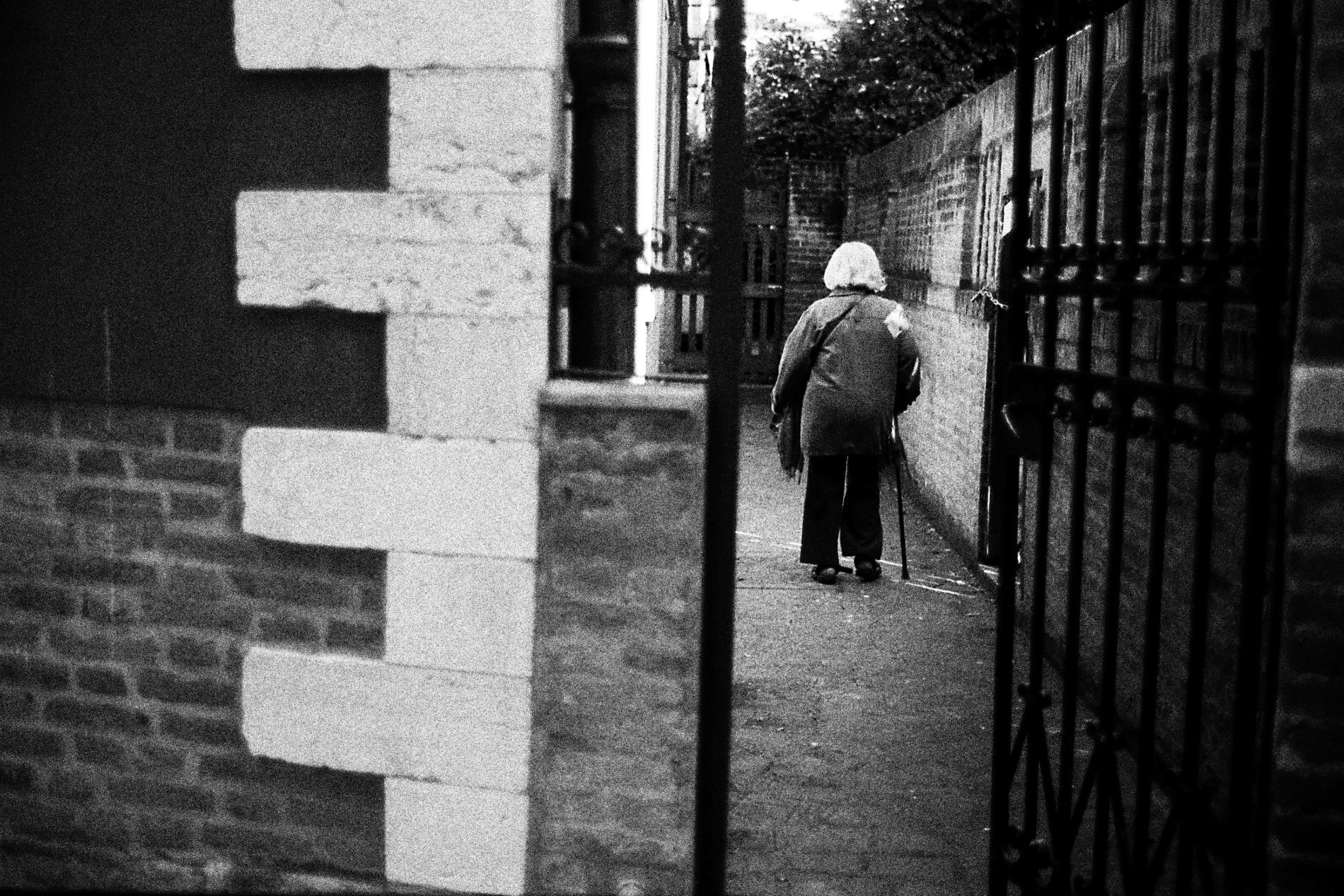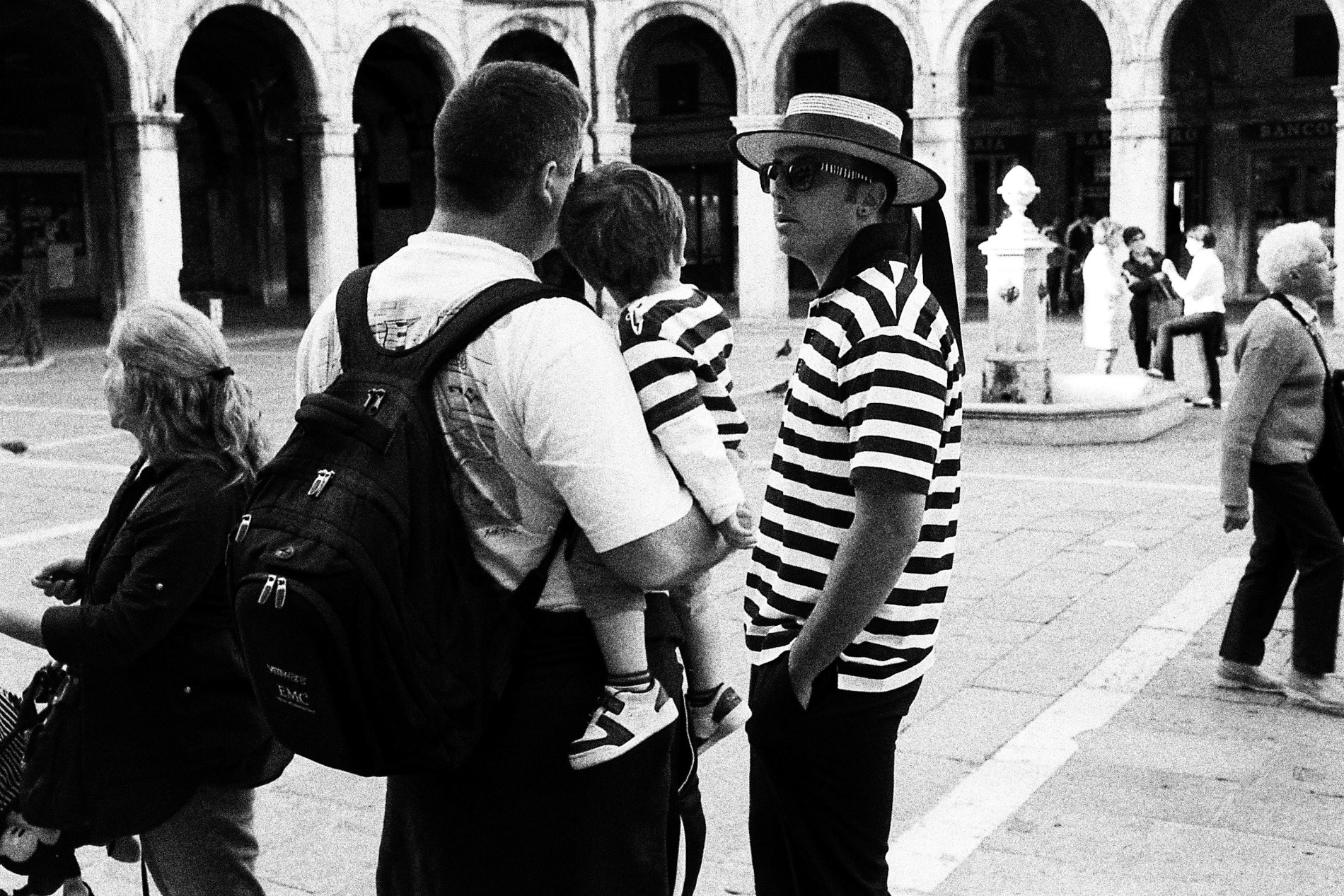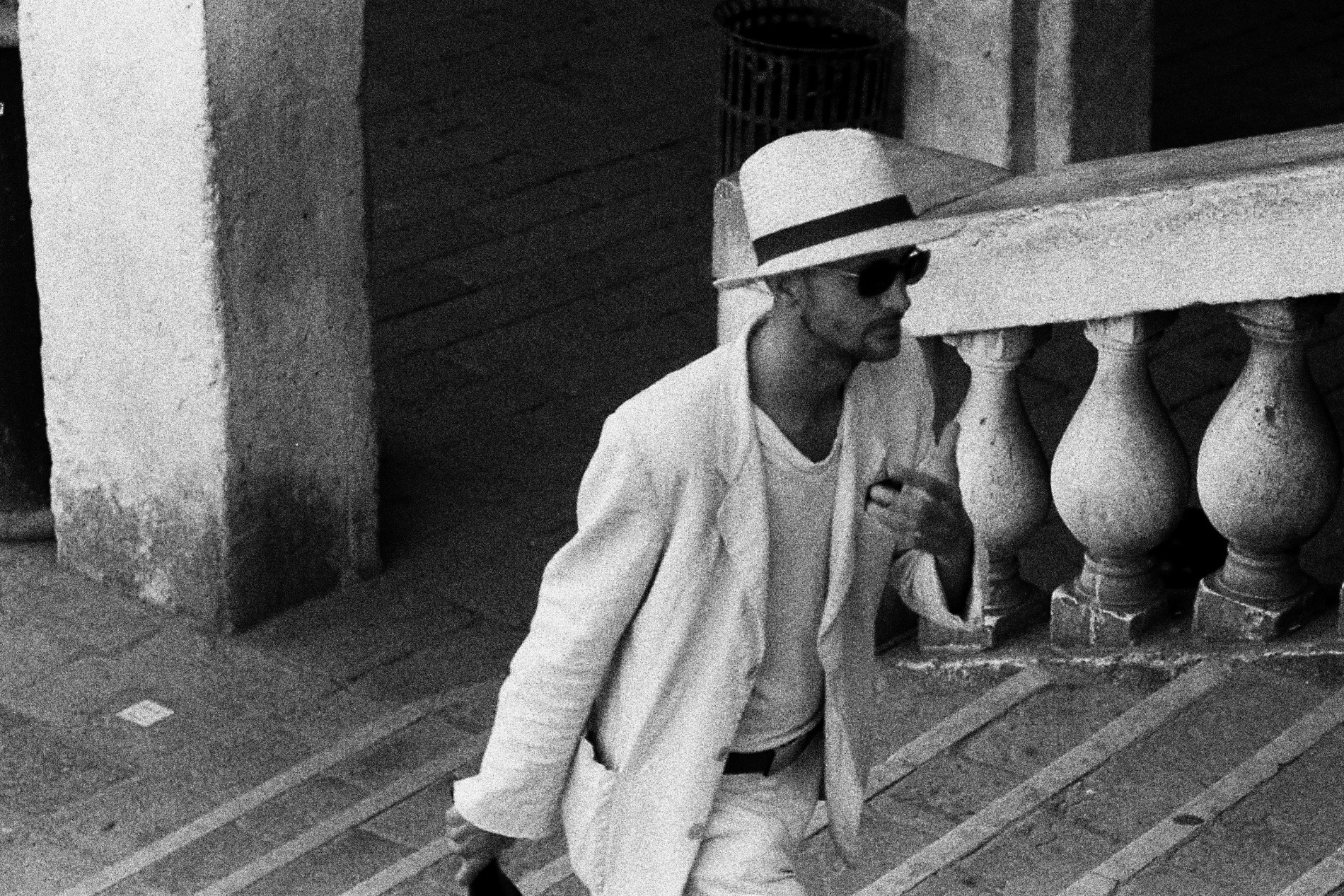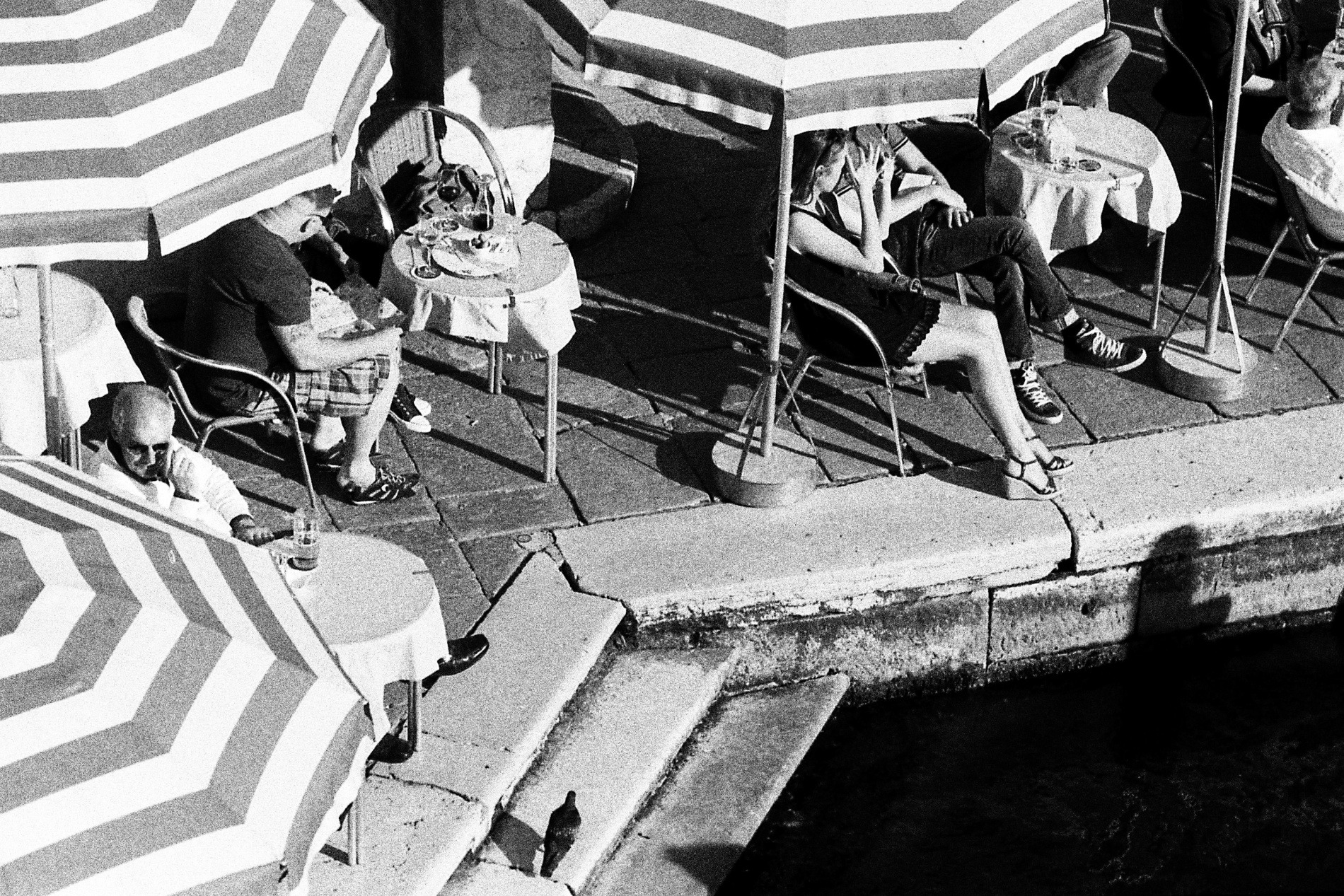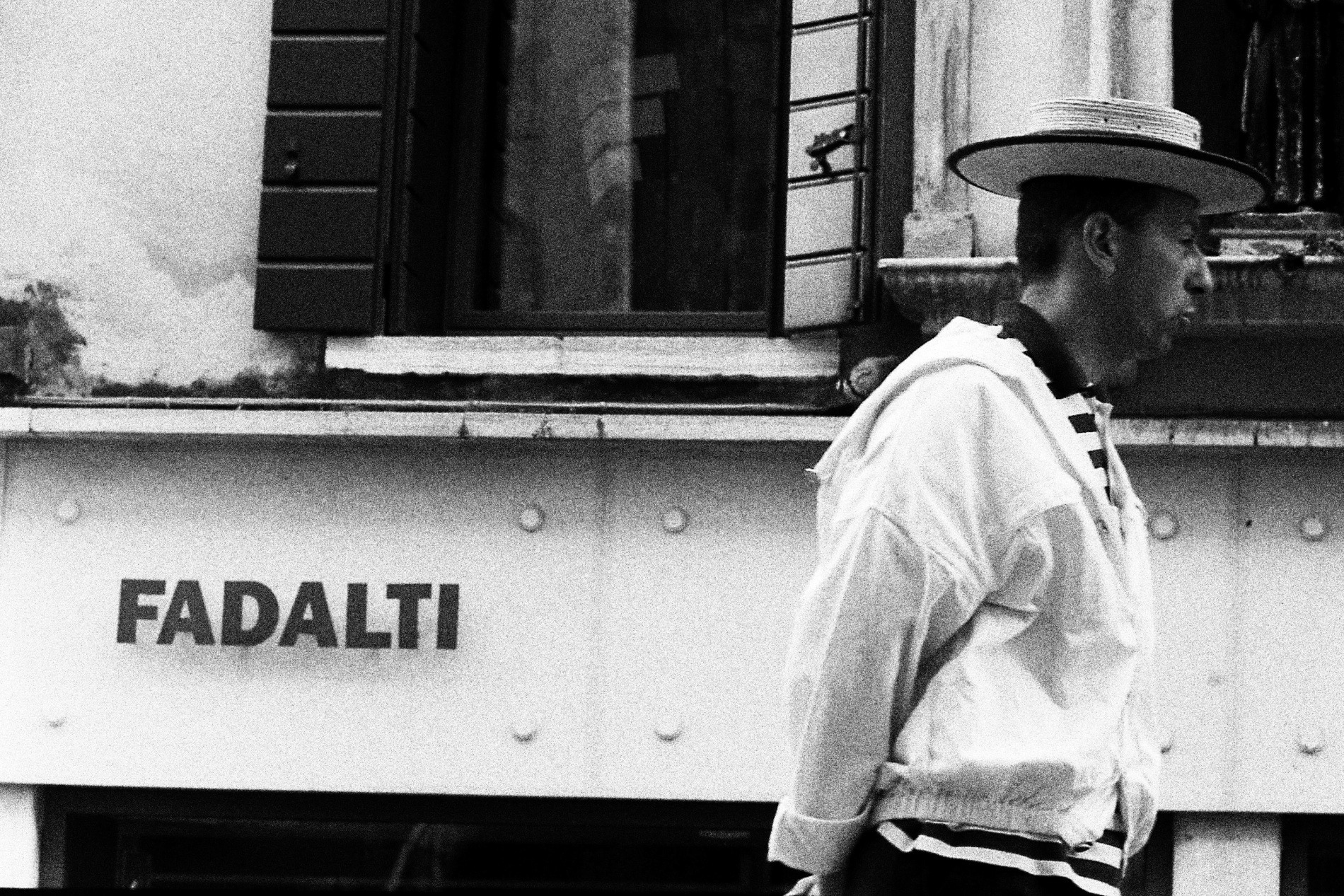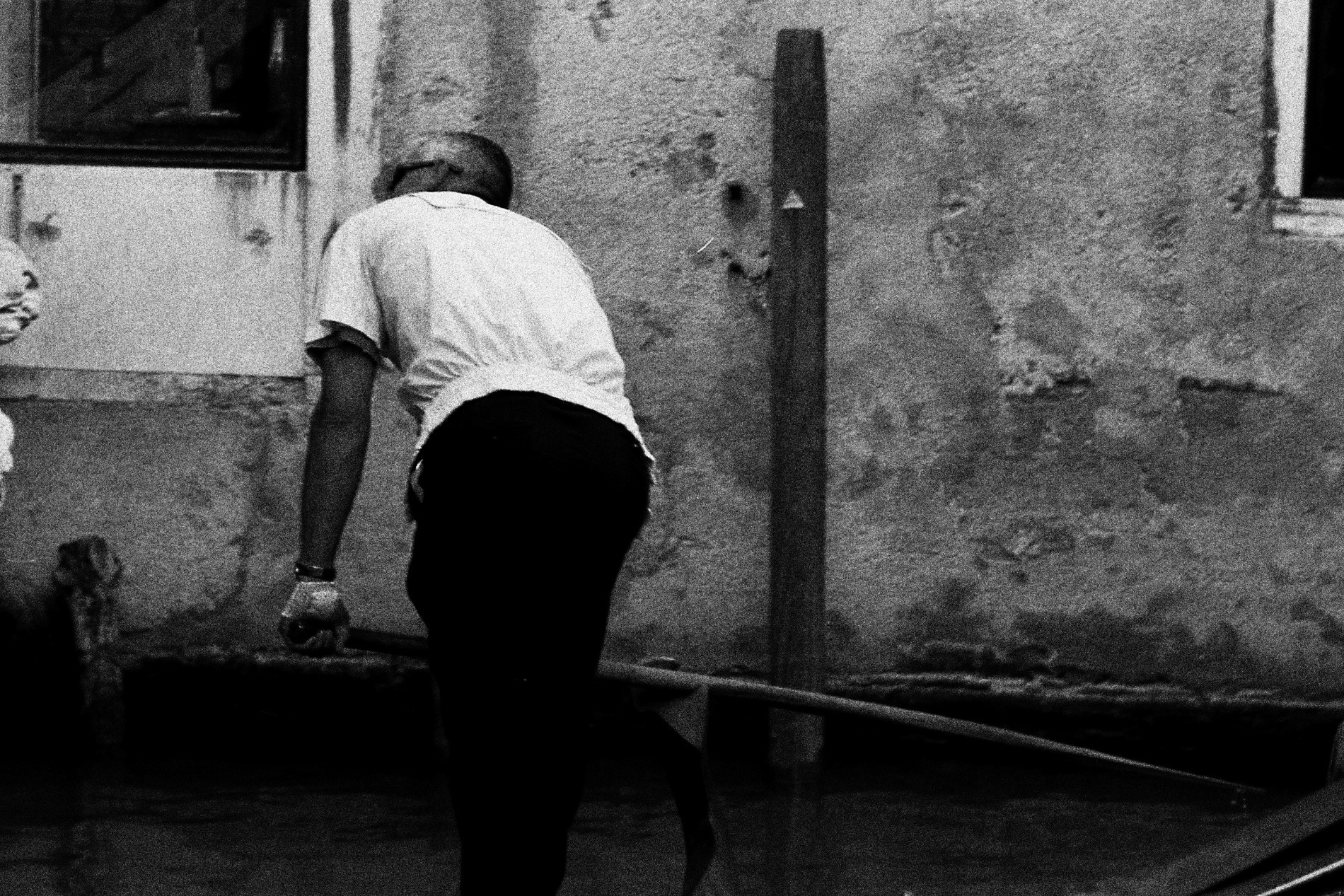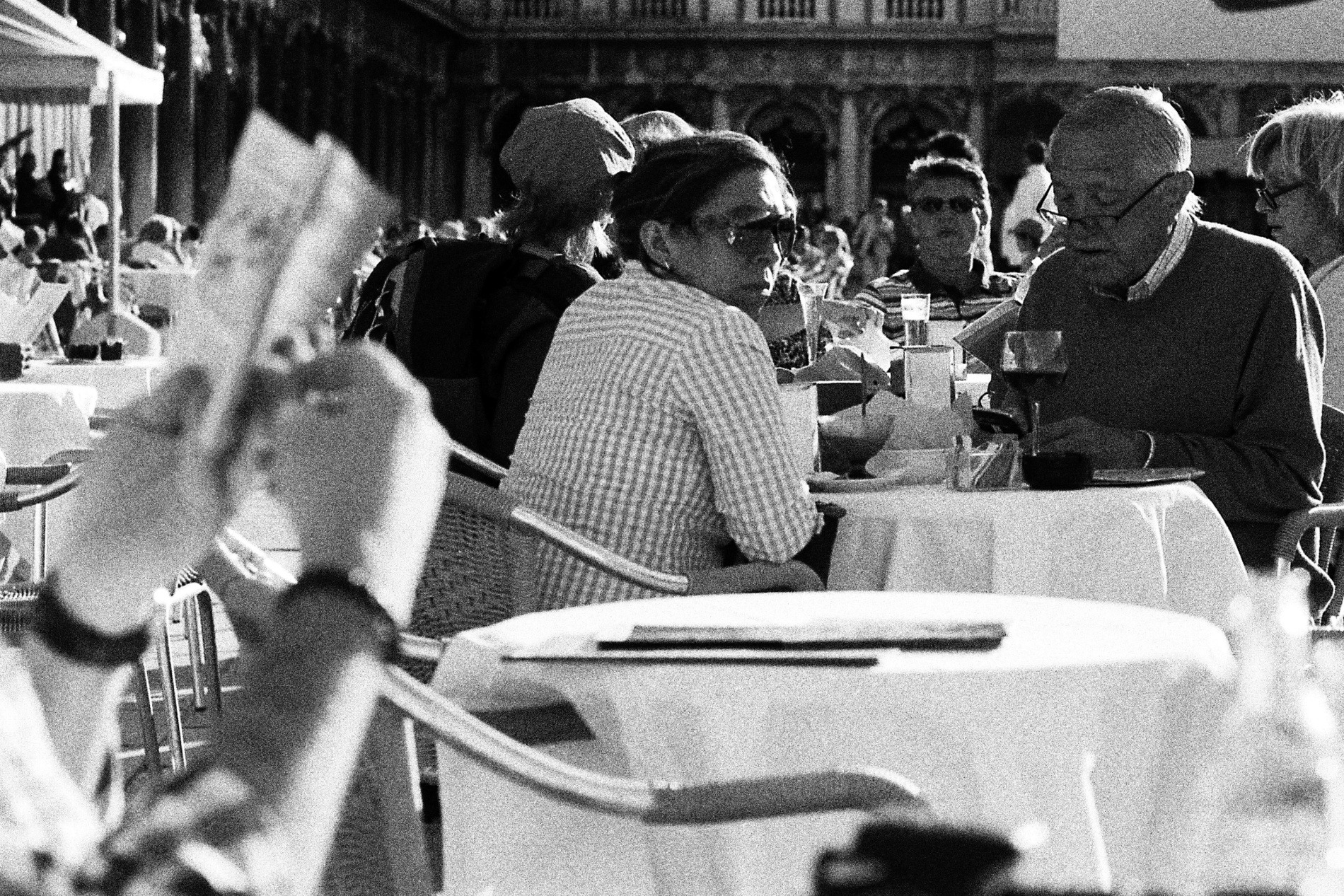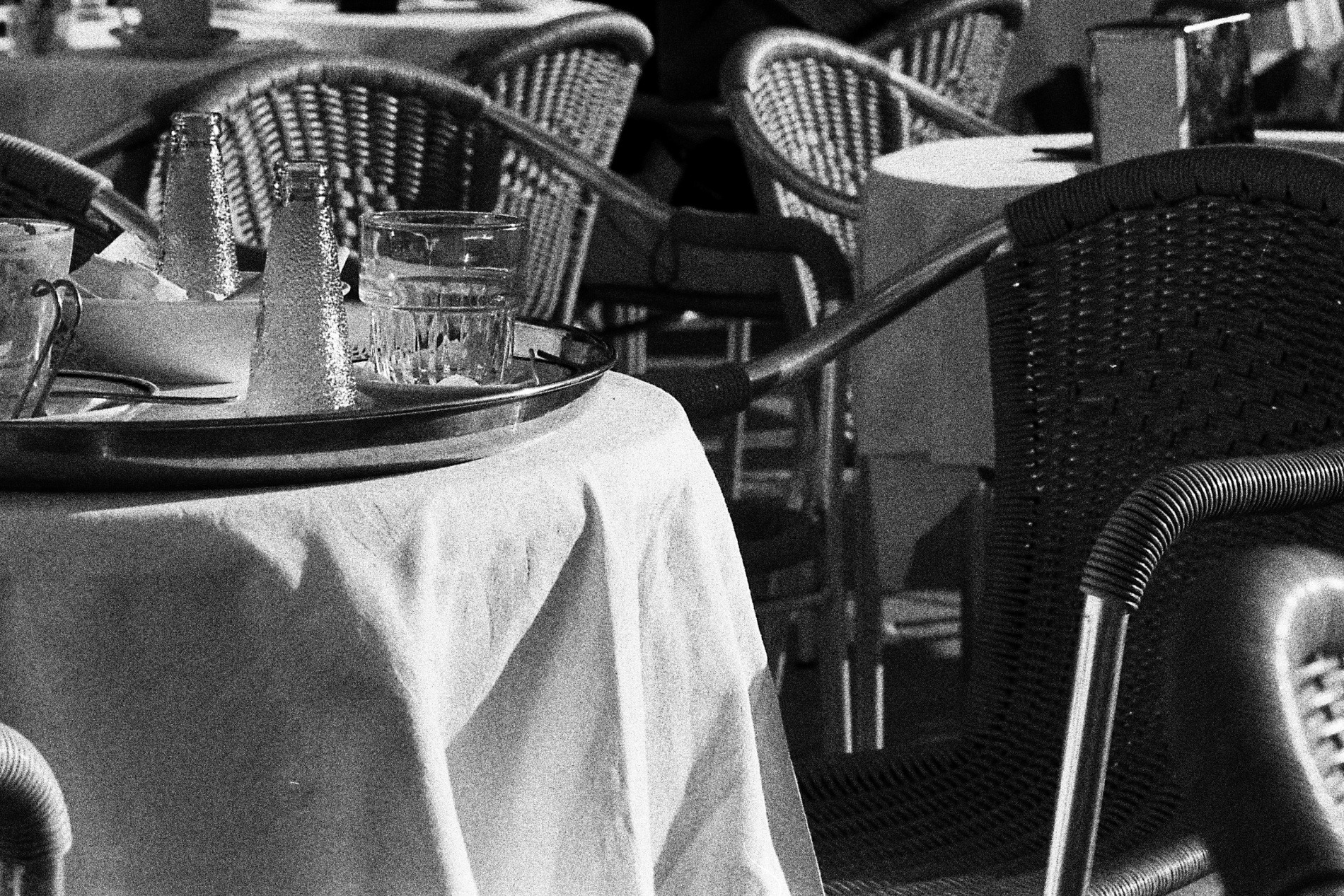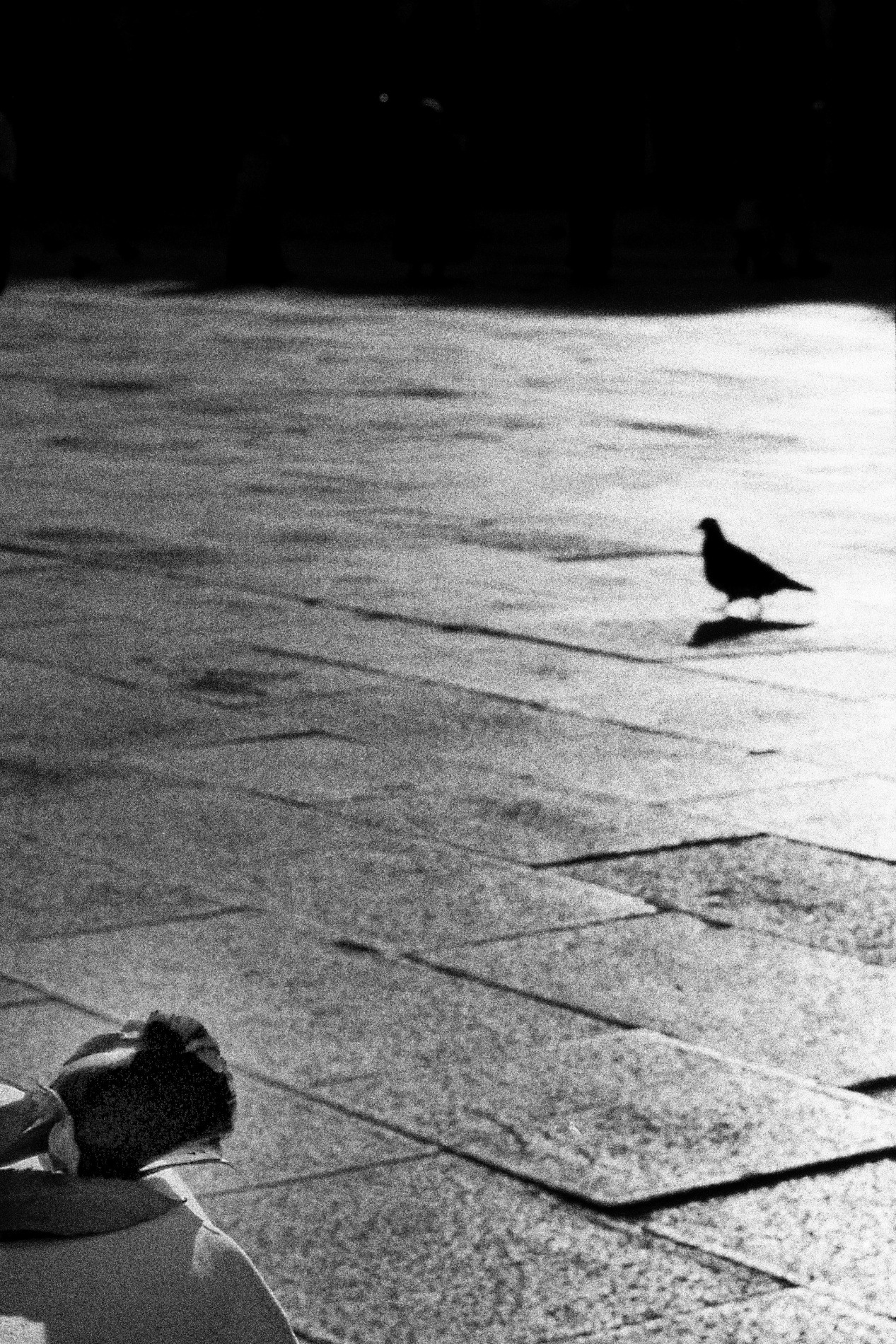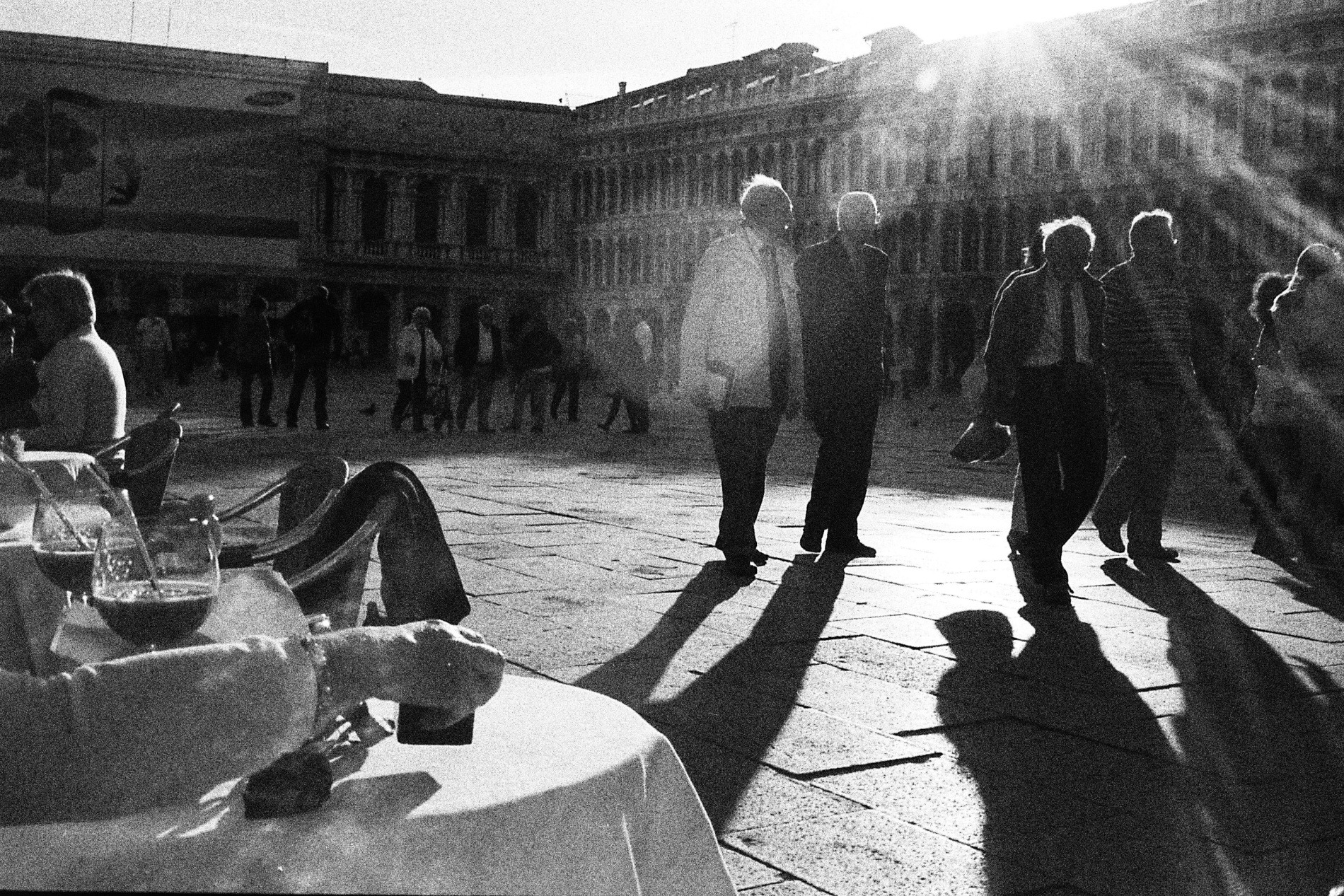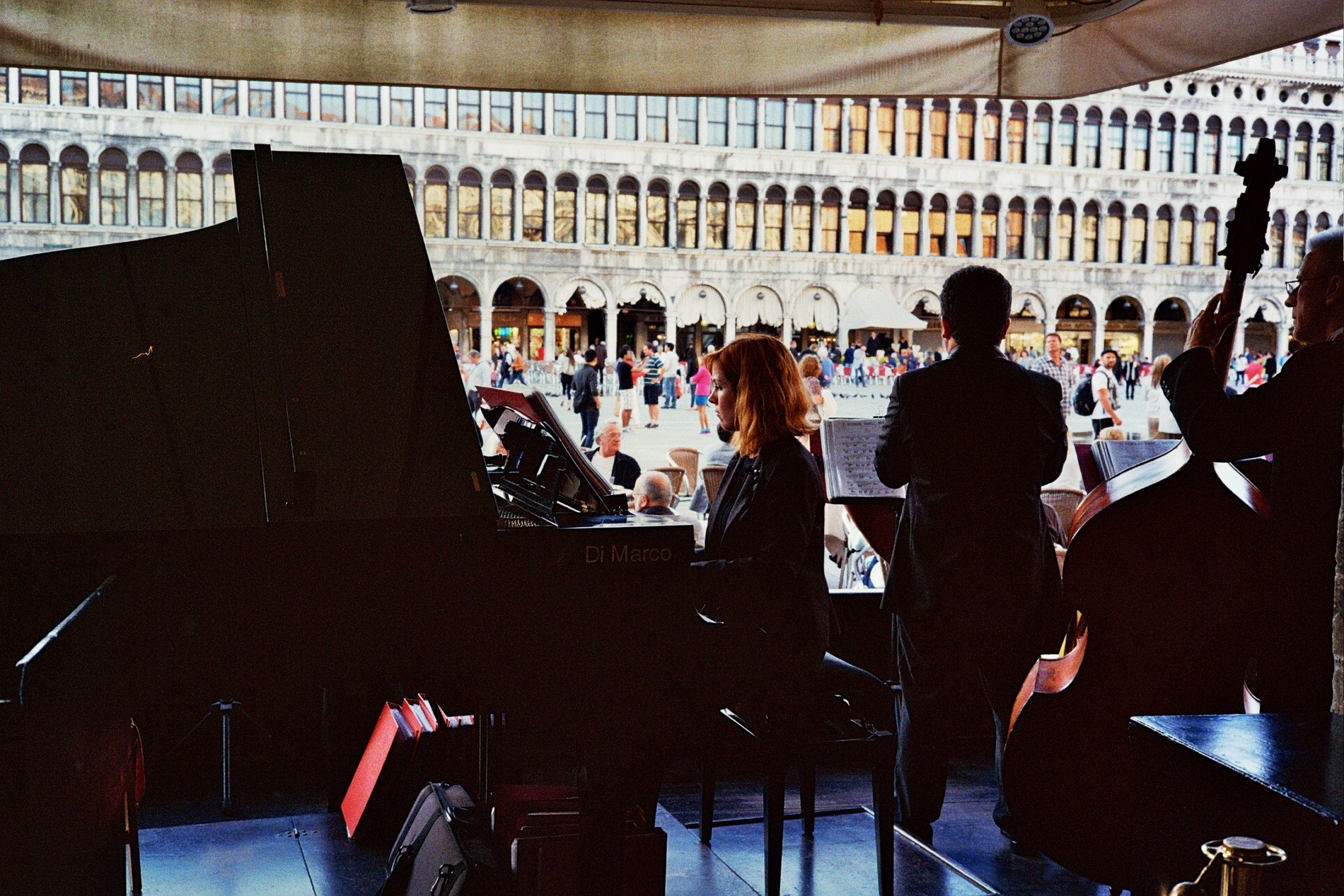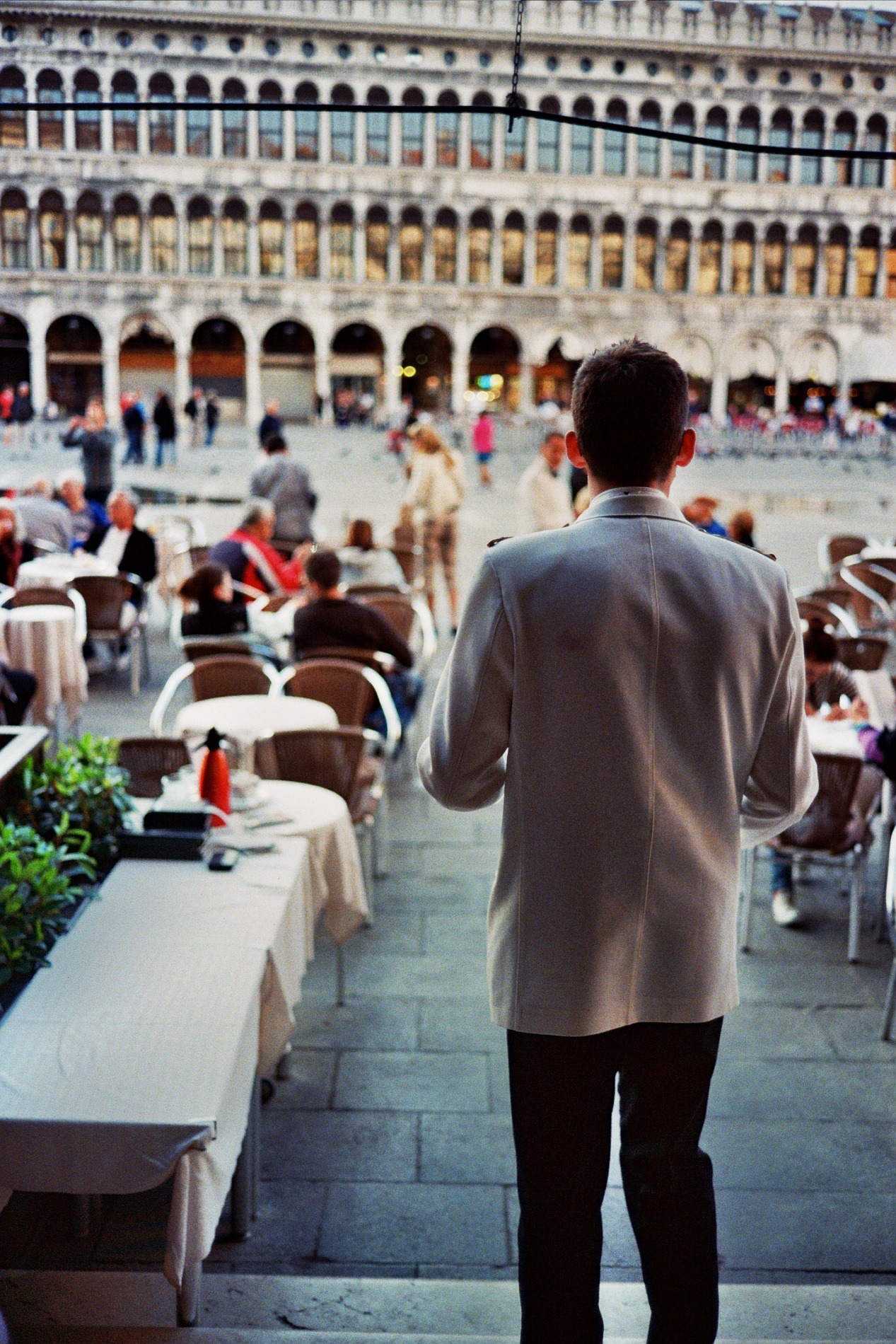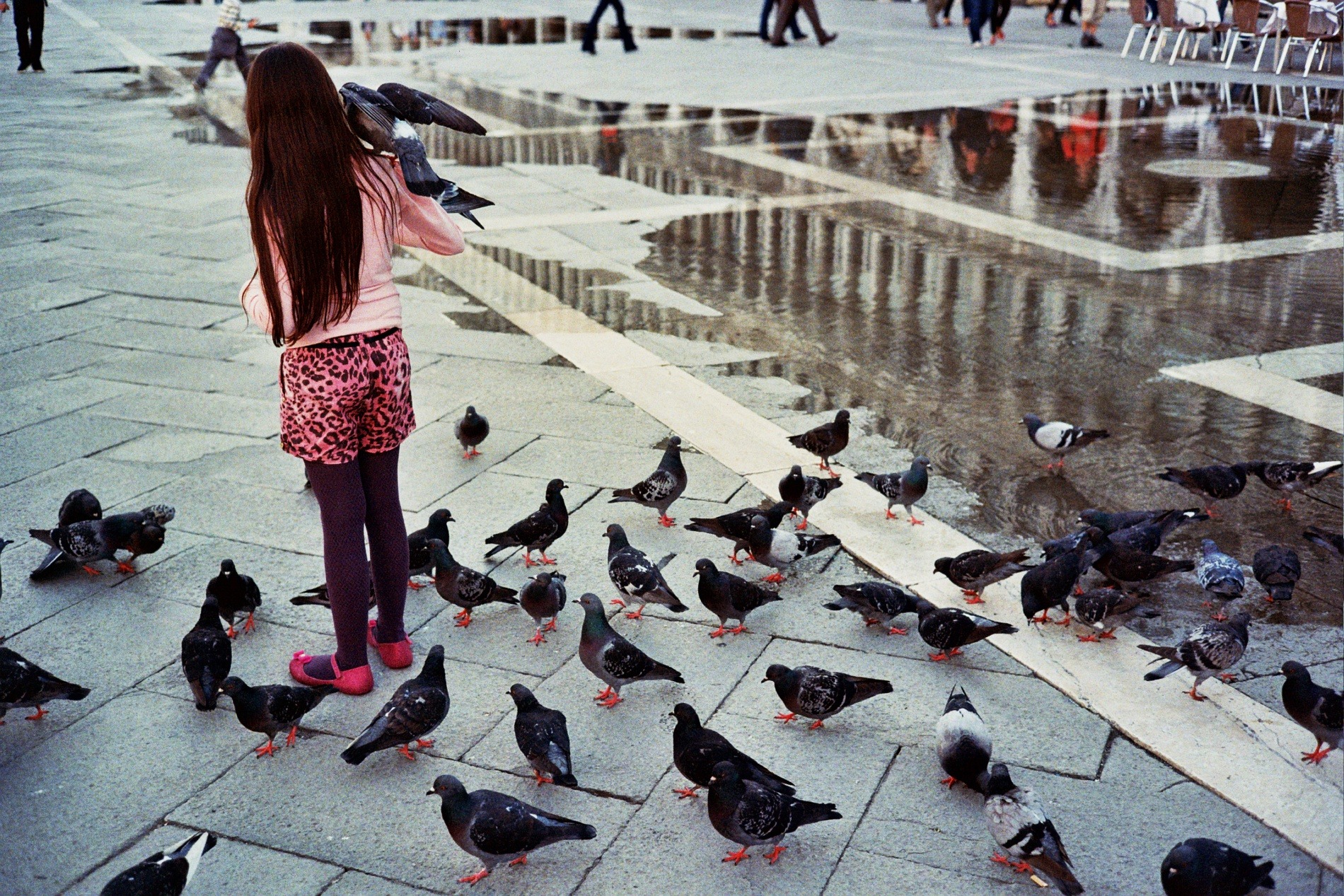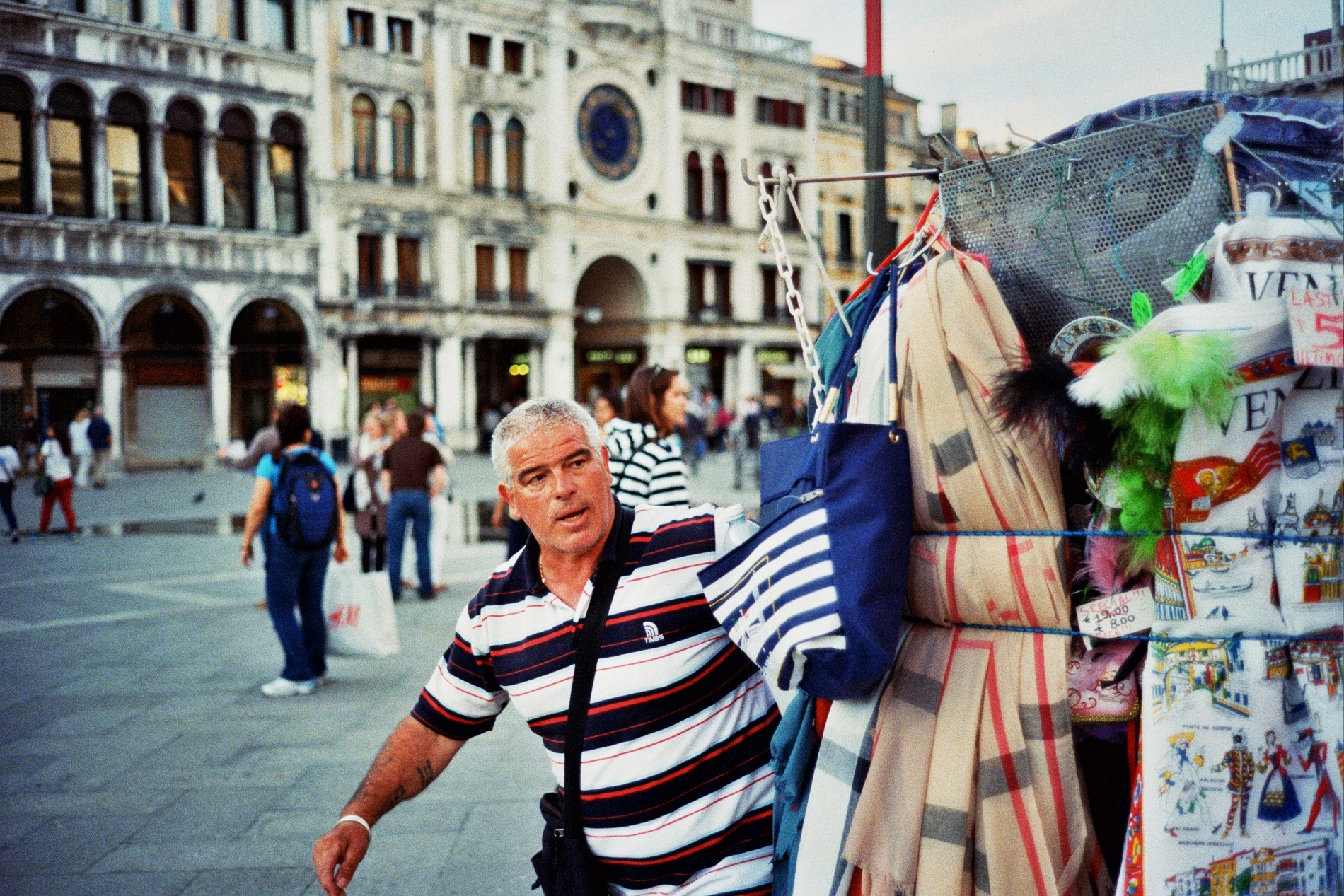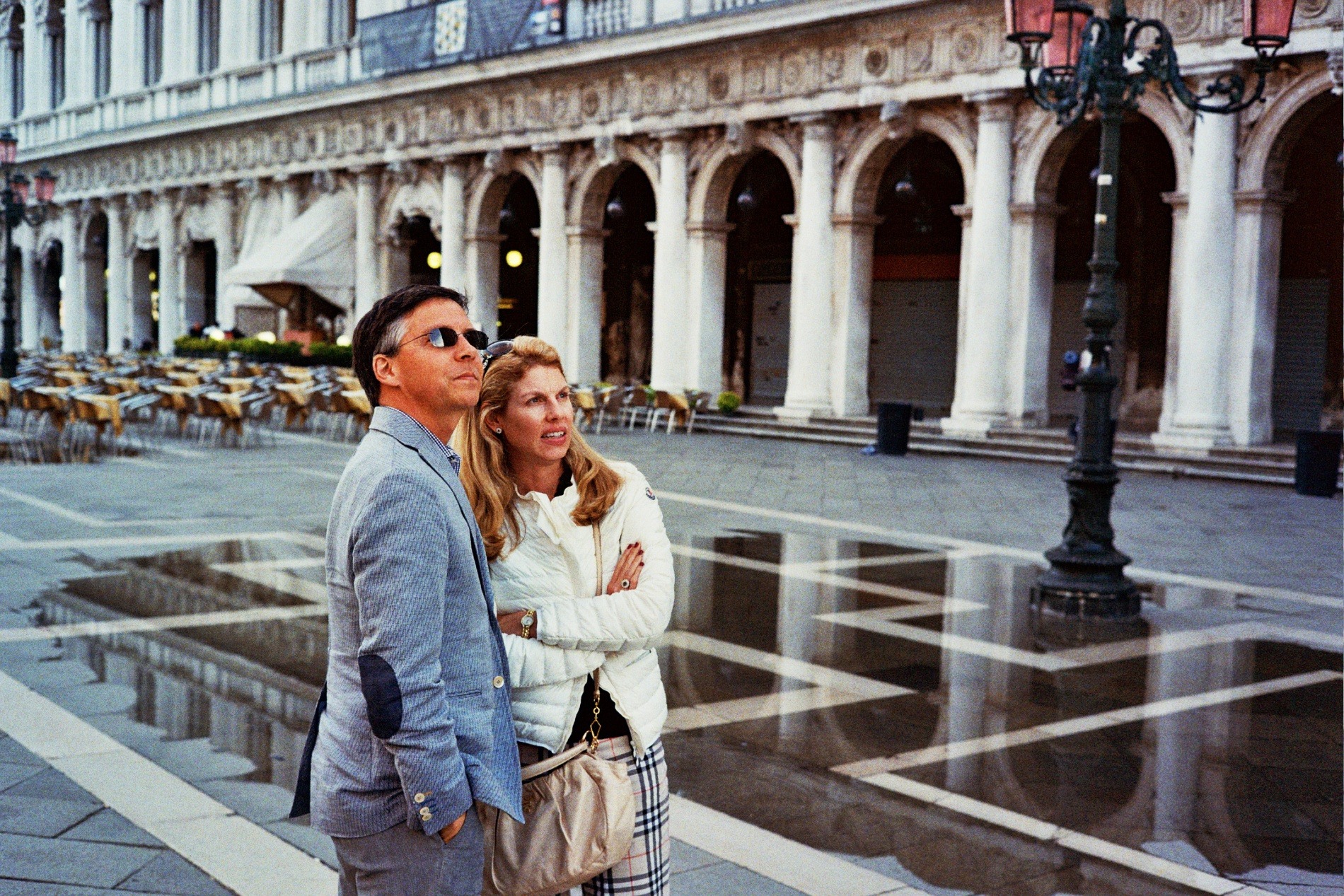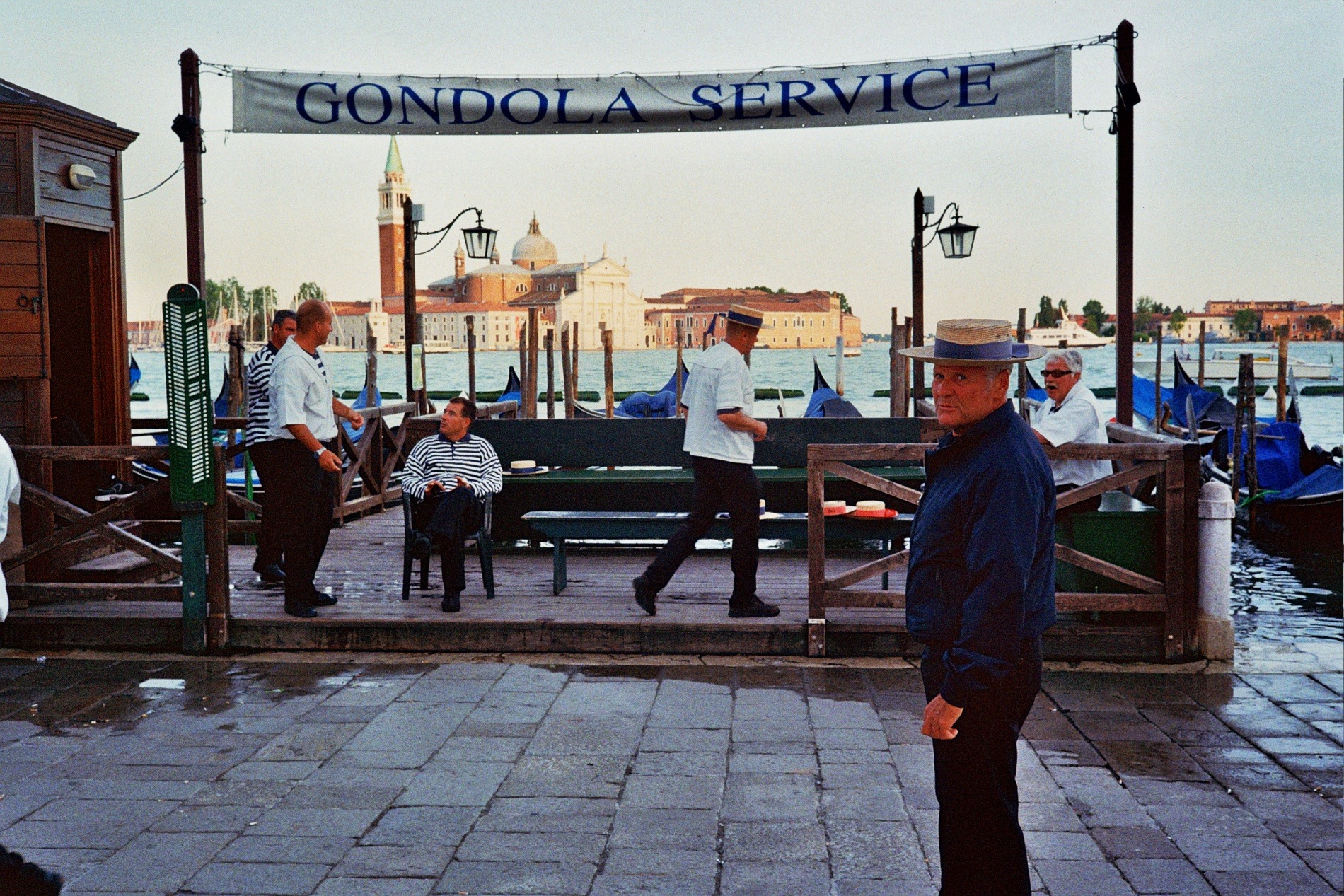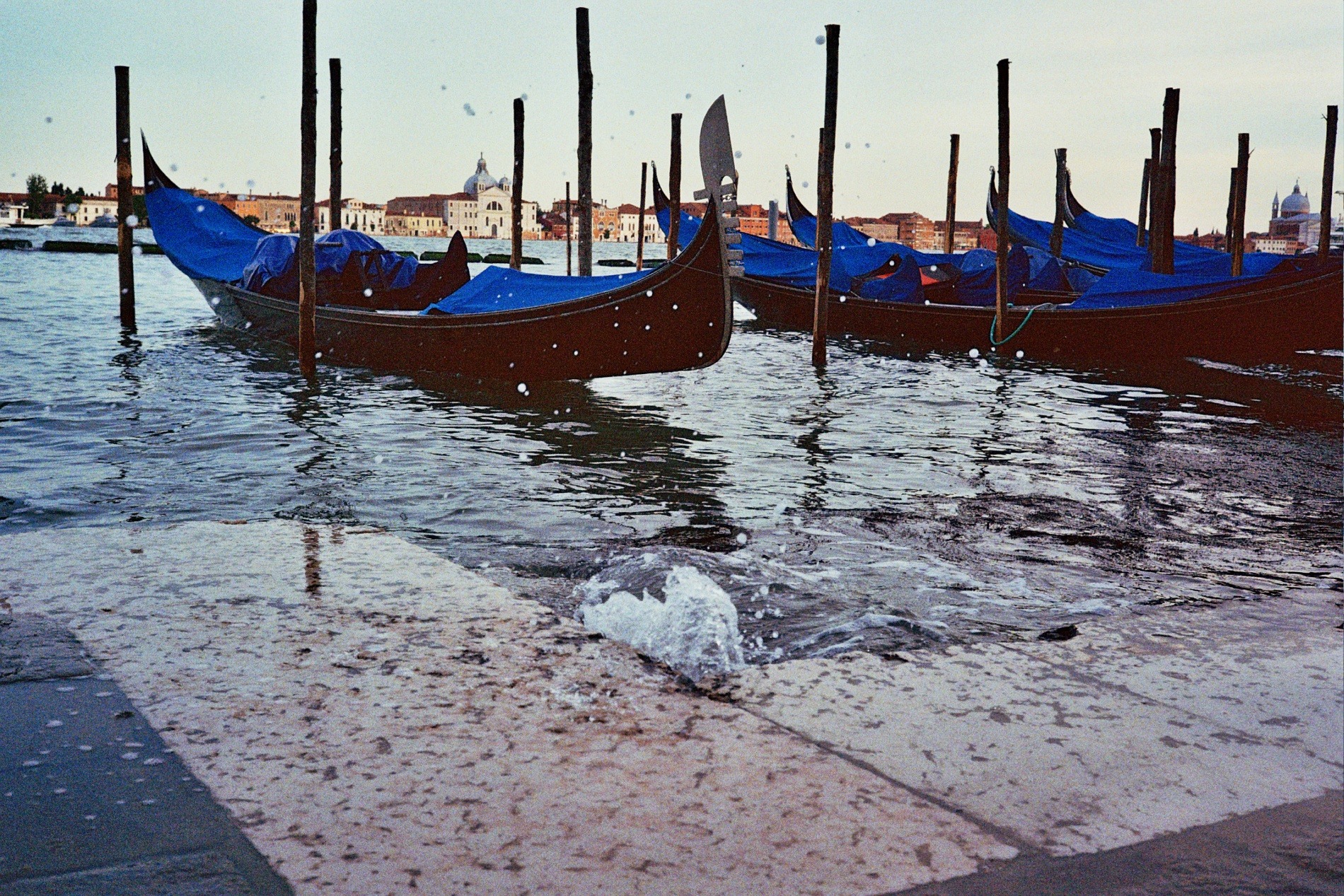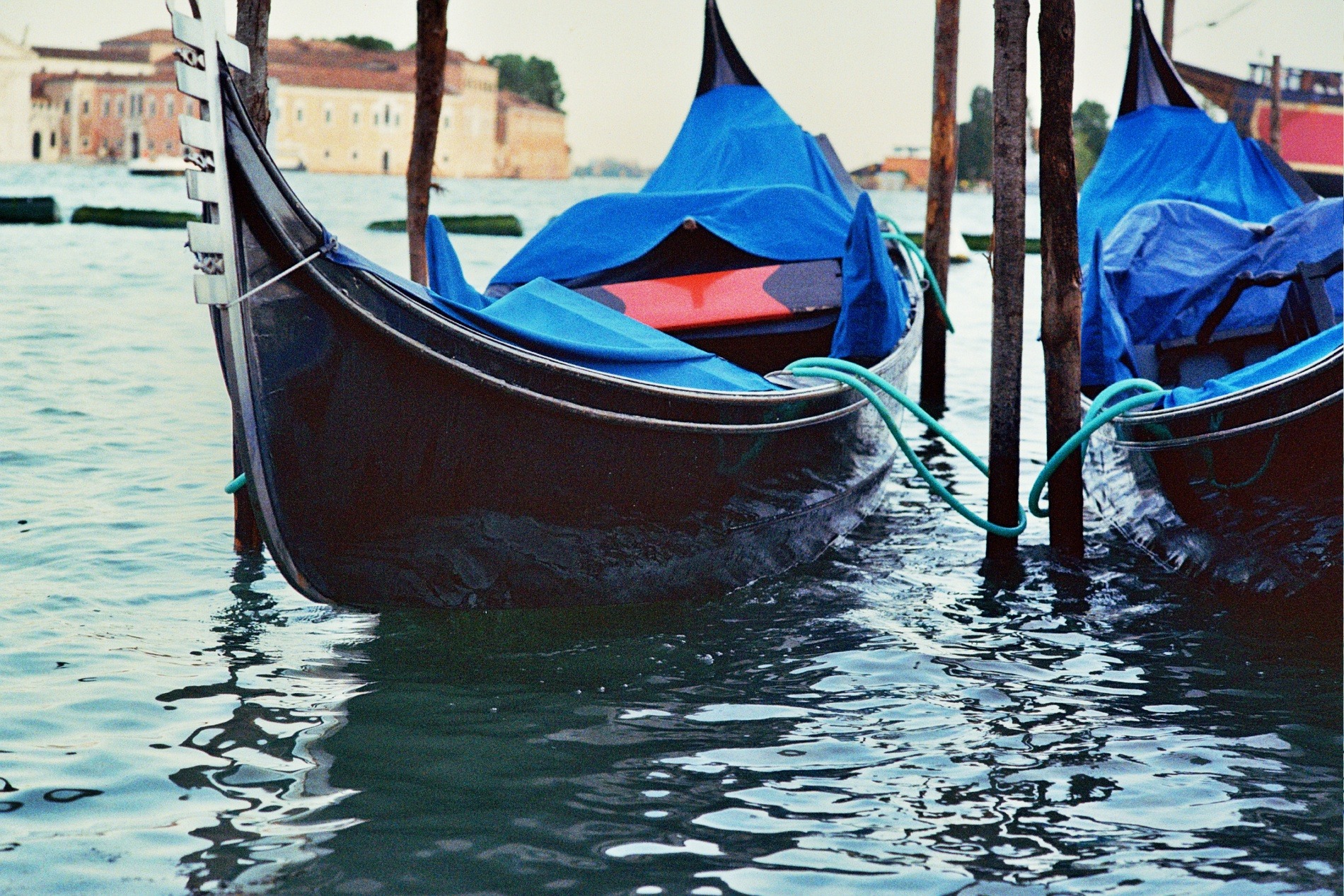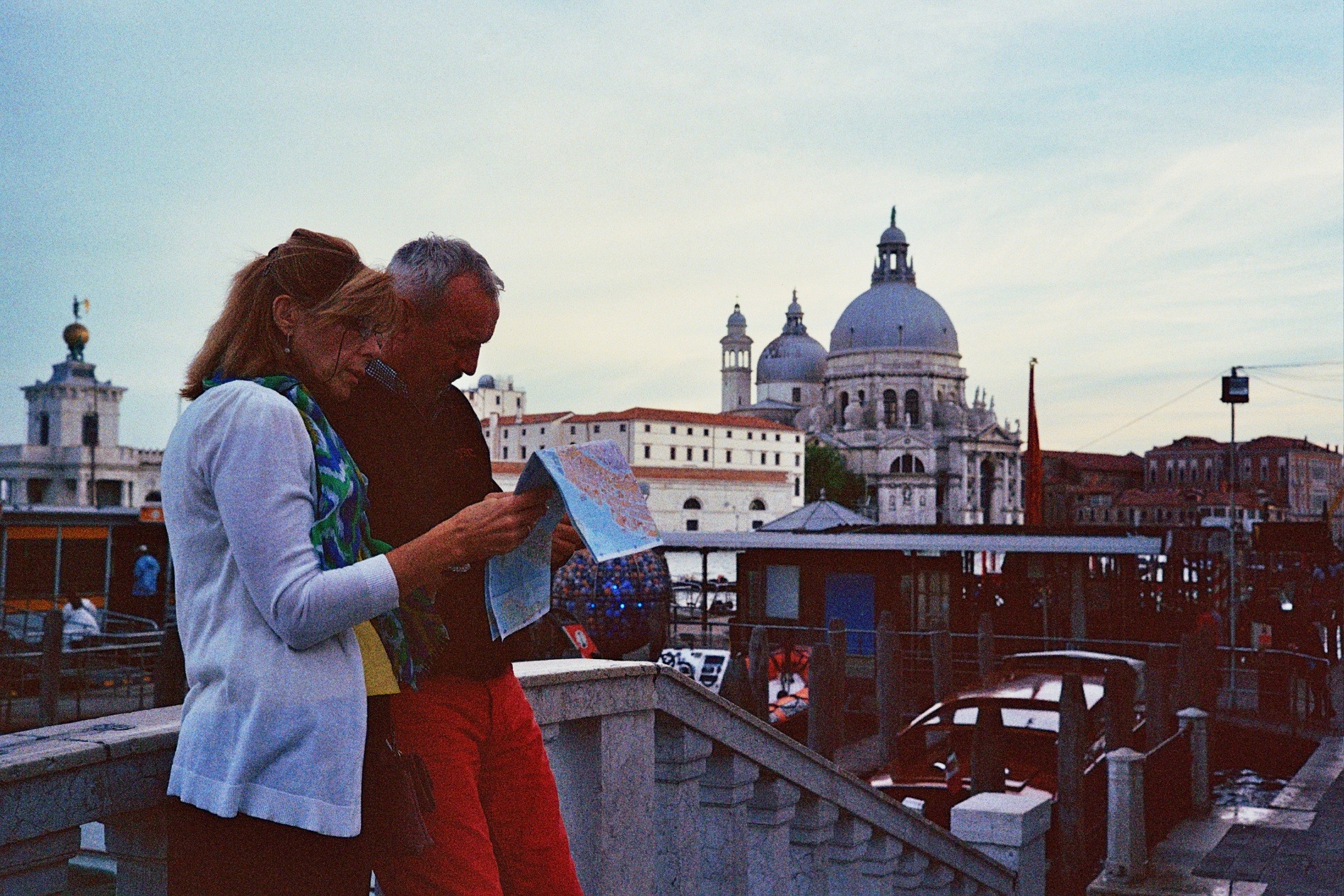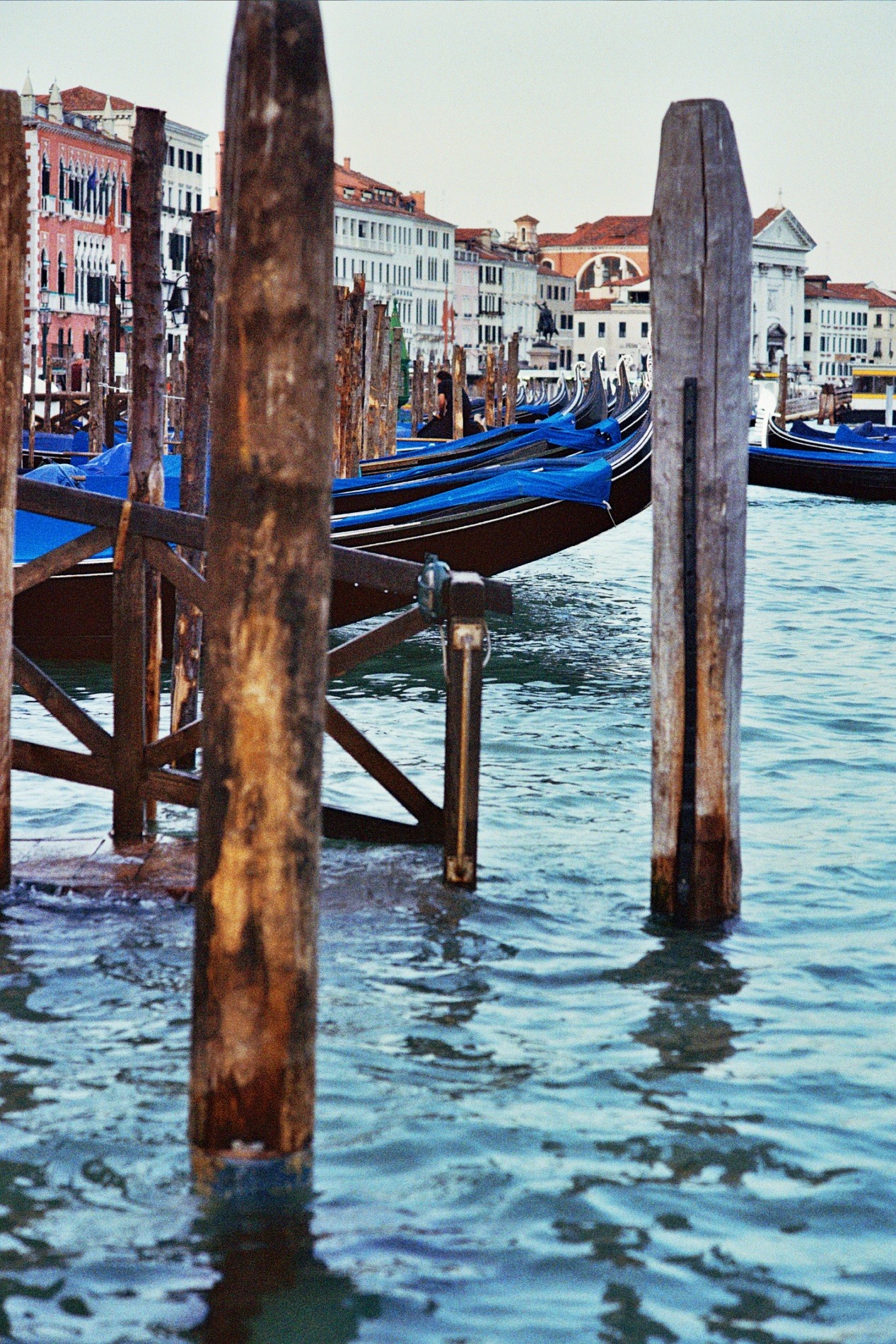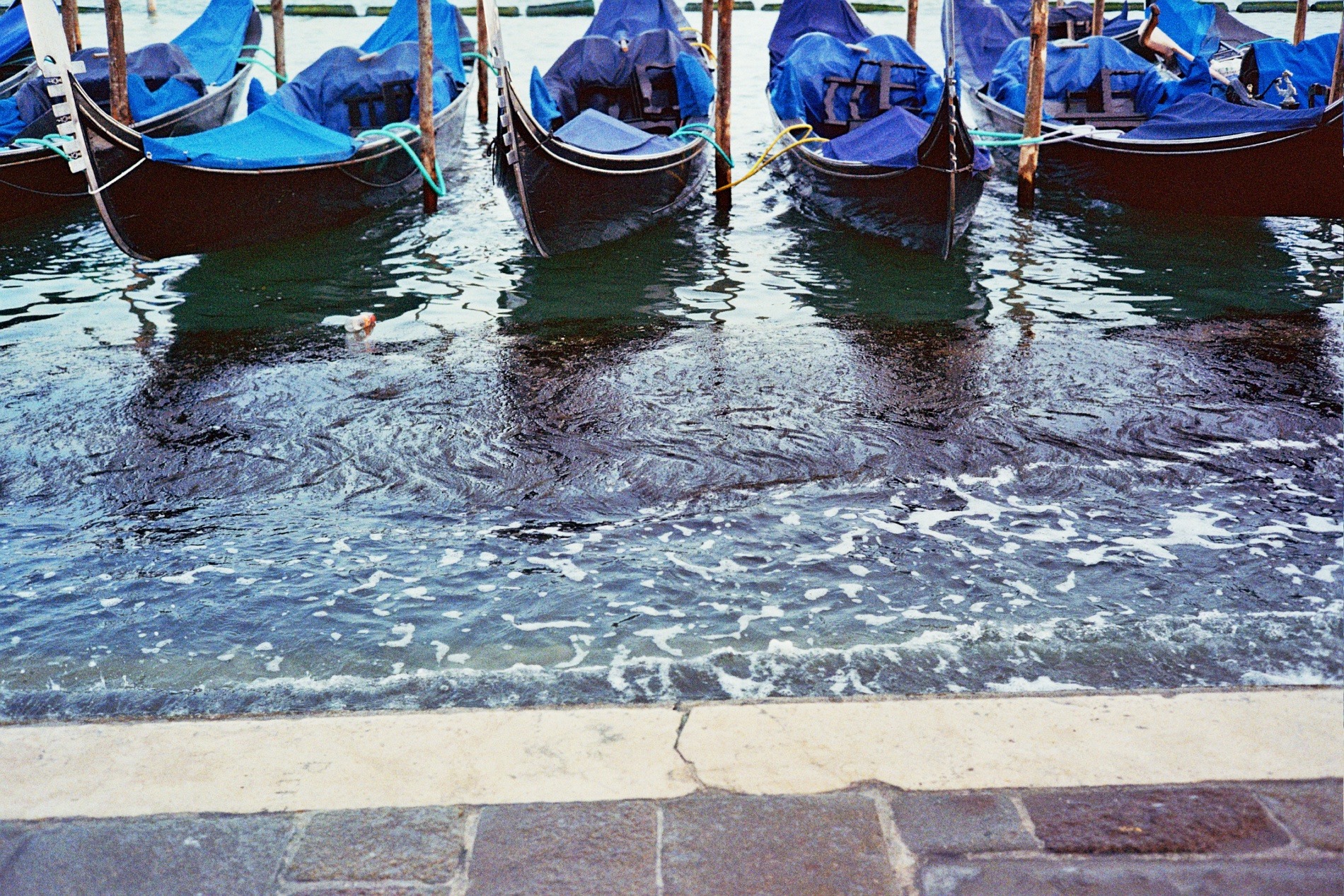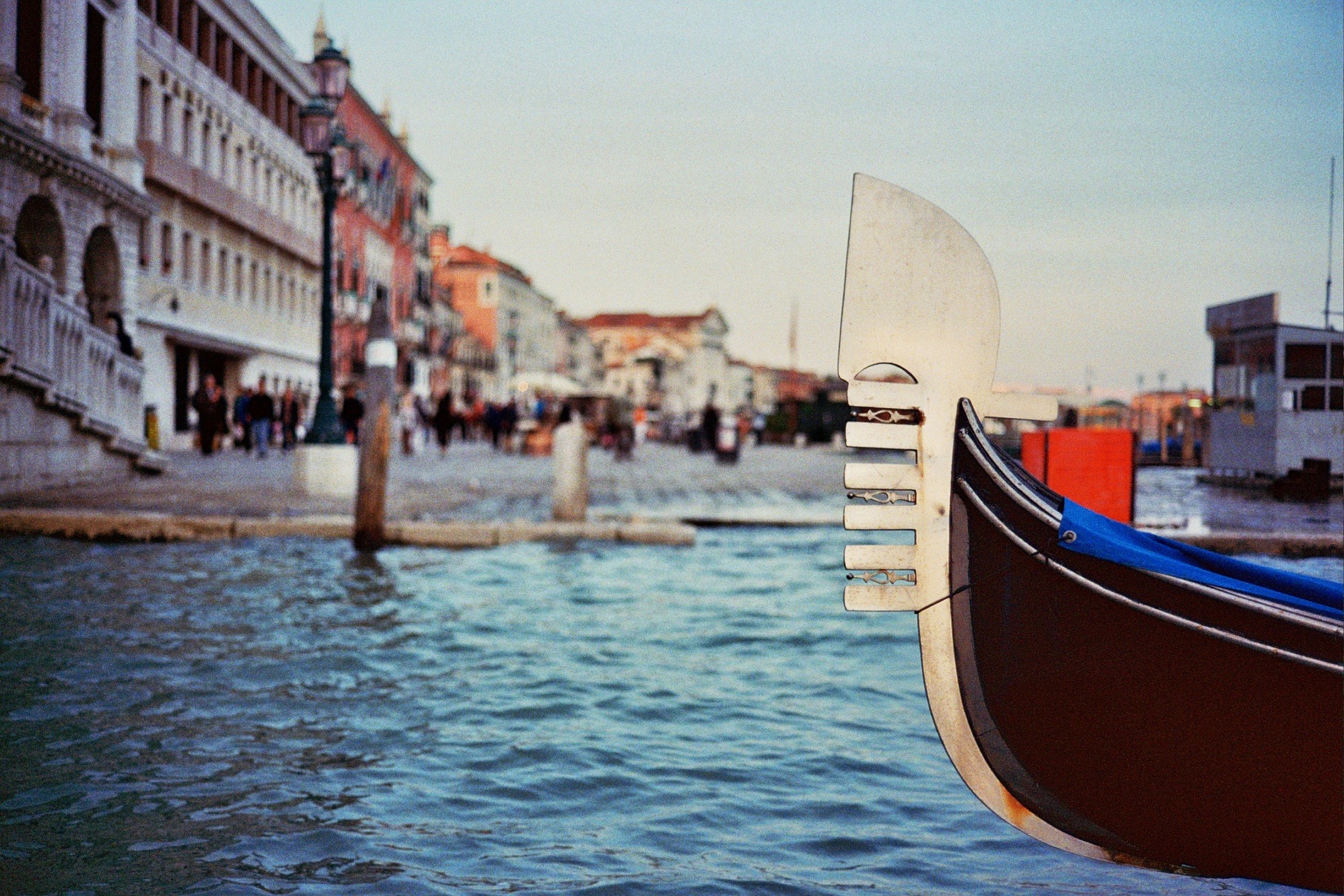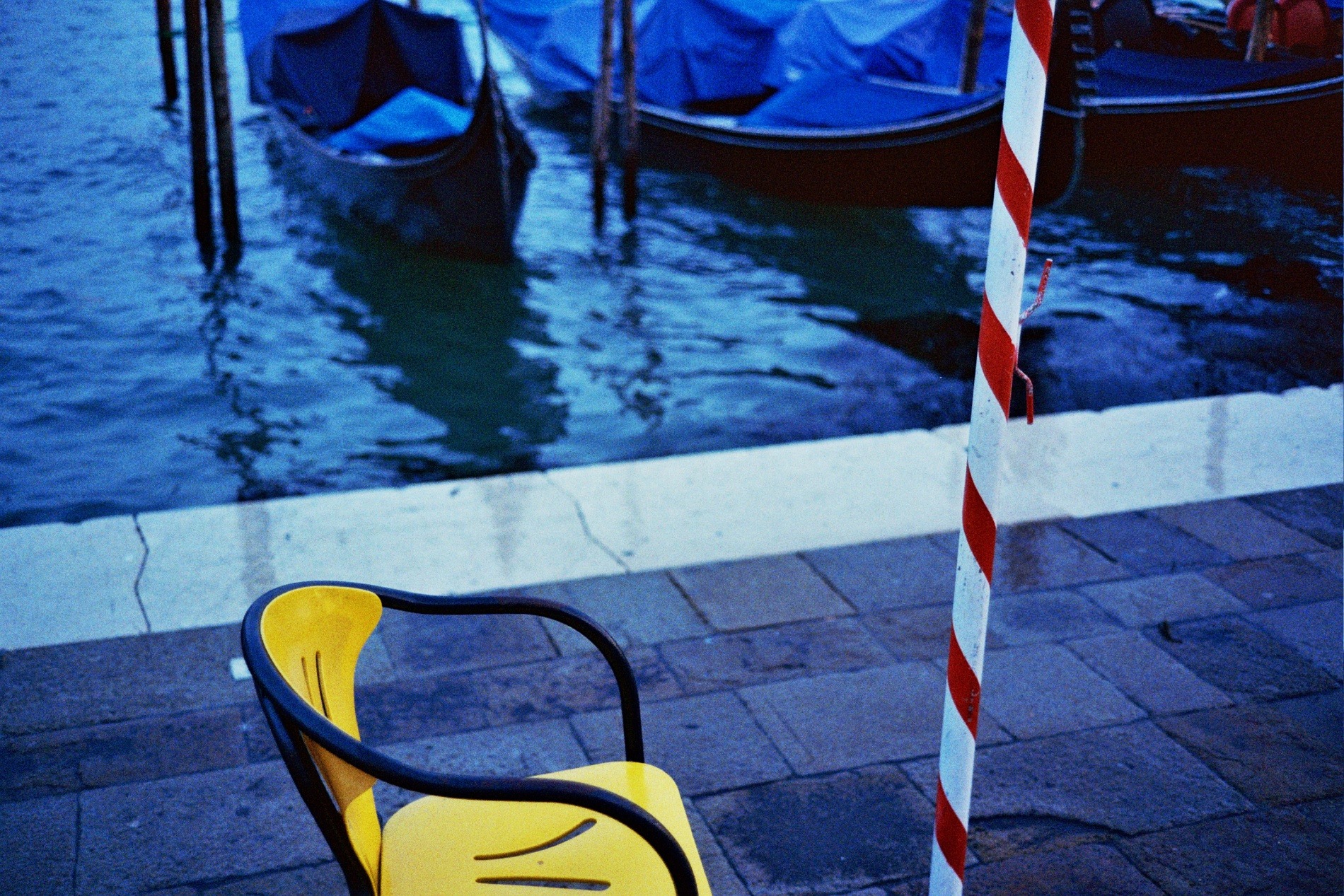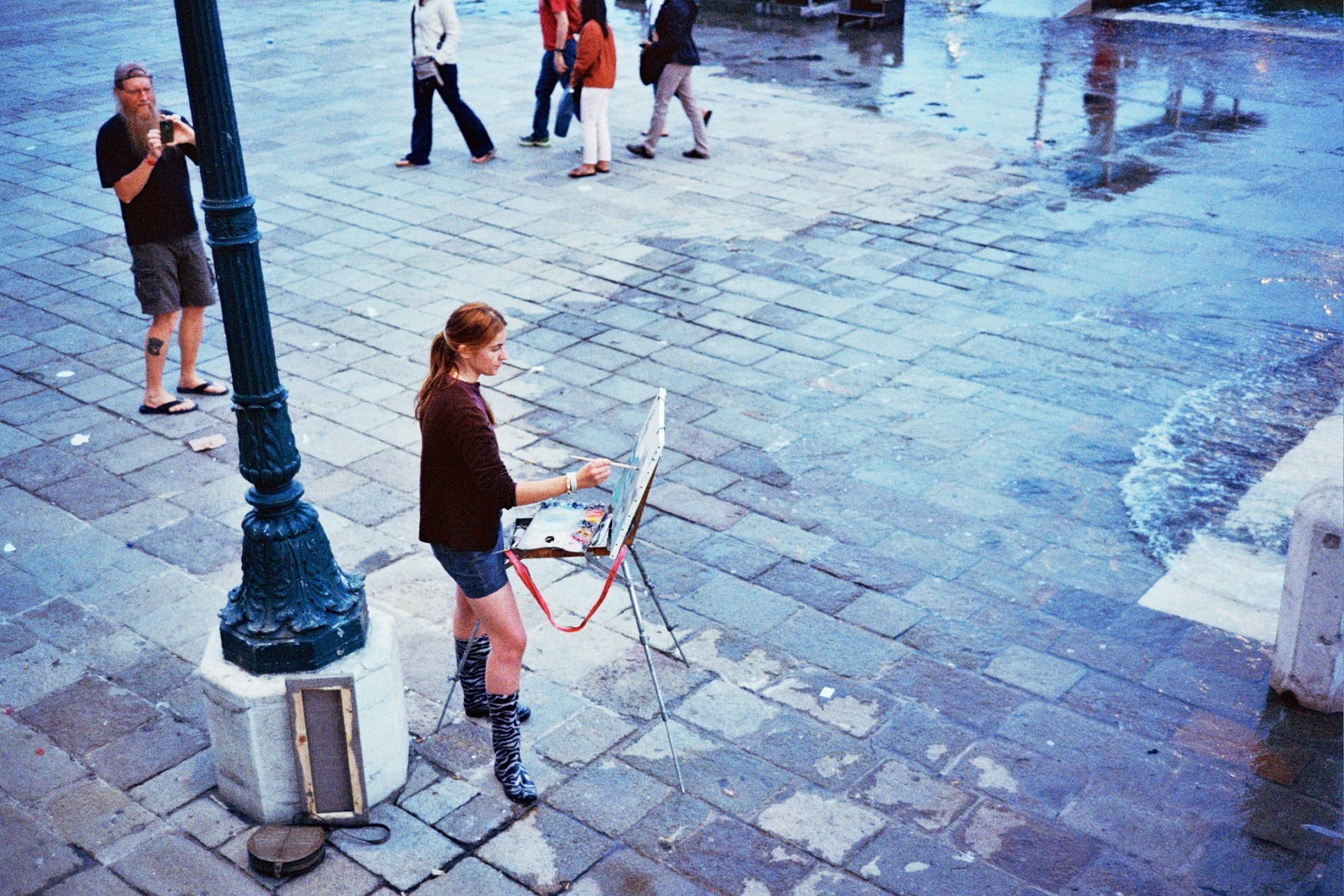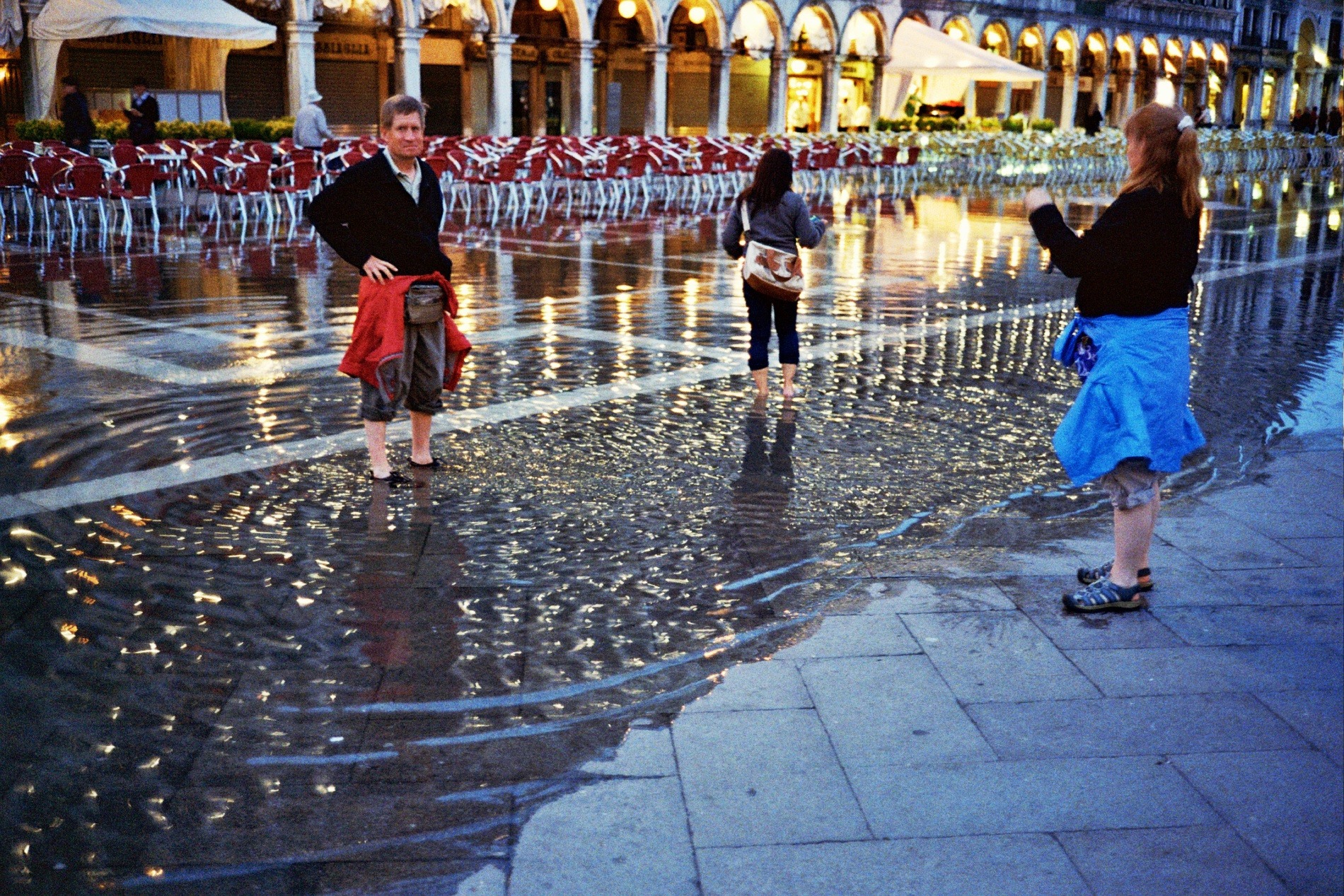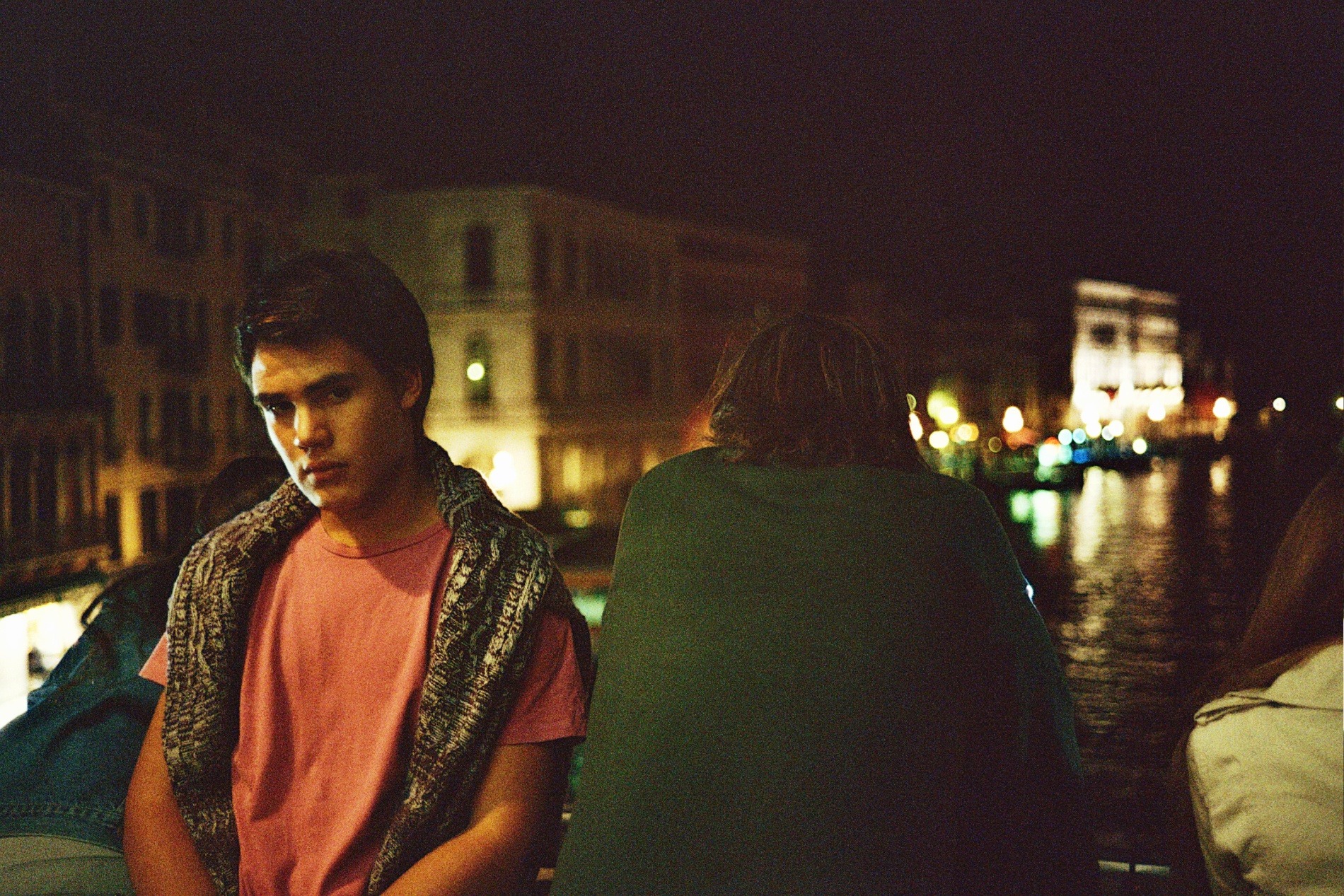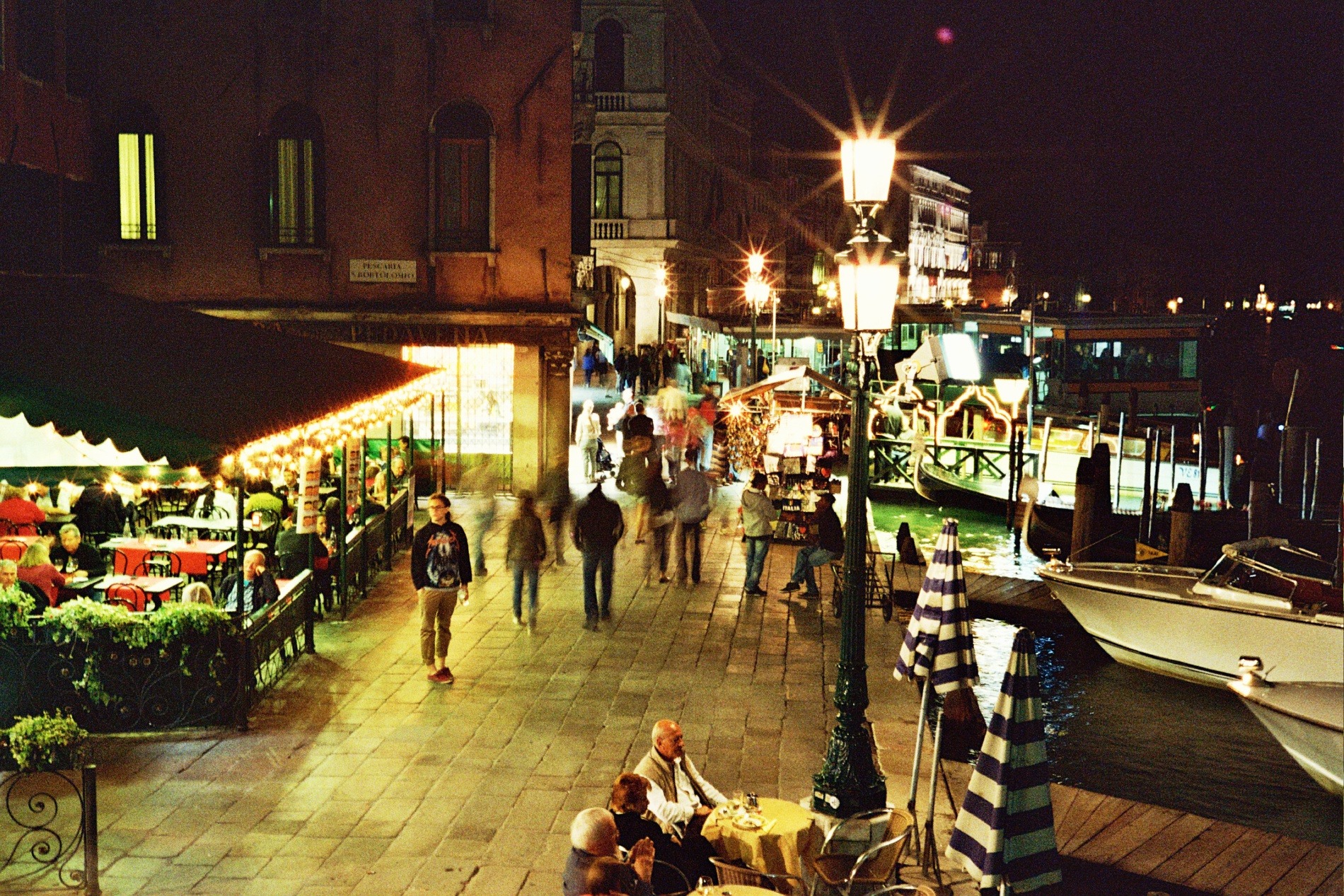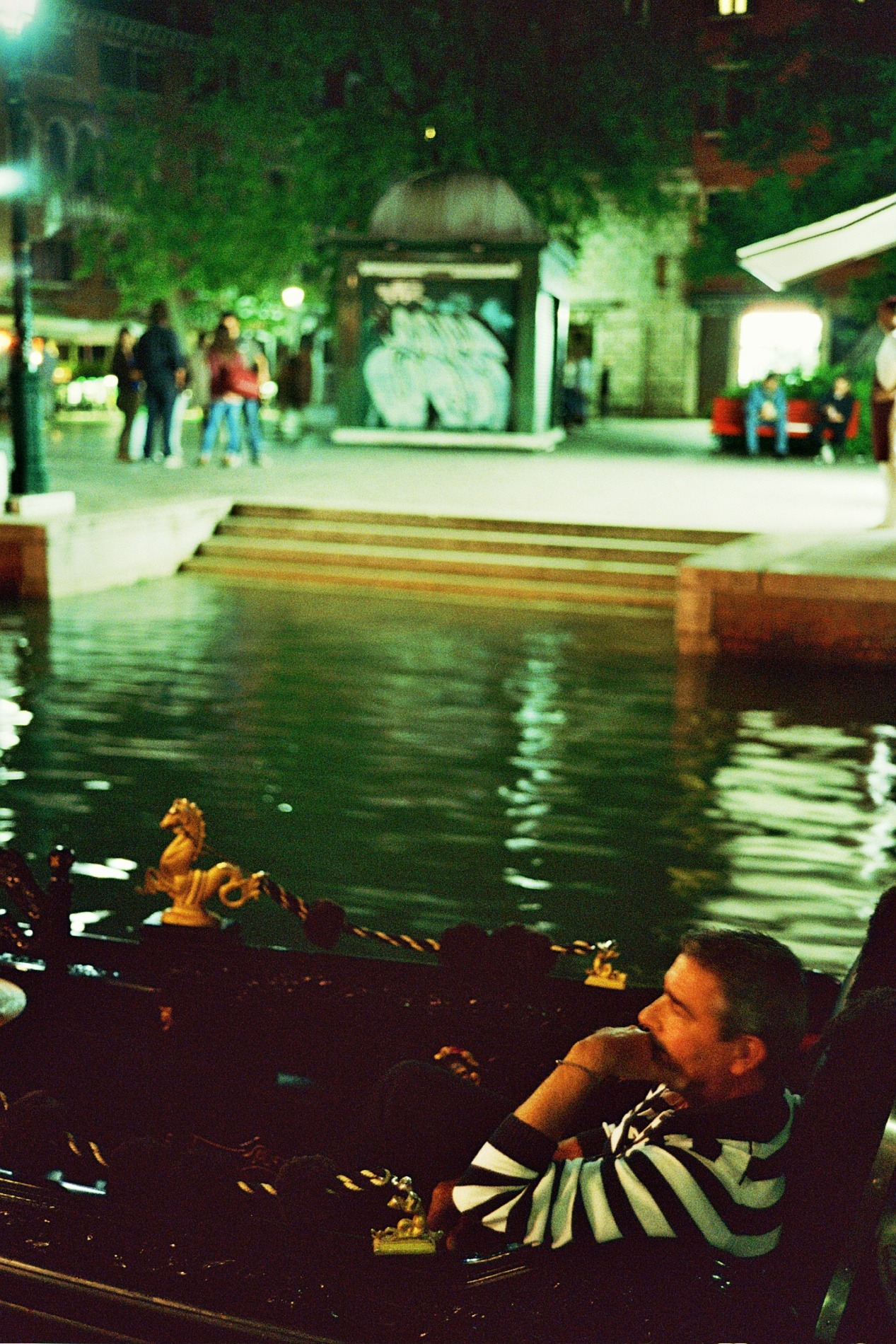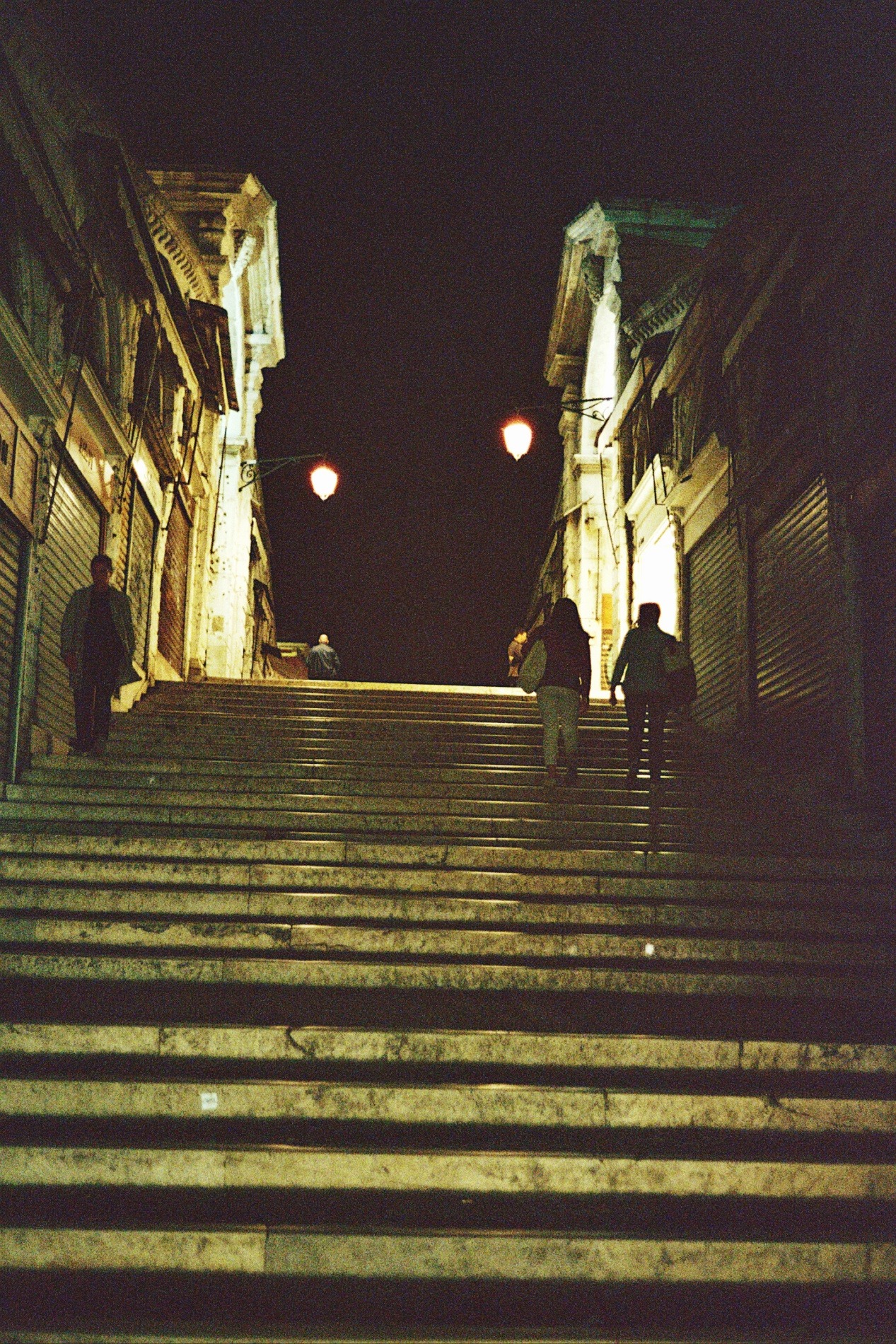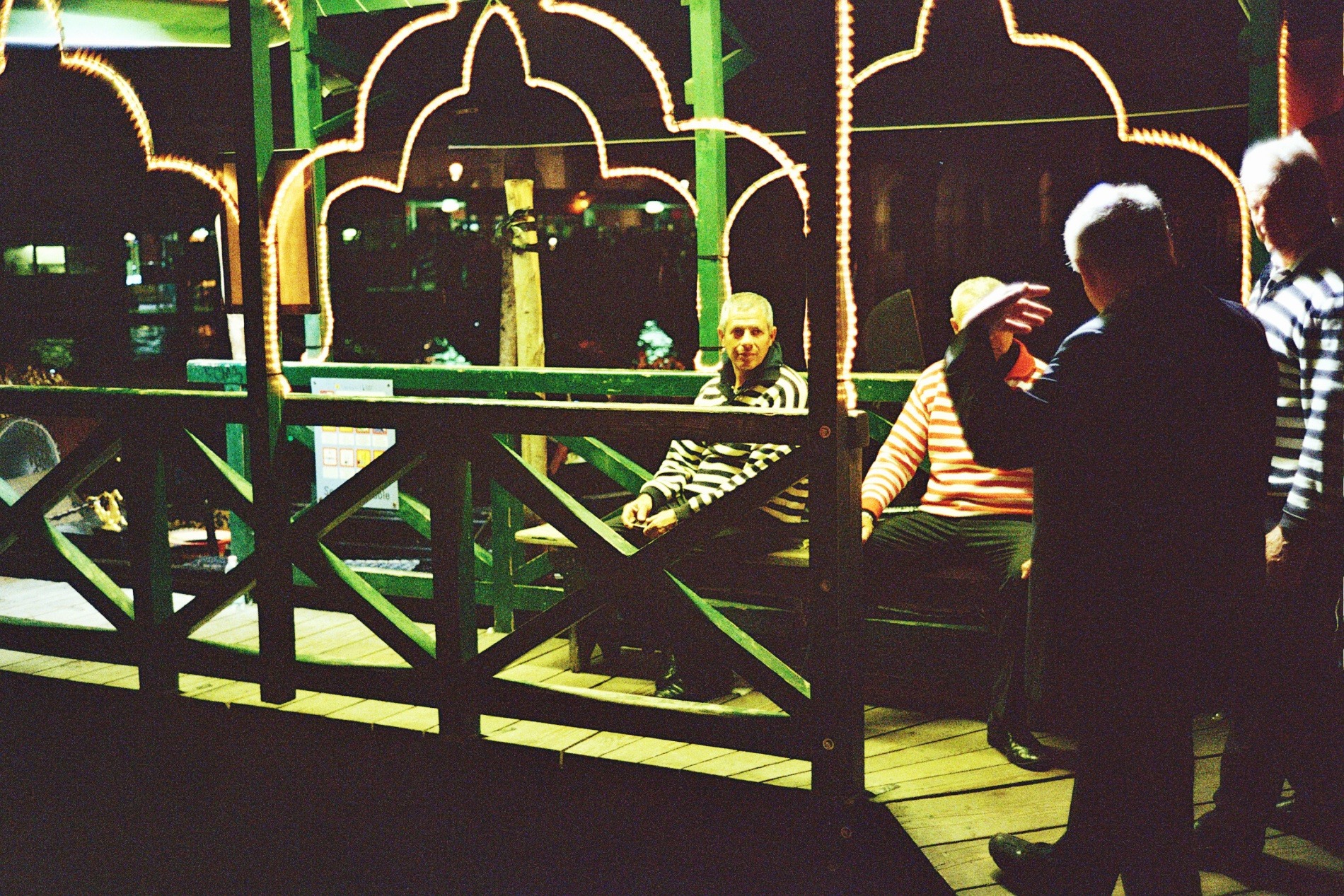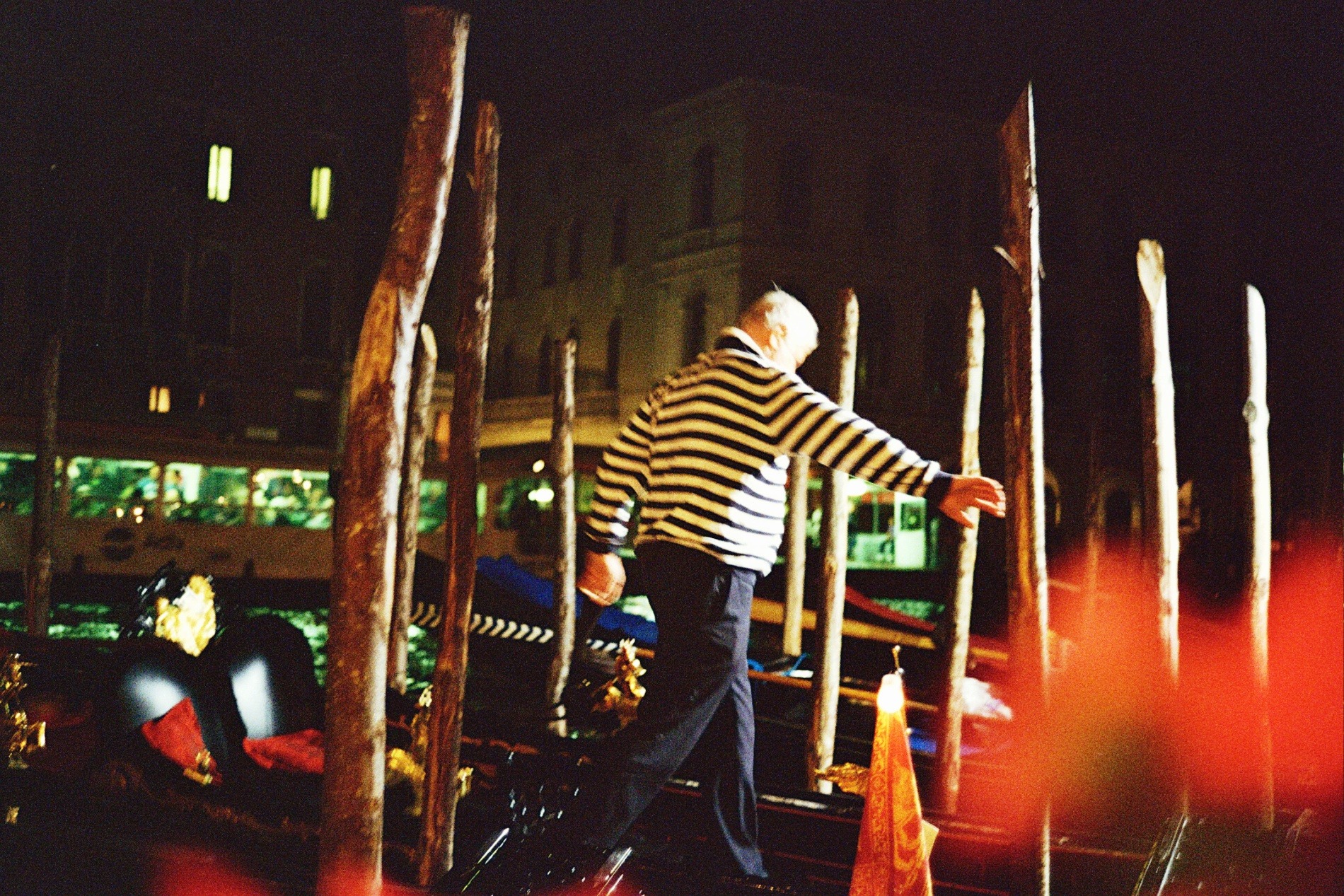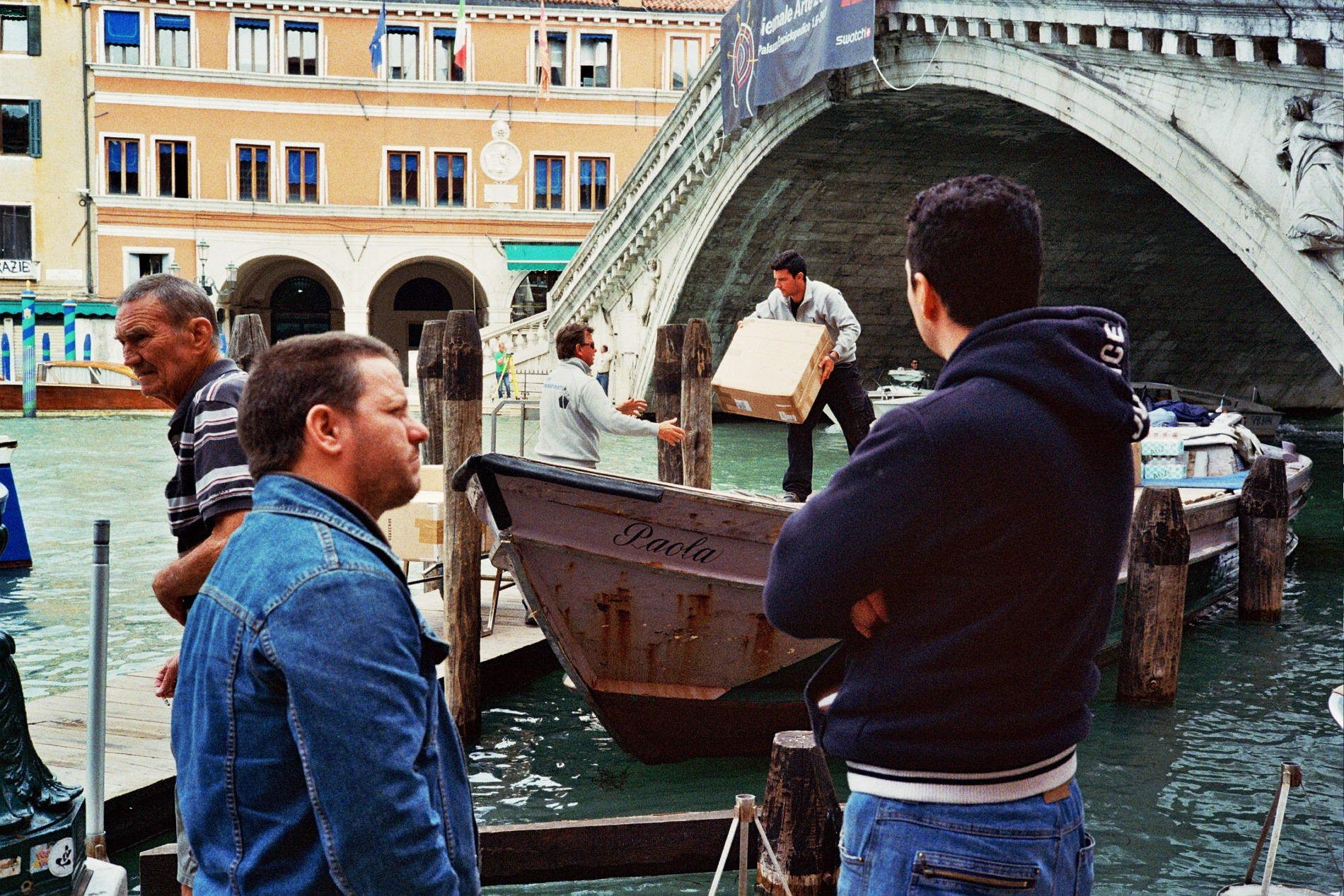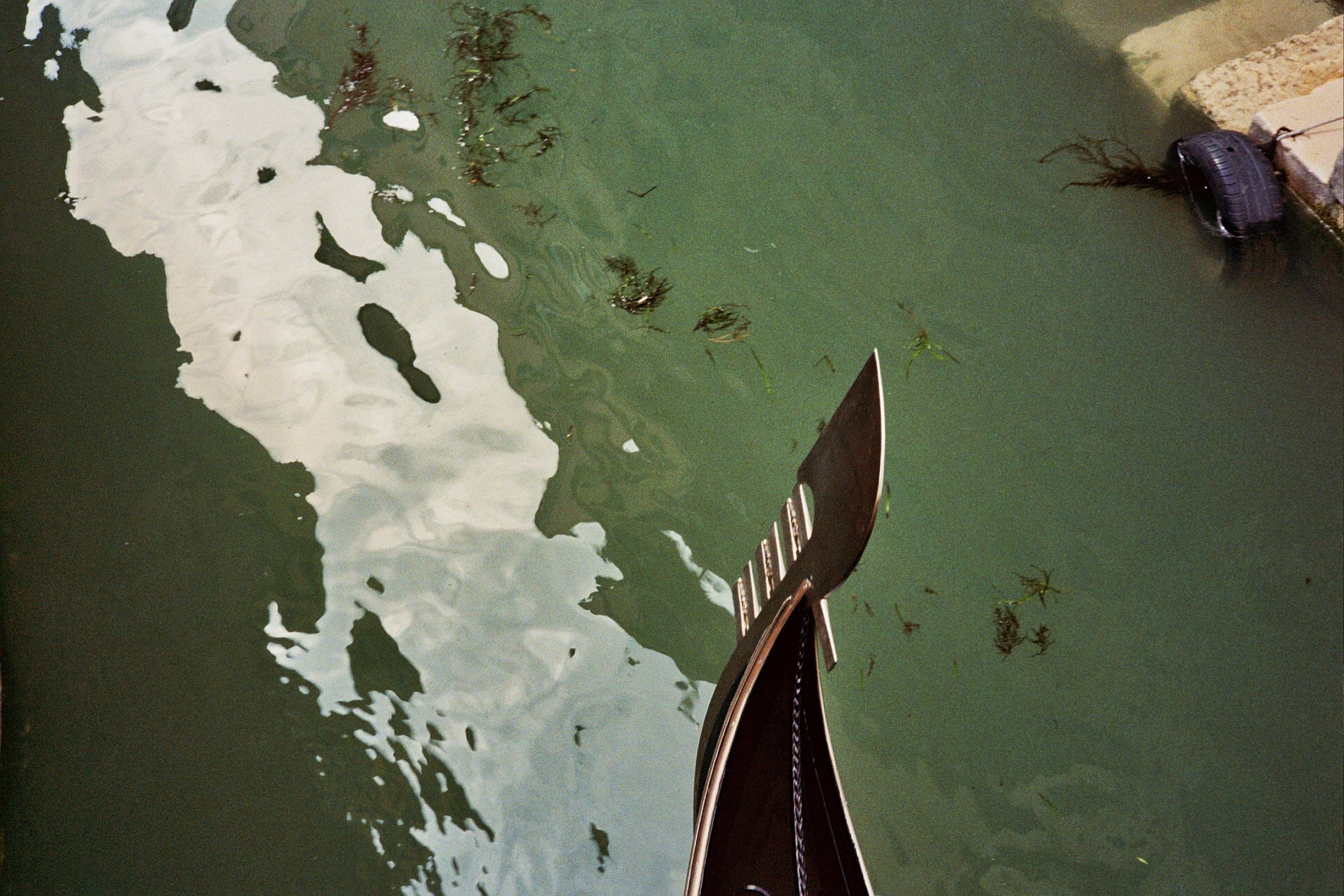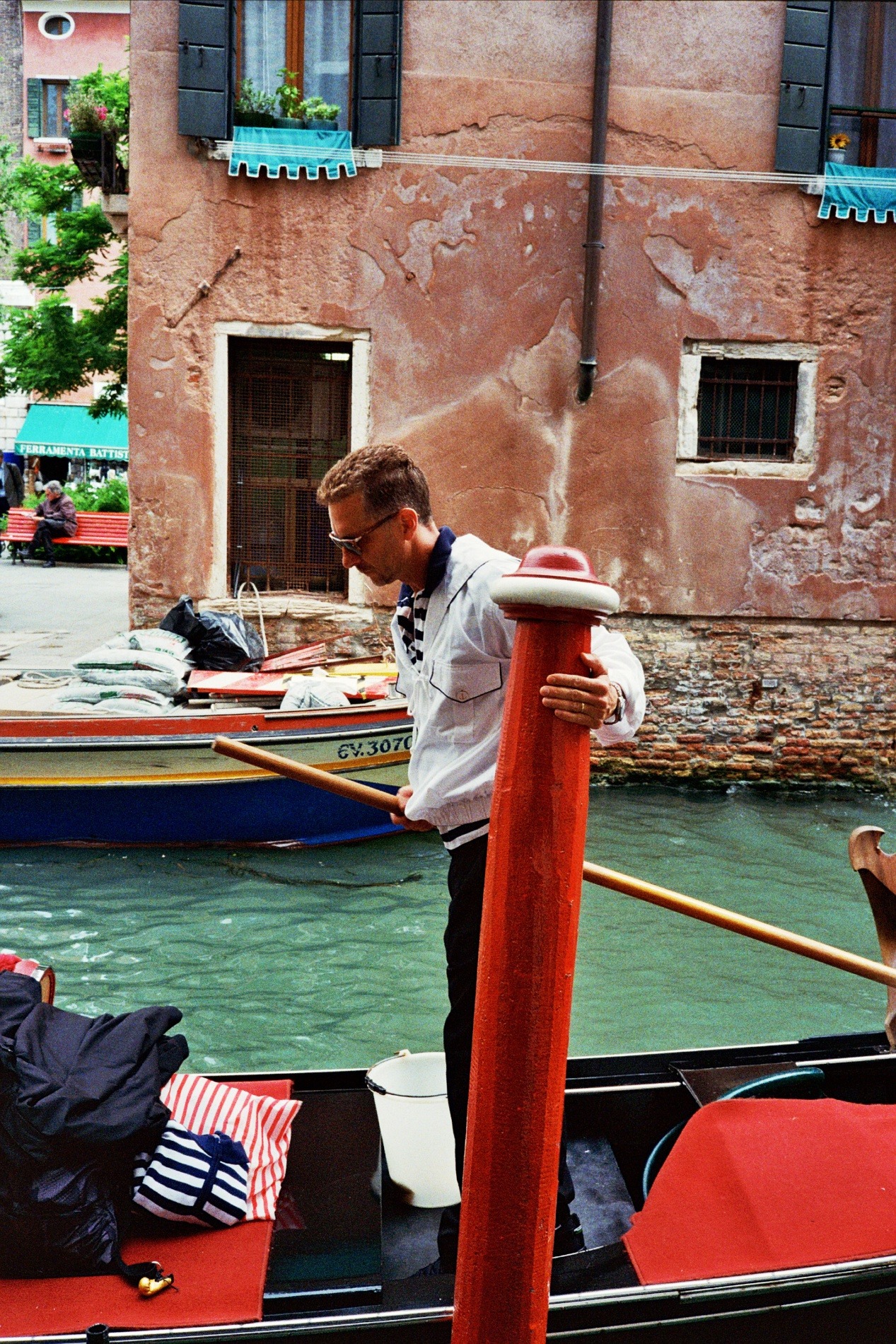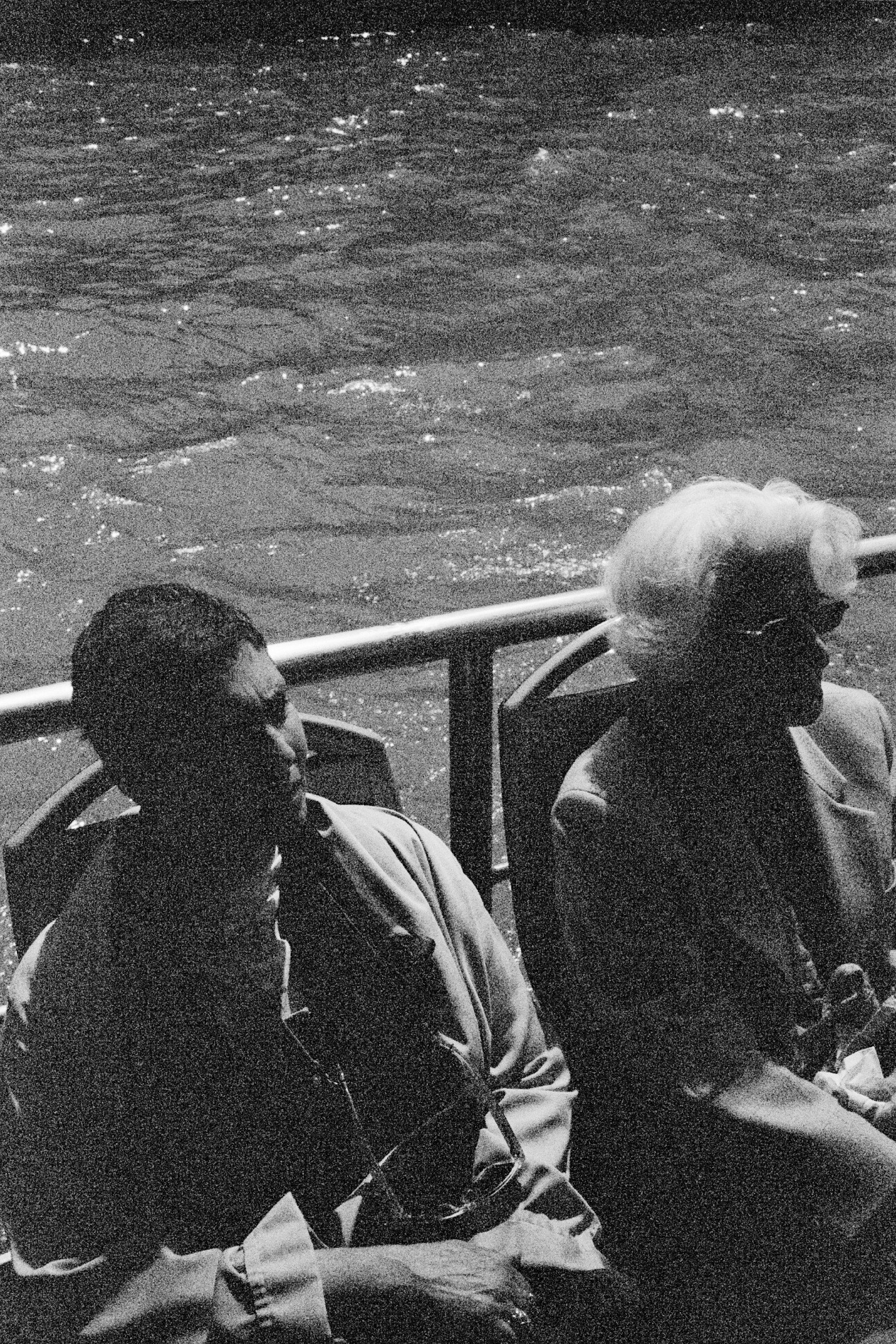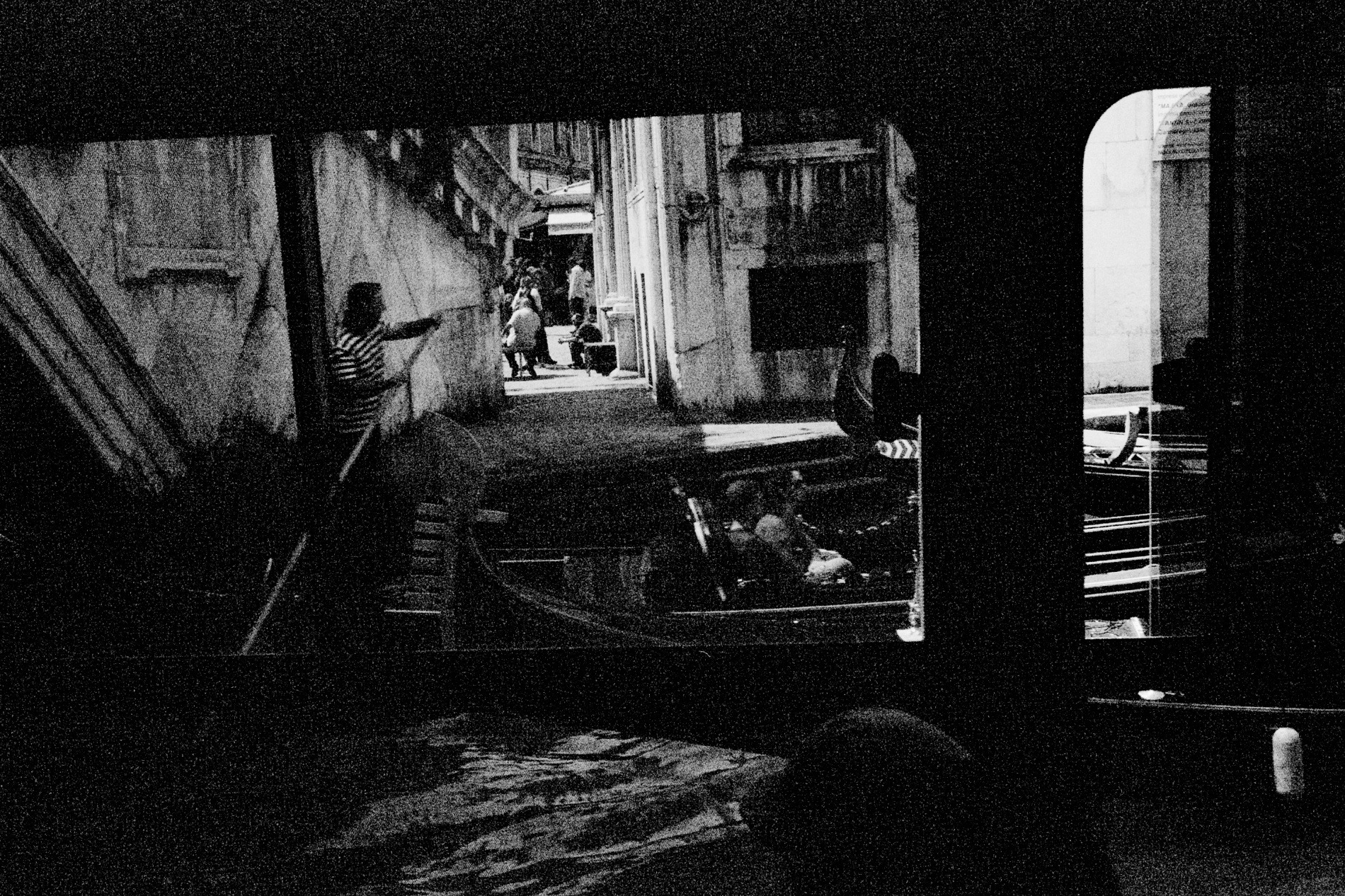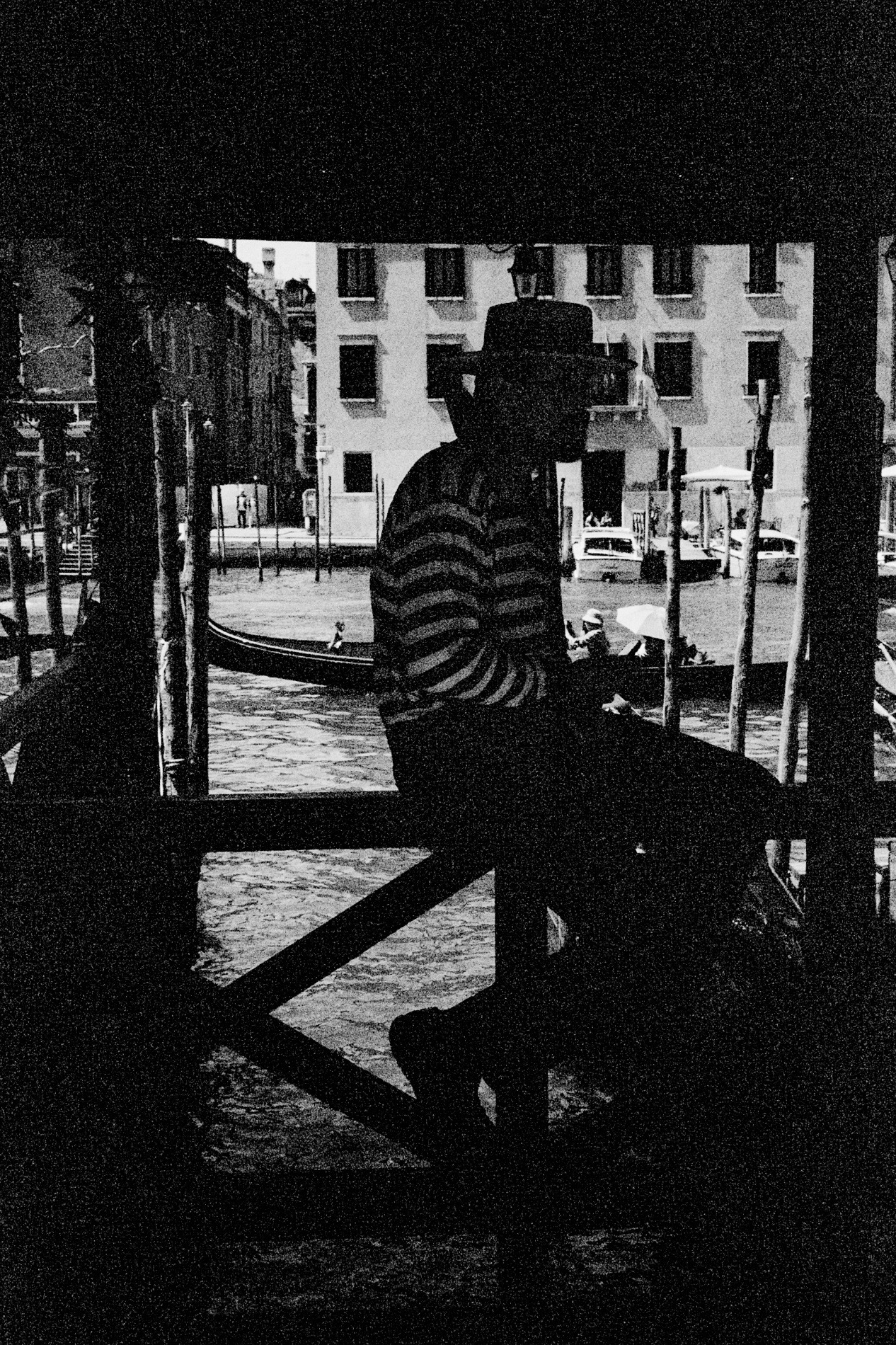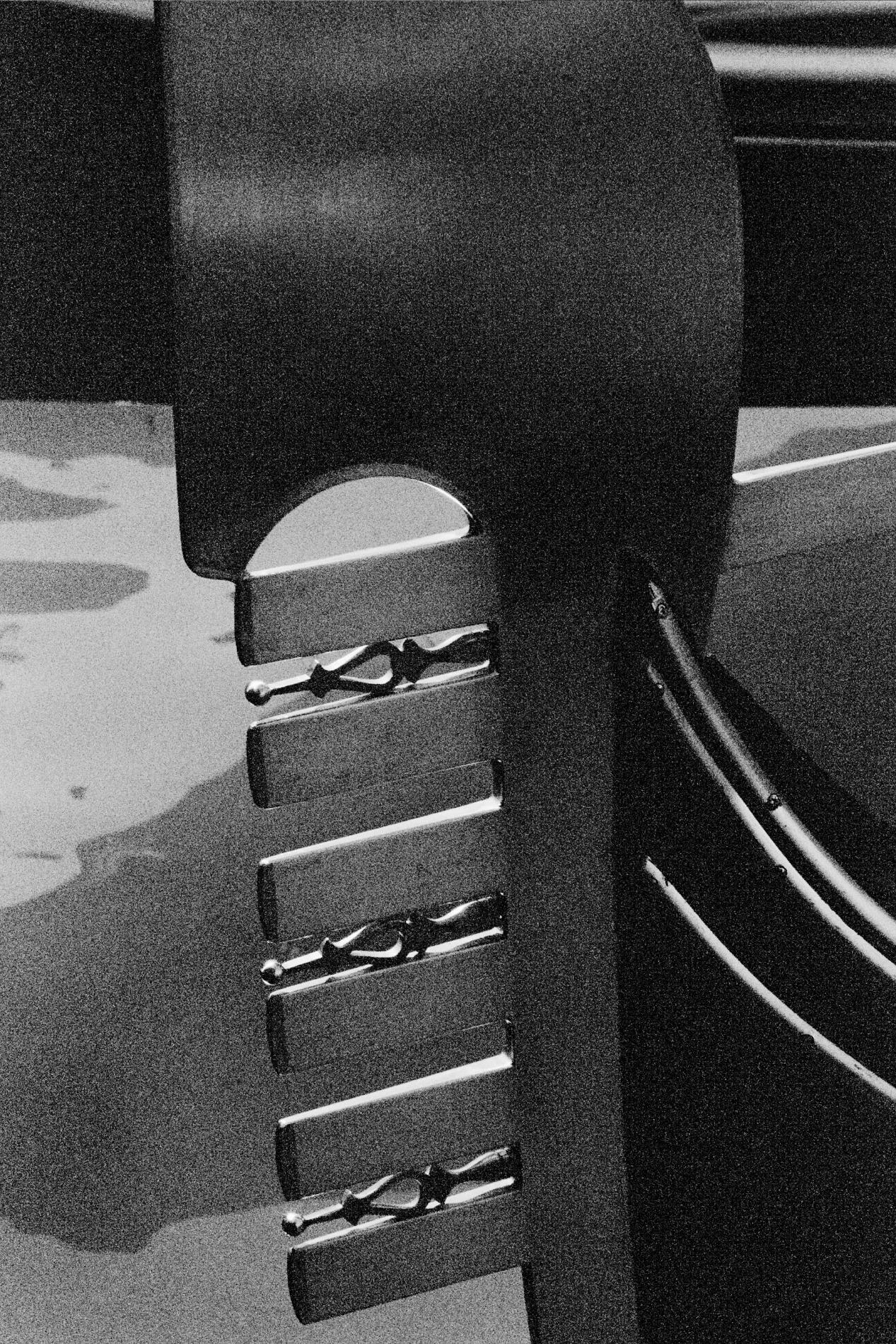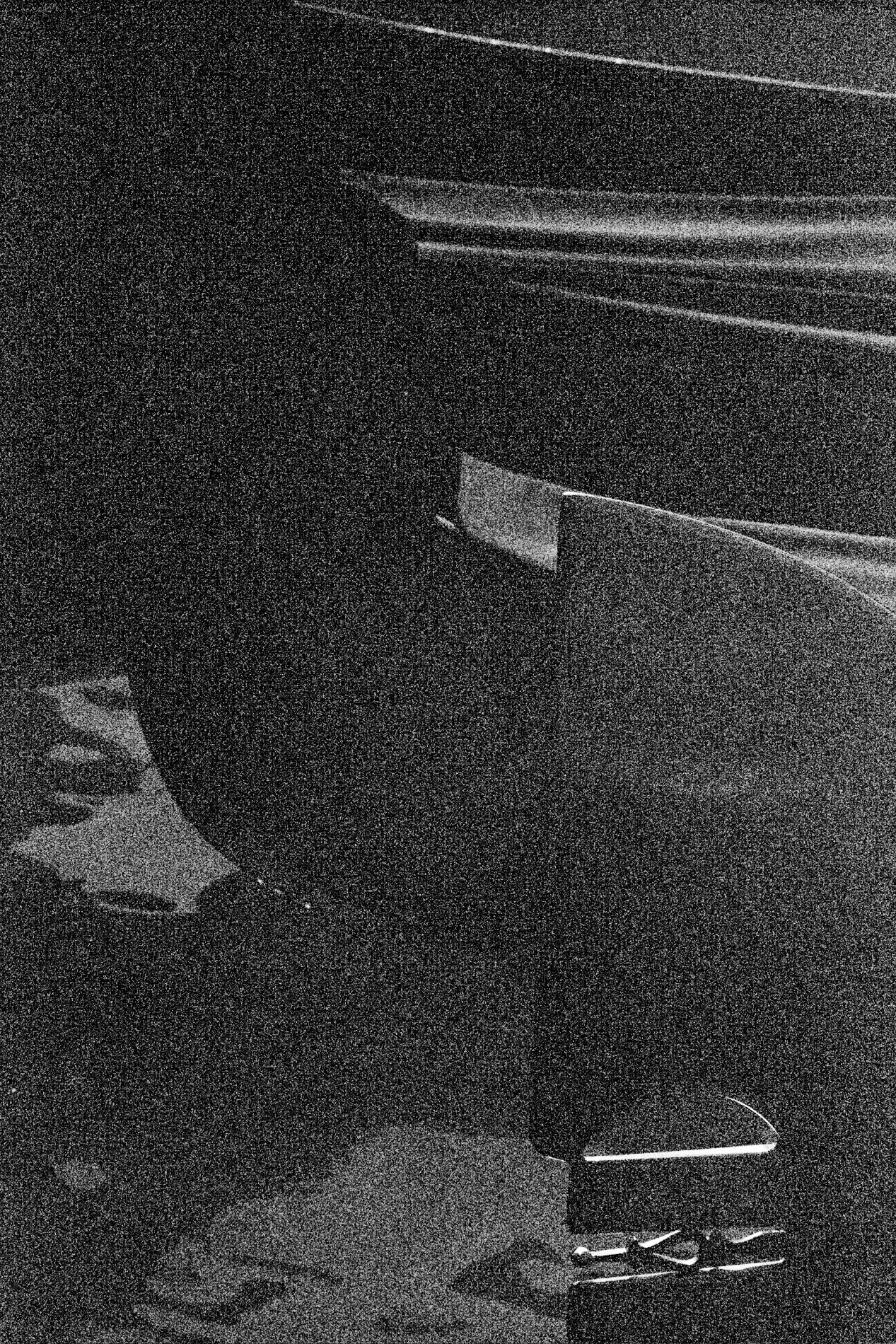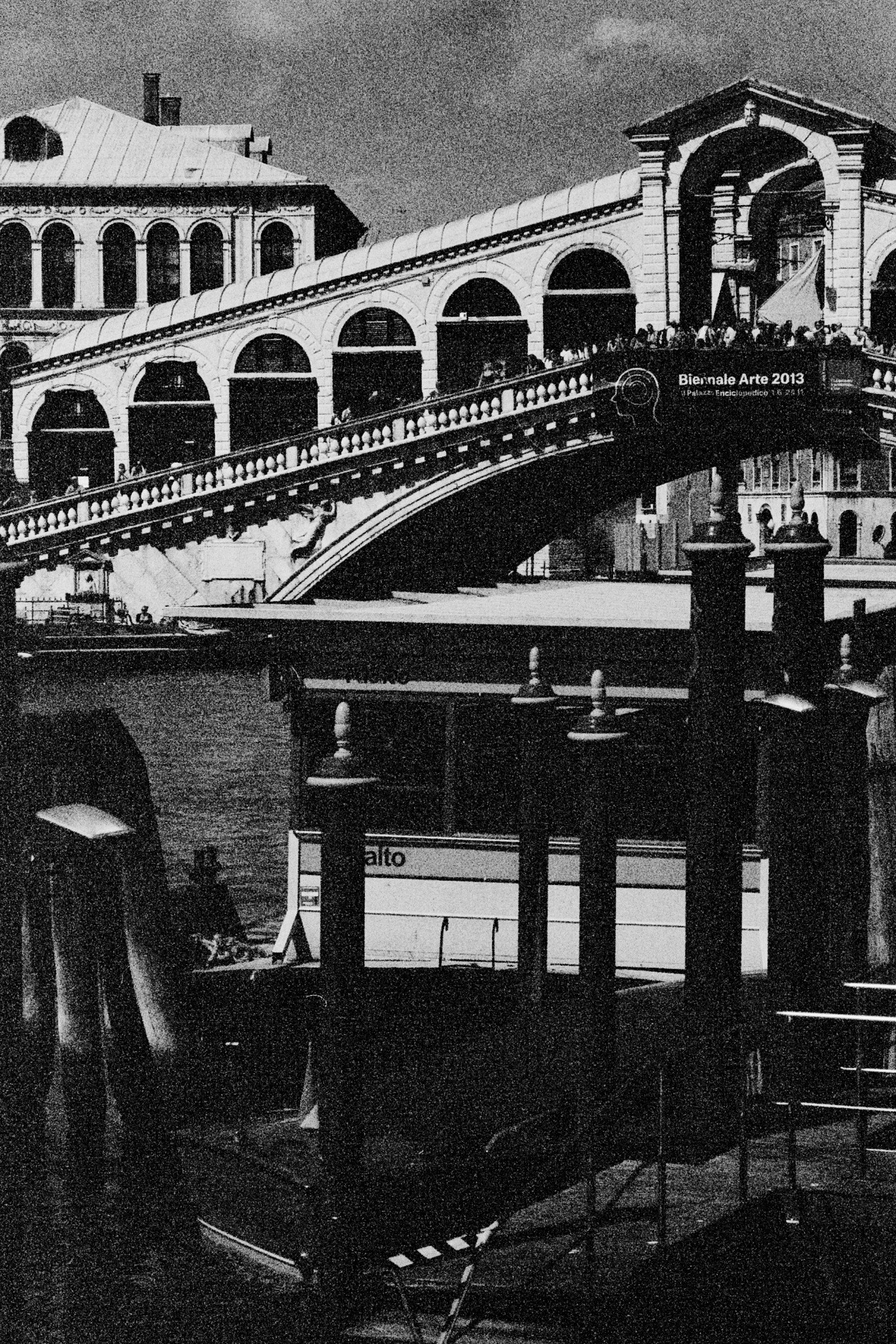I find myself in a funny predicament - I had shot very little film as a young boy (I loved taking pictures when my parents and I went to Thailand which was absolutely great) and I love film now - I've been shooting more and more since April when I got my M7 and what strikes me with film is how wonderful the feeling is to know that the image is crafted - not just made but crafter: I load the film myself, I carefully choose what to shoot, I rewind the film myself, I develop the film myself, and only then do I enter the more digital world of scanning. The development of the film is a pleasure like no other - loading it in the spool blindfolded, mixing the chemicals in the magical movement of stirring every minute (as if one brews a potion), and then pulling out the negative and looking at the pictures for the first time - it is like magic indeed. And every time, the film comes out to life with a passion - with a soul.
This is what a lot of digital photography isn't about - it tends to be about quick shooting of many pictures, and the plastic-ifying of colours and textures. And this is where some digital software comes into play to create effects that mimic the dynamics, the imperfections, and the colours of film. VSCO (Visual Supply) is a company that has been creating digital tools for the photographers who want to instill soul into their work. One of their more unusual products (VSCO Keys, which I am yet to try) is quite different from other digital tools in that it enables one to get closer to the grafting of the filme with their hands - with movements and typing - it is reminiscent of writing in which the real tool are the fingers and not the keyboard on which it is written.
But it is not about VSCO Keys that I want to talk about but about their presets. In fact, not even about that, nor about VSCO Cam (Reloaded - which is an extraordinary deprture from other camera apps). I want to talk about their ambitious goal - to create beautiful things and to share them with the world - their VSCO Grid.
Their presupposition - when we were kids crafting - is what fills me with emotions - because photography for me is indeed about celebrating both the "beautiful" and the "broken" in life. Because we can be cynical but when we were kids, we were ballerinas - pure, elegant, spontaneous, playful ... - and that's what I aim for with my photography - to campture not the cynicism but the idealism, to encapsulate movement and dance without chains and restrictions, to translate darkness into light, to bend the borders of reality through a blend of realism and imagination, and to liberate the child hidden behind the mask of adulthood. To be pure. Thank you, VSCO!
You can visit my VSCO Grid at Traveller Between Spaces.


















